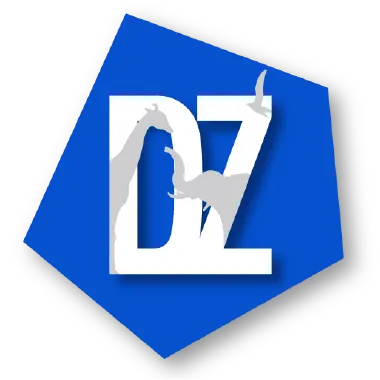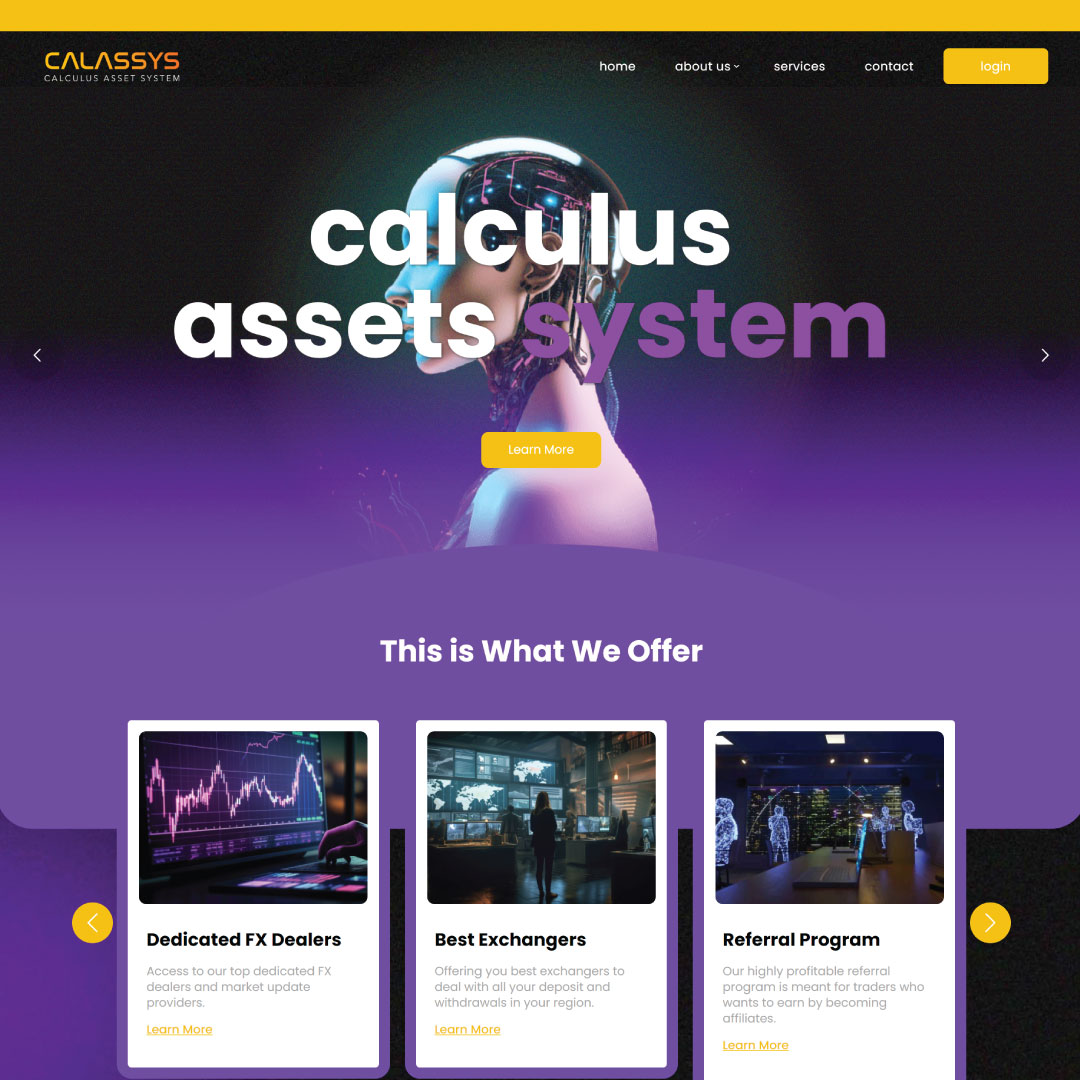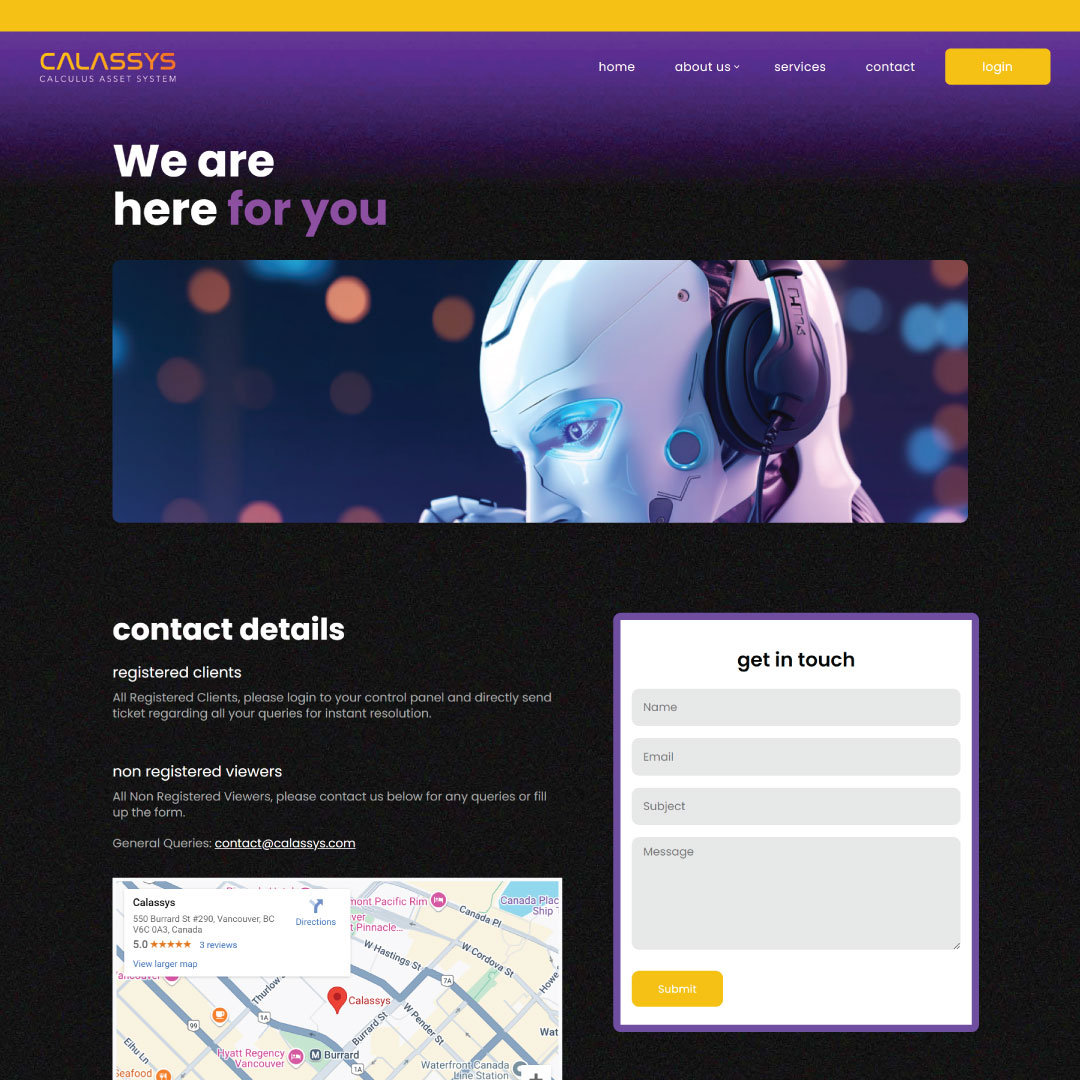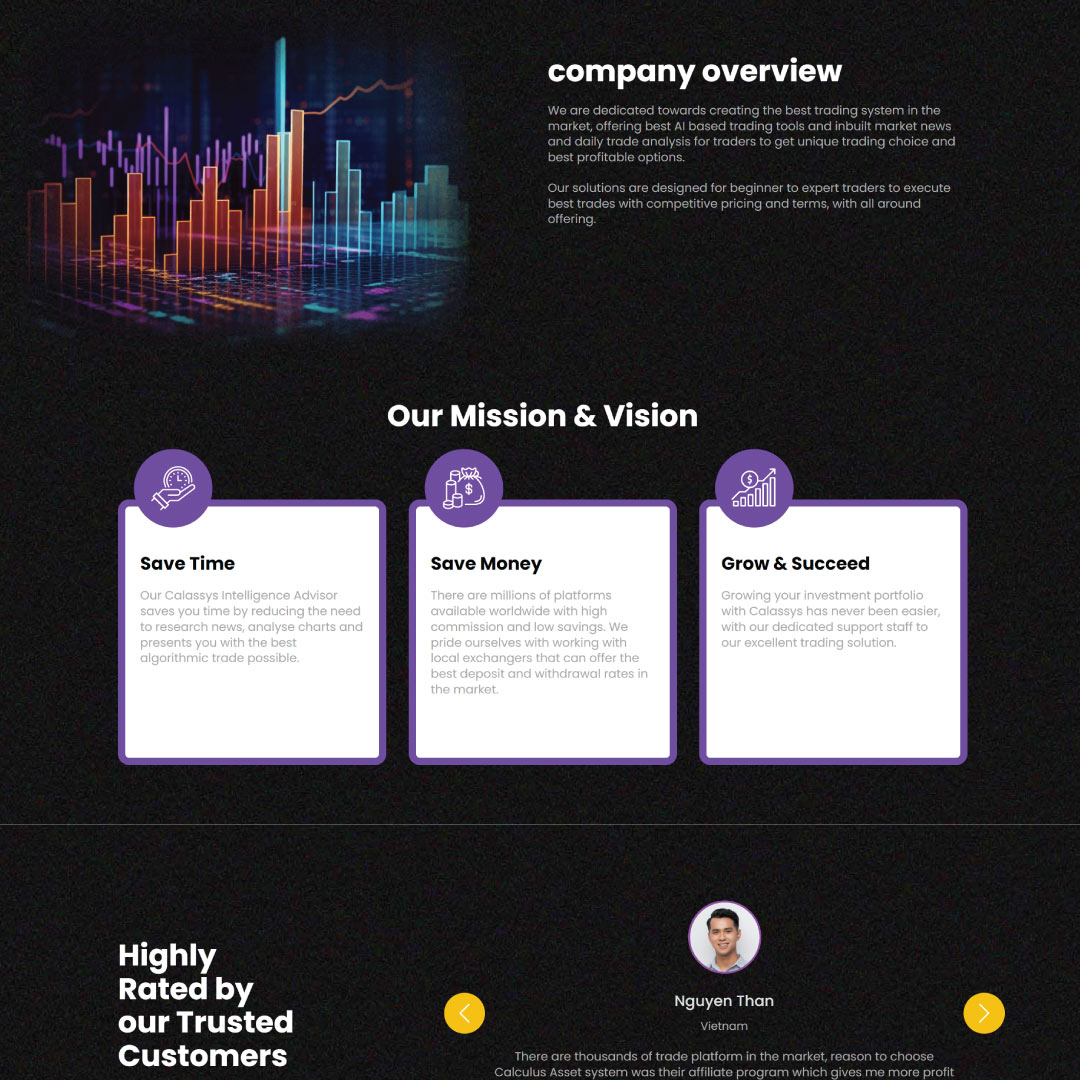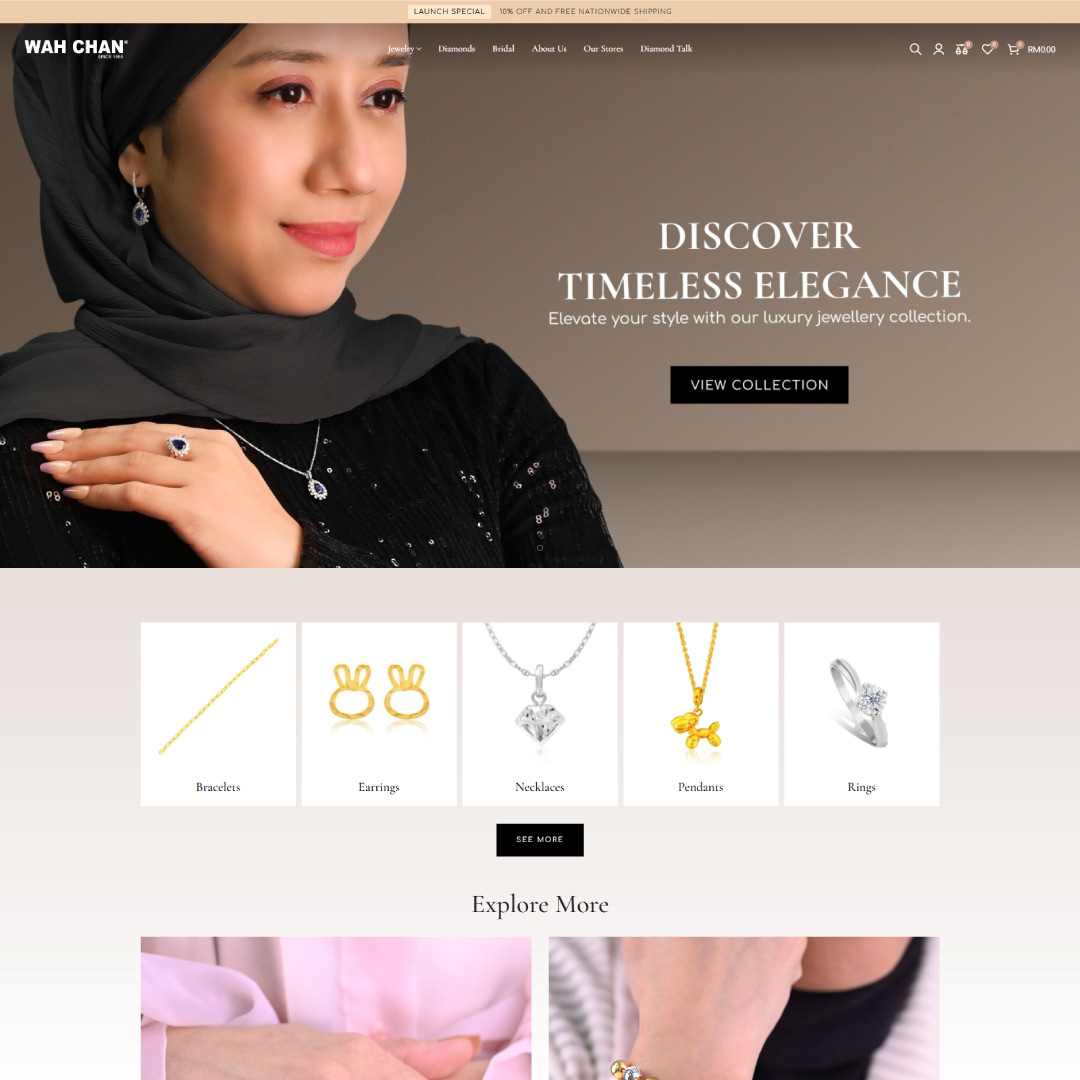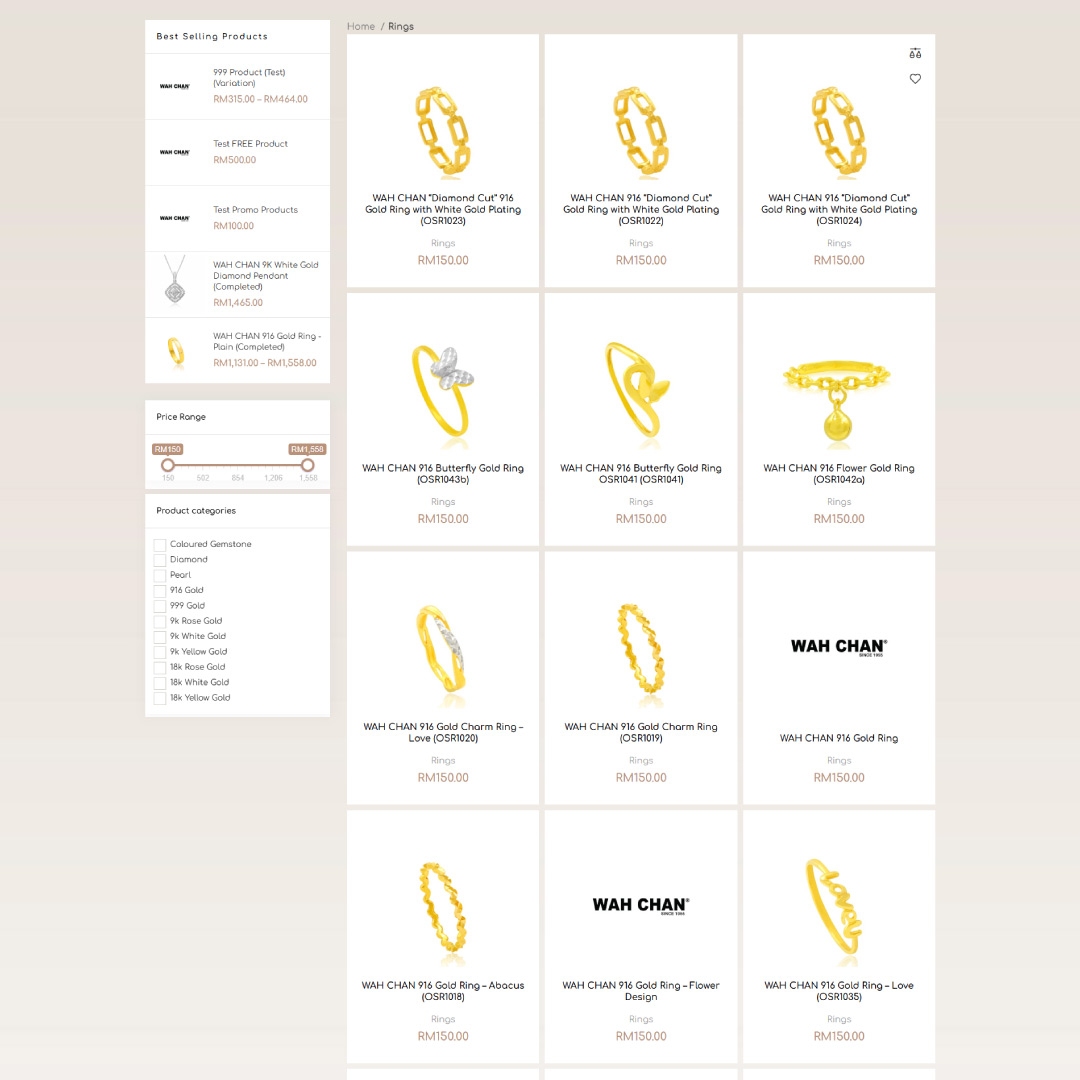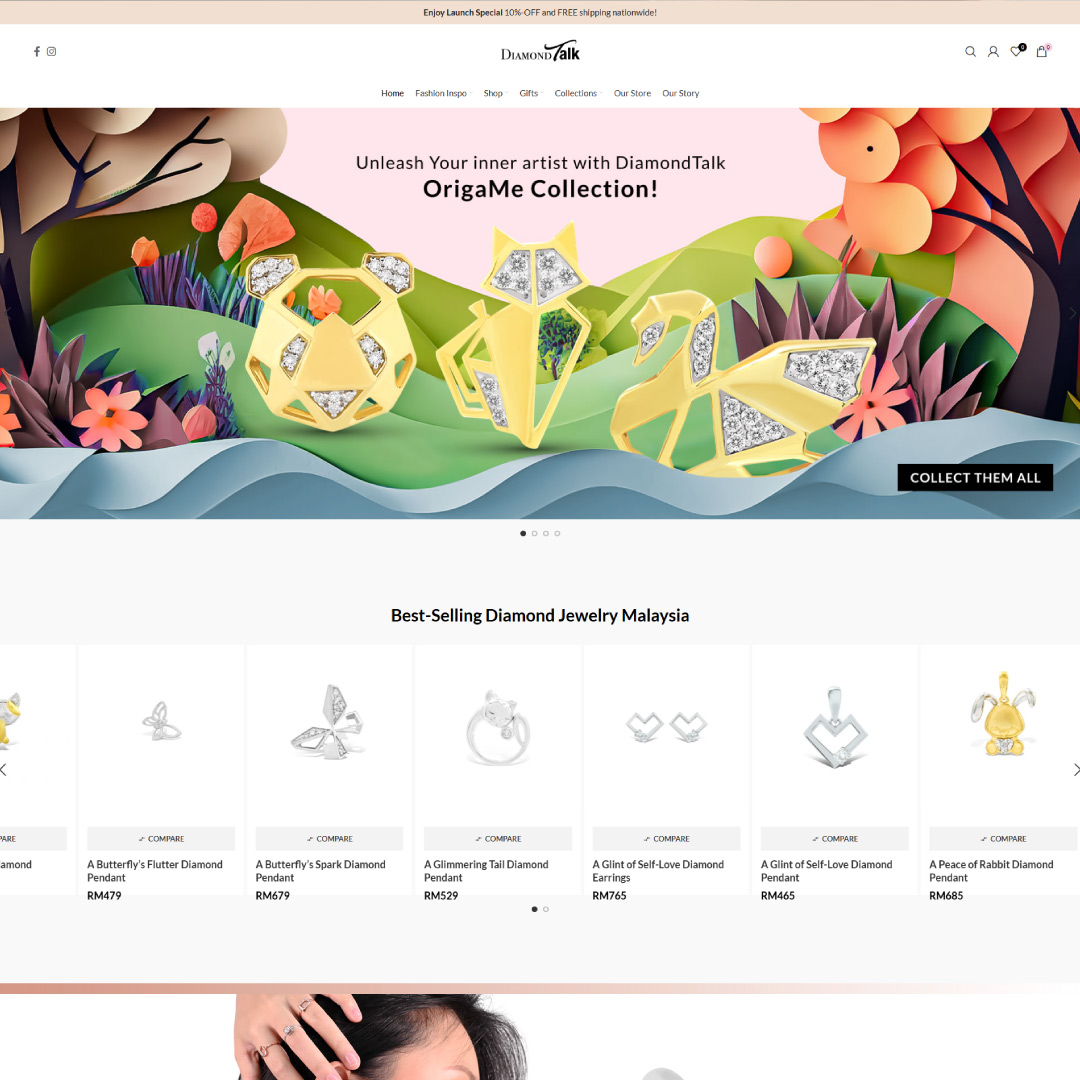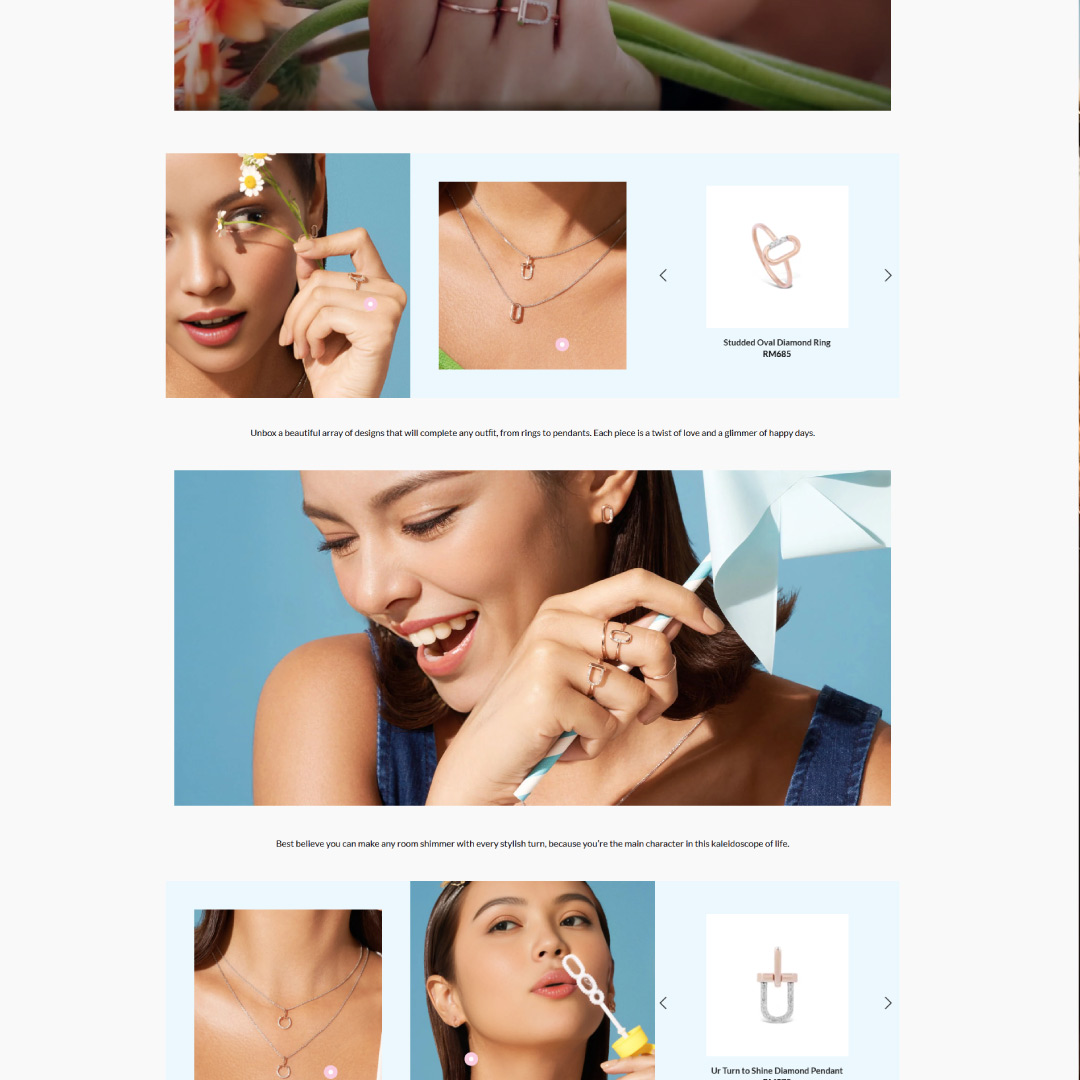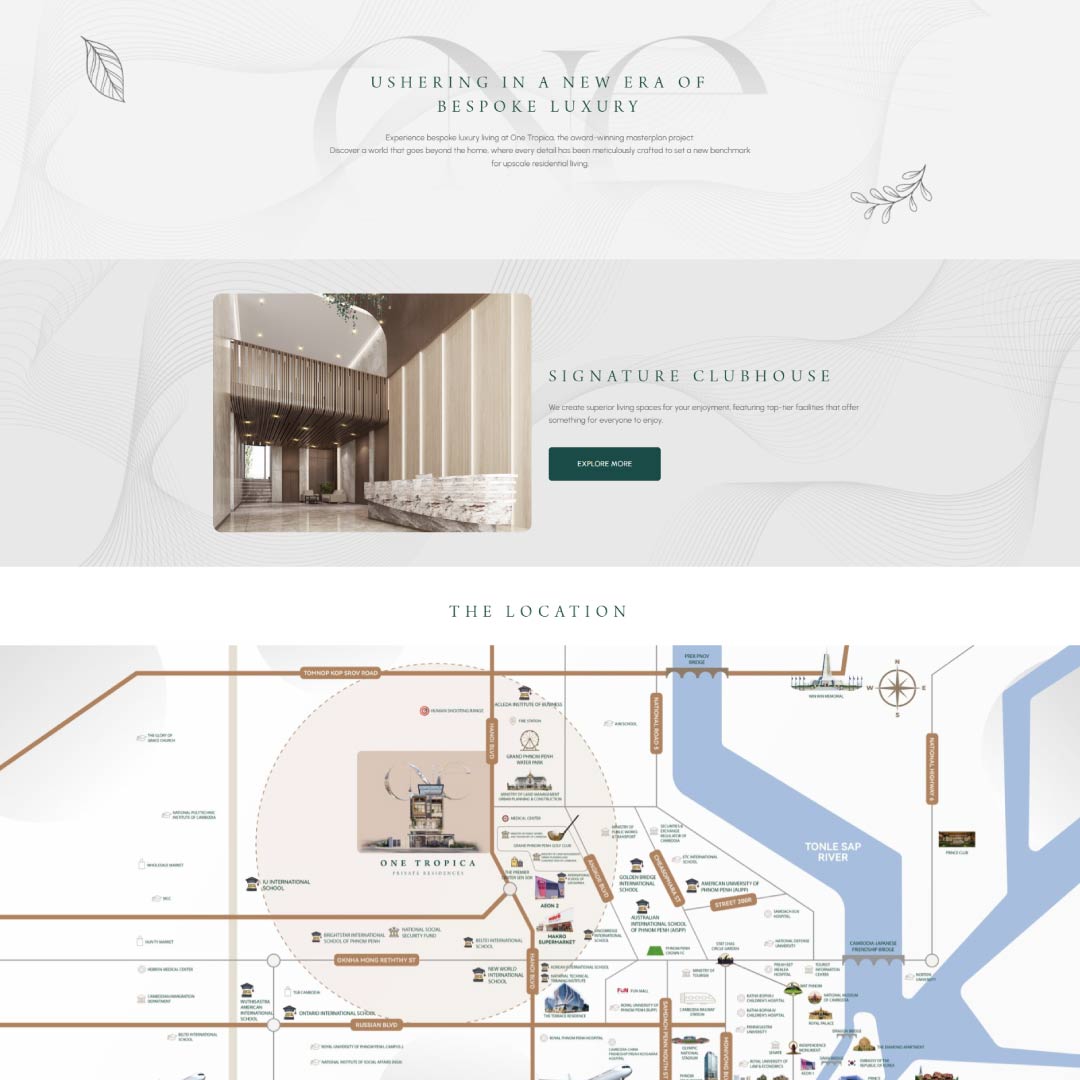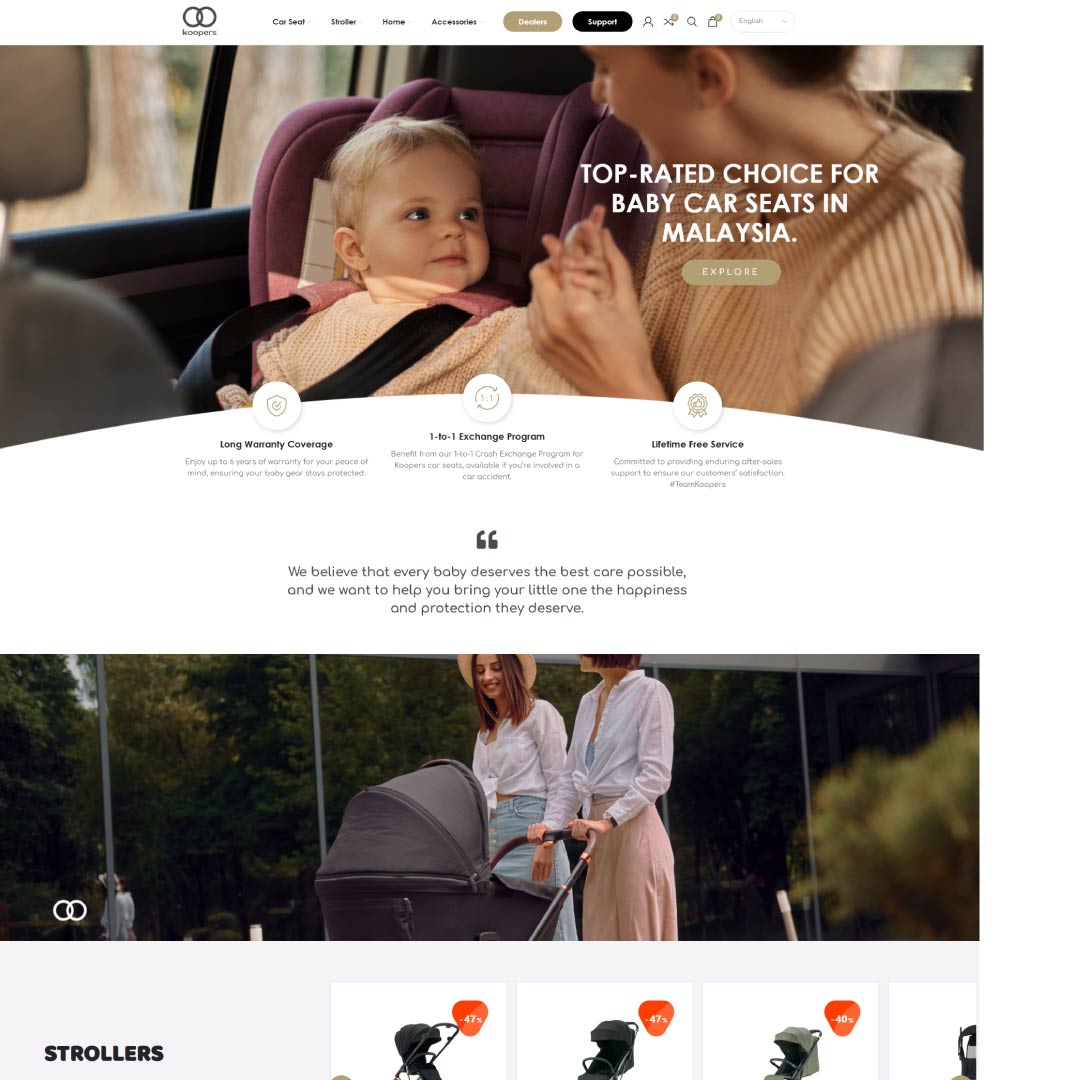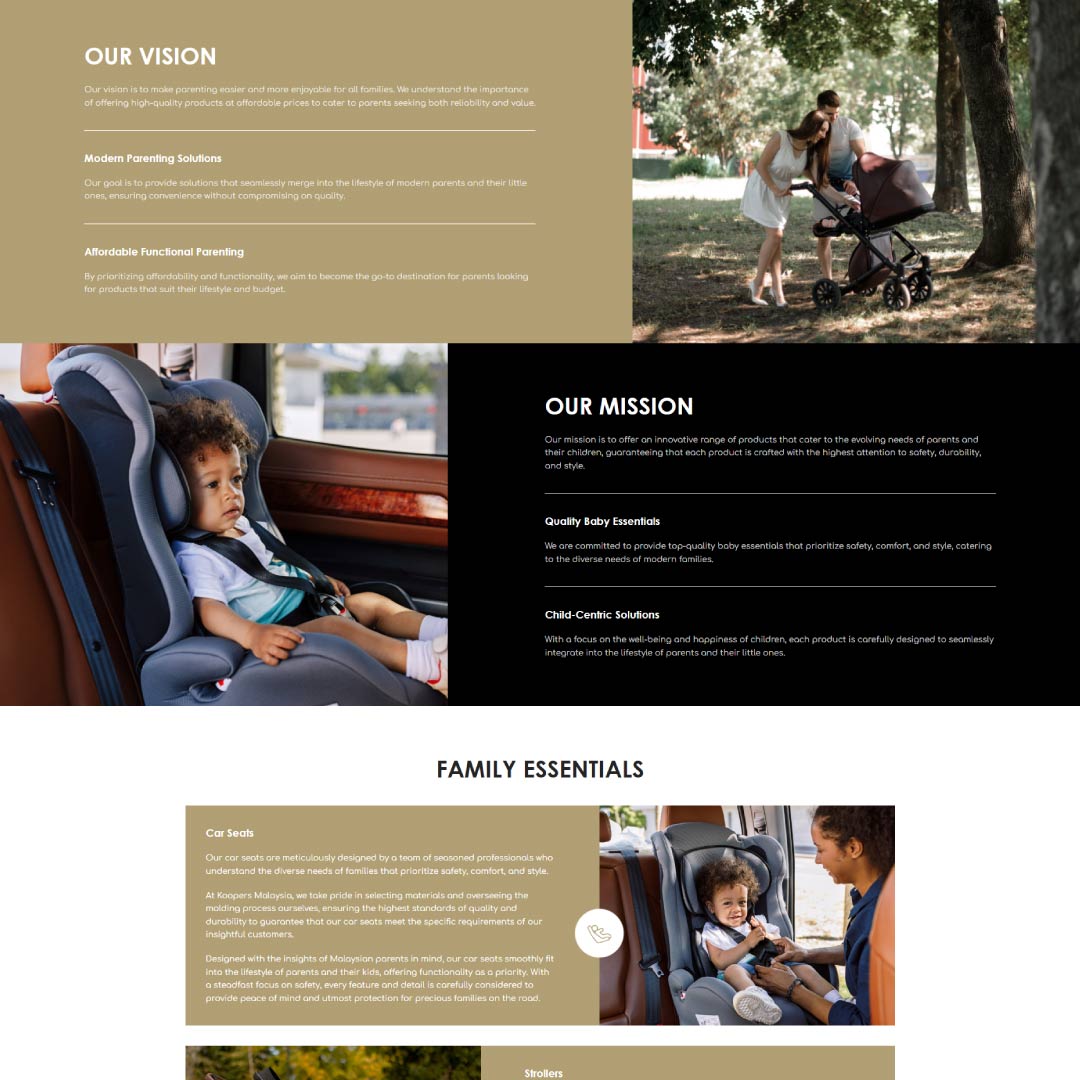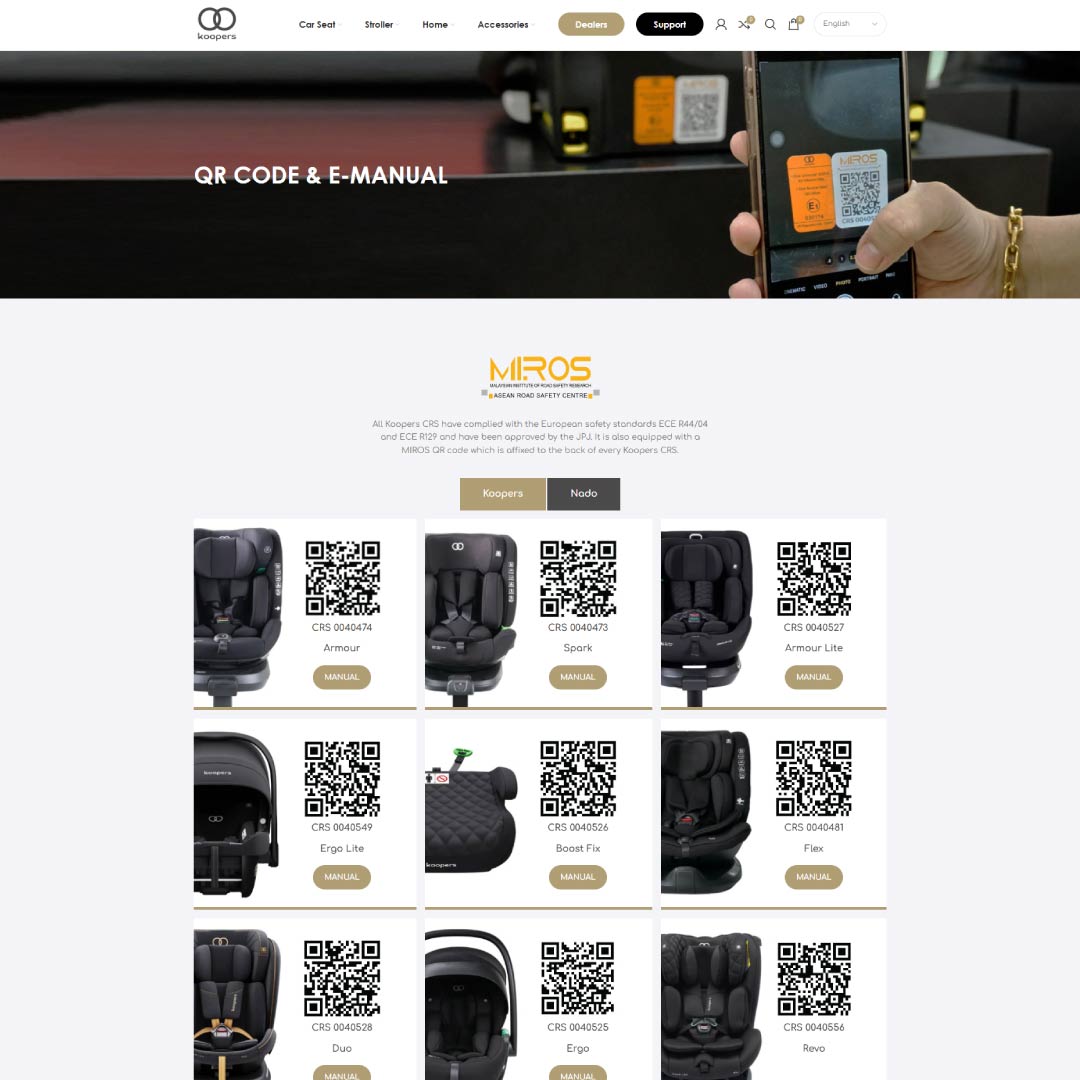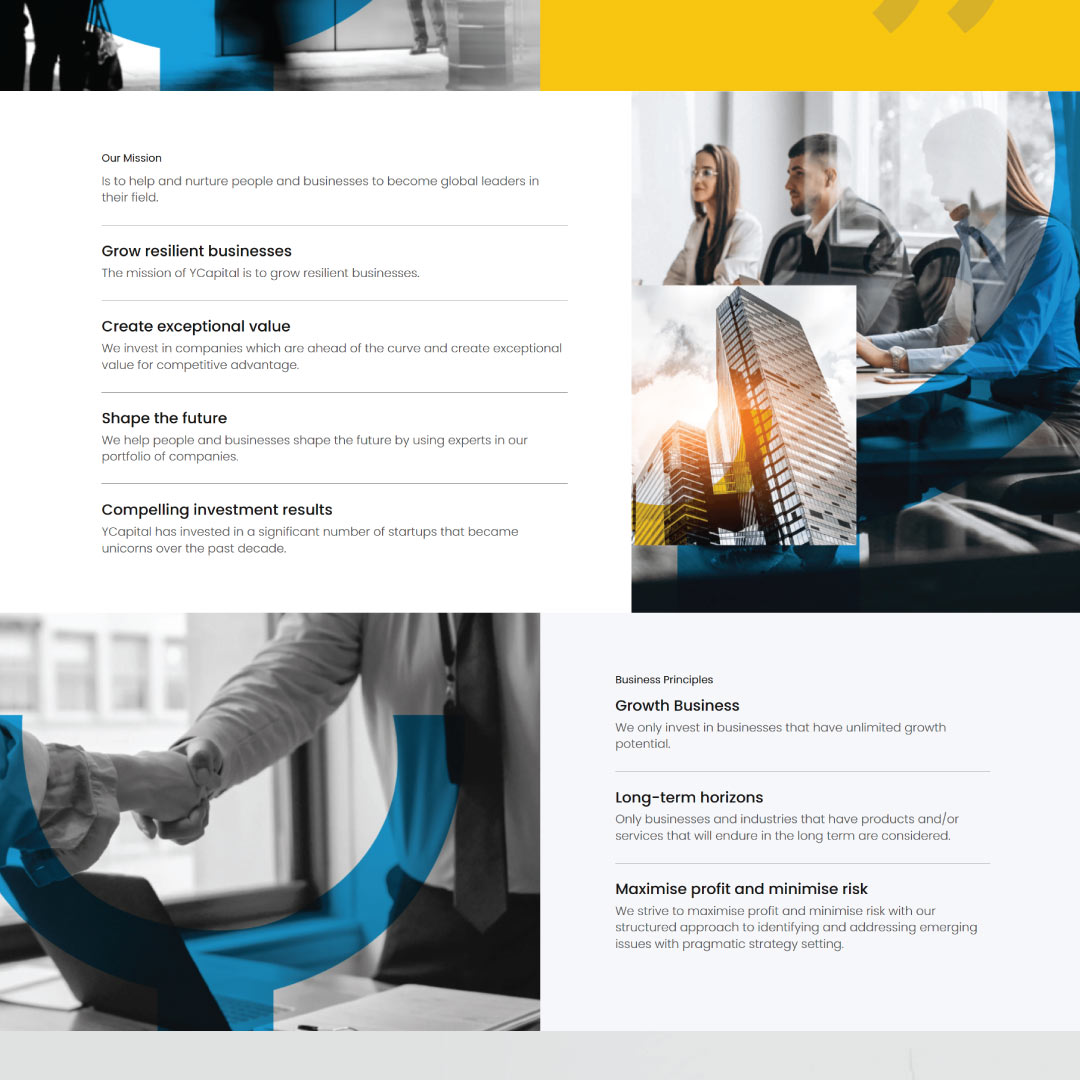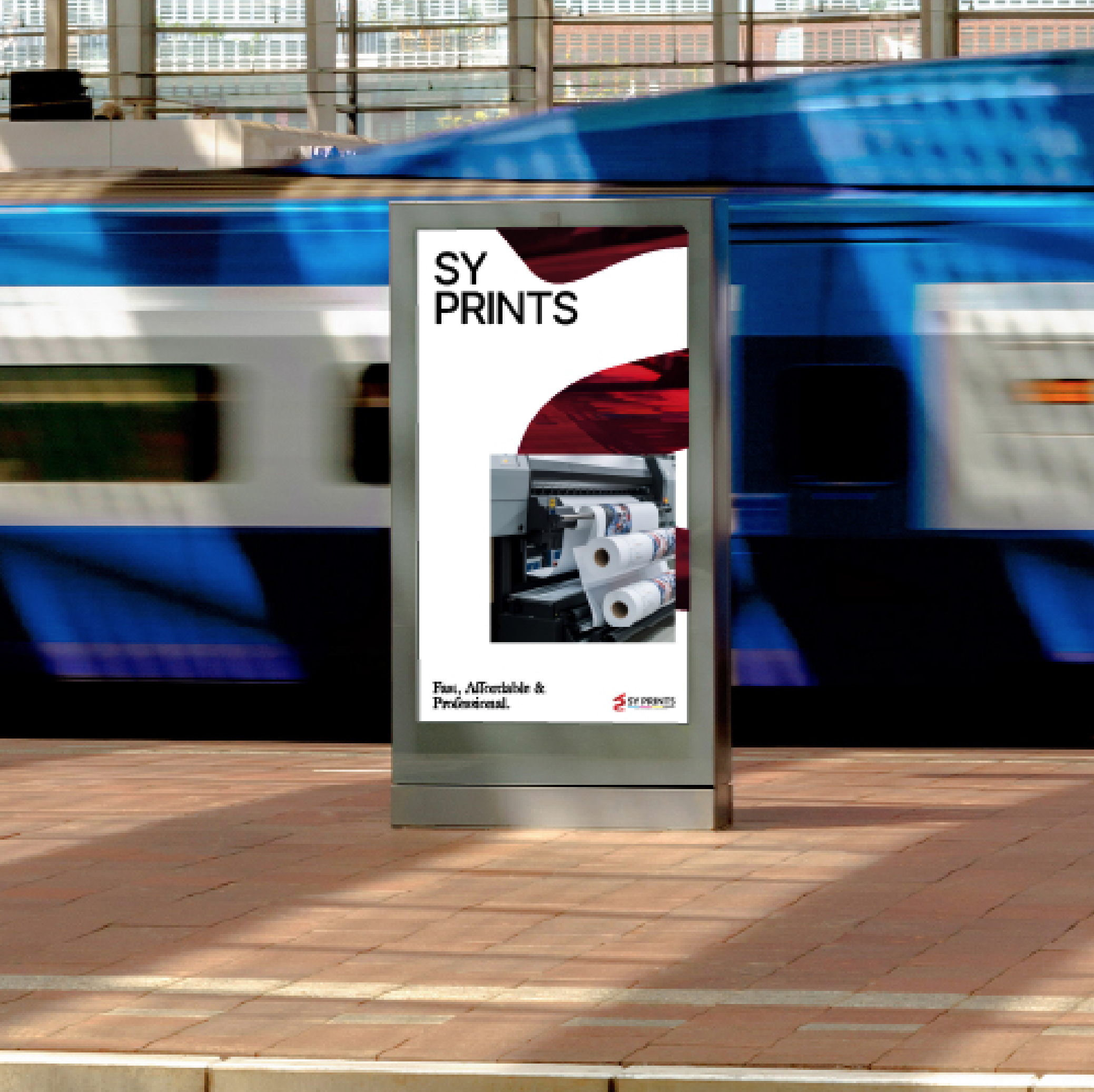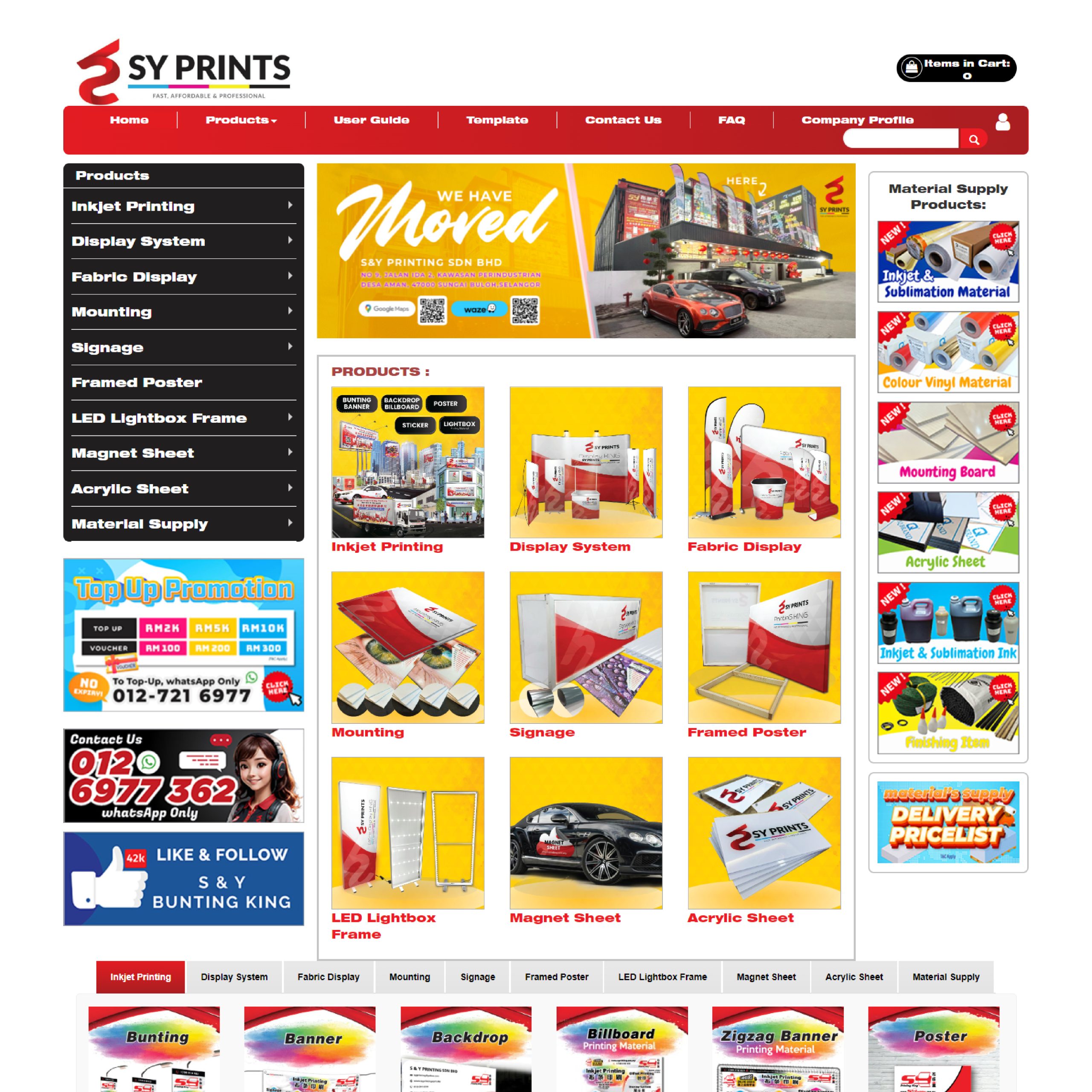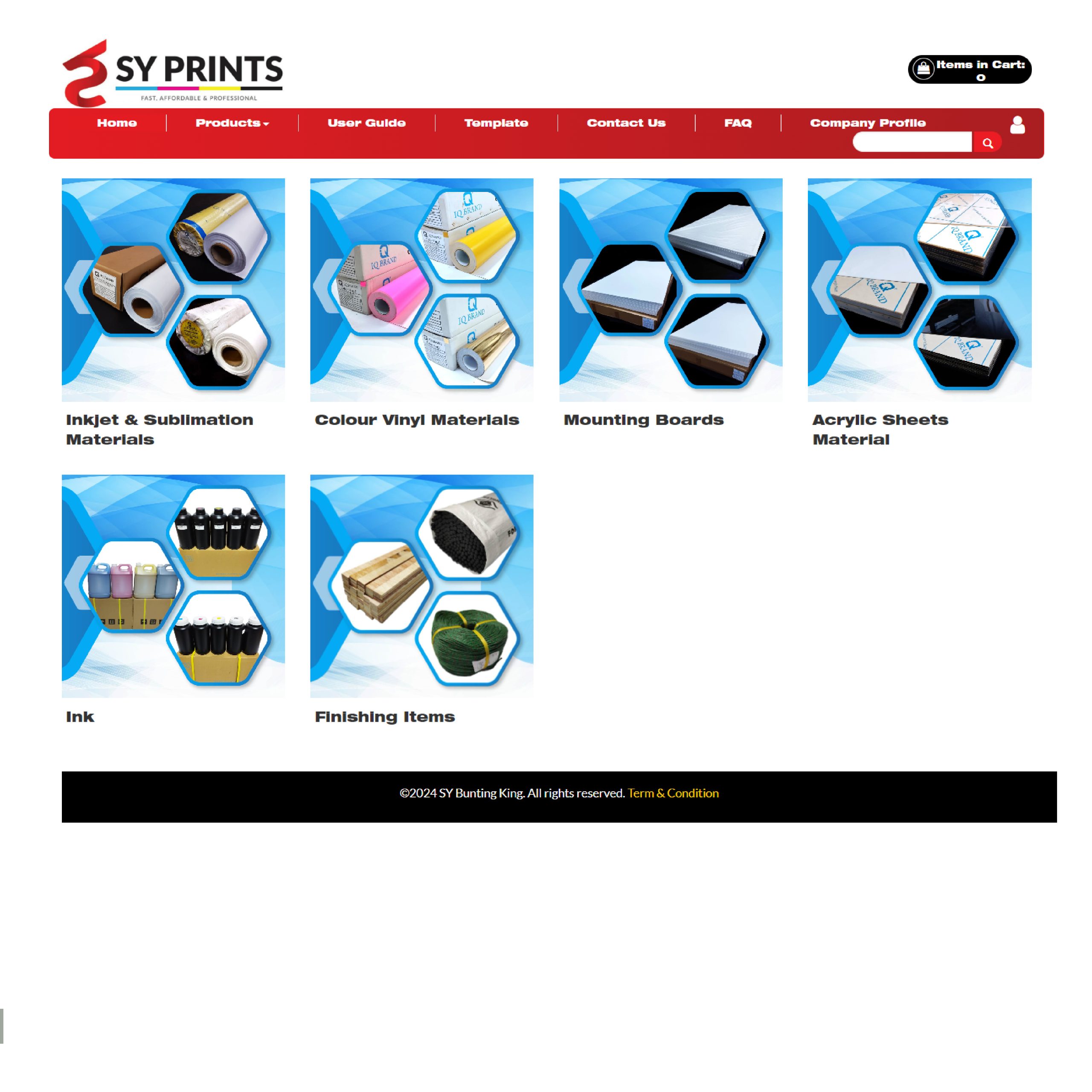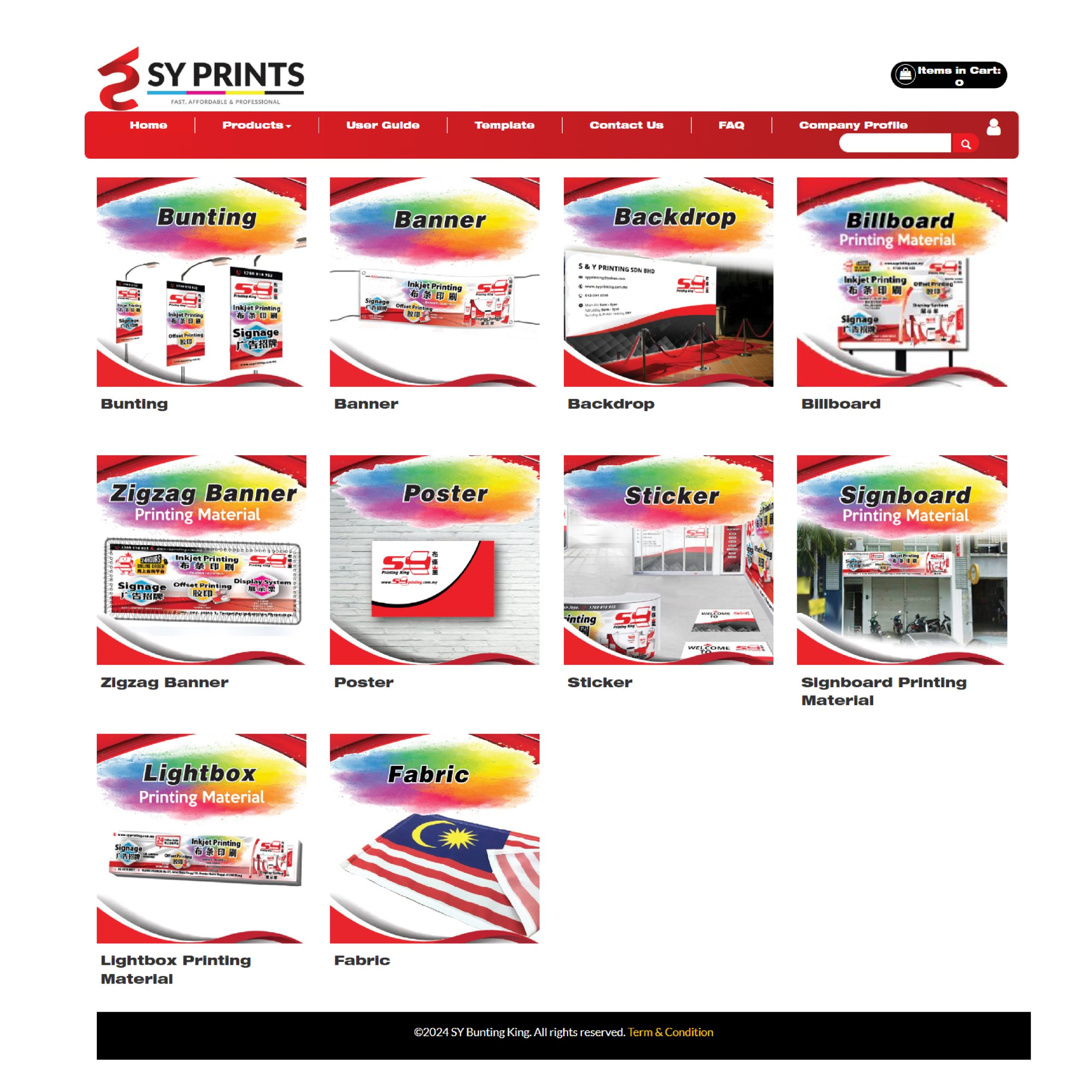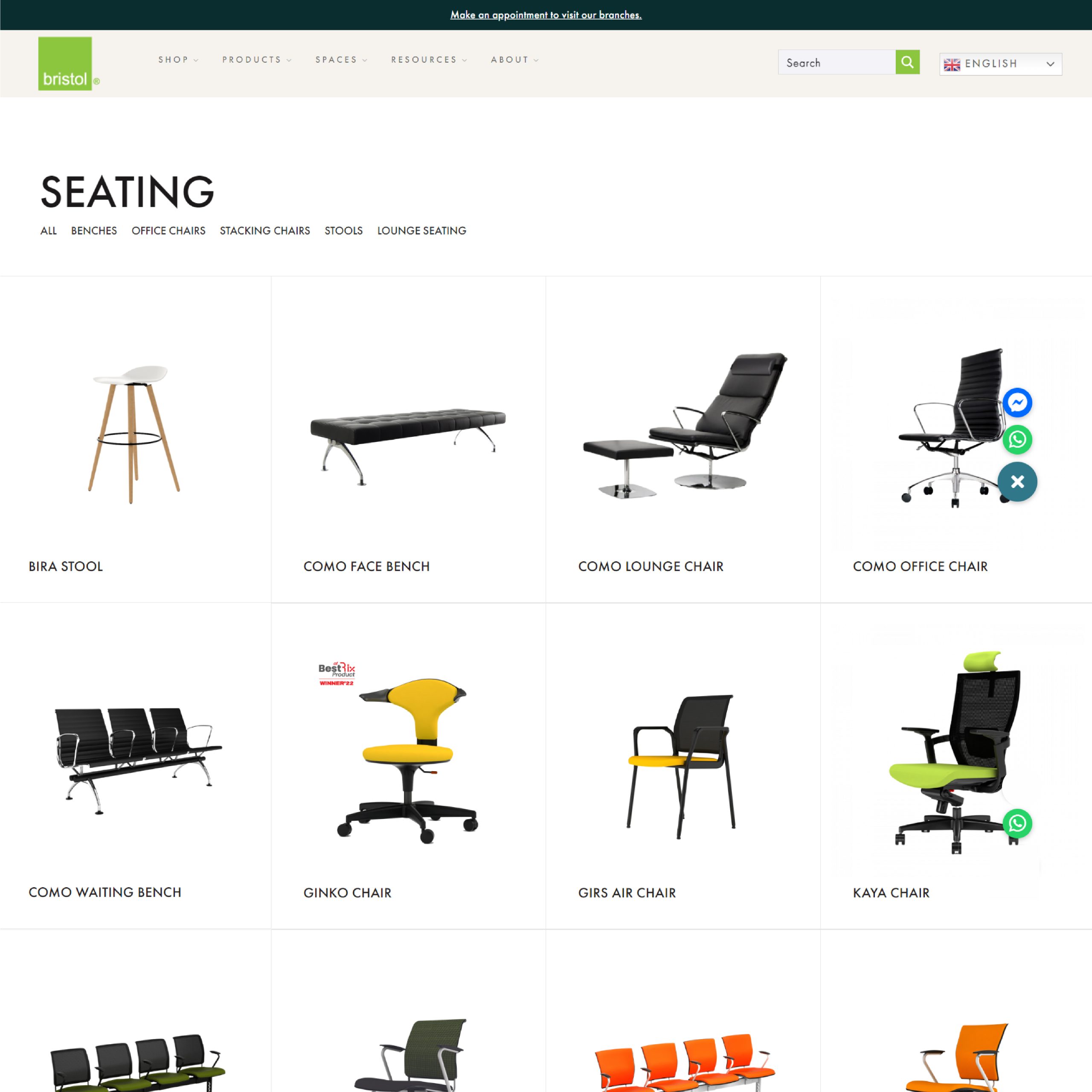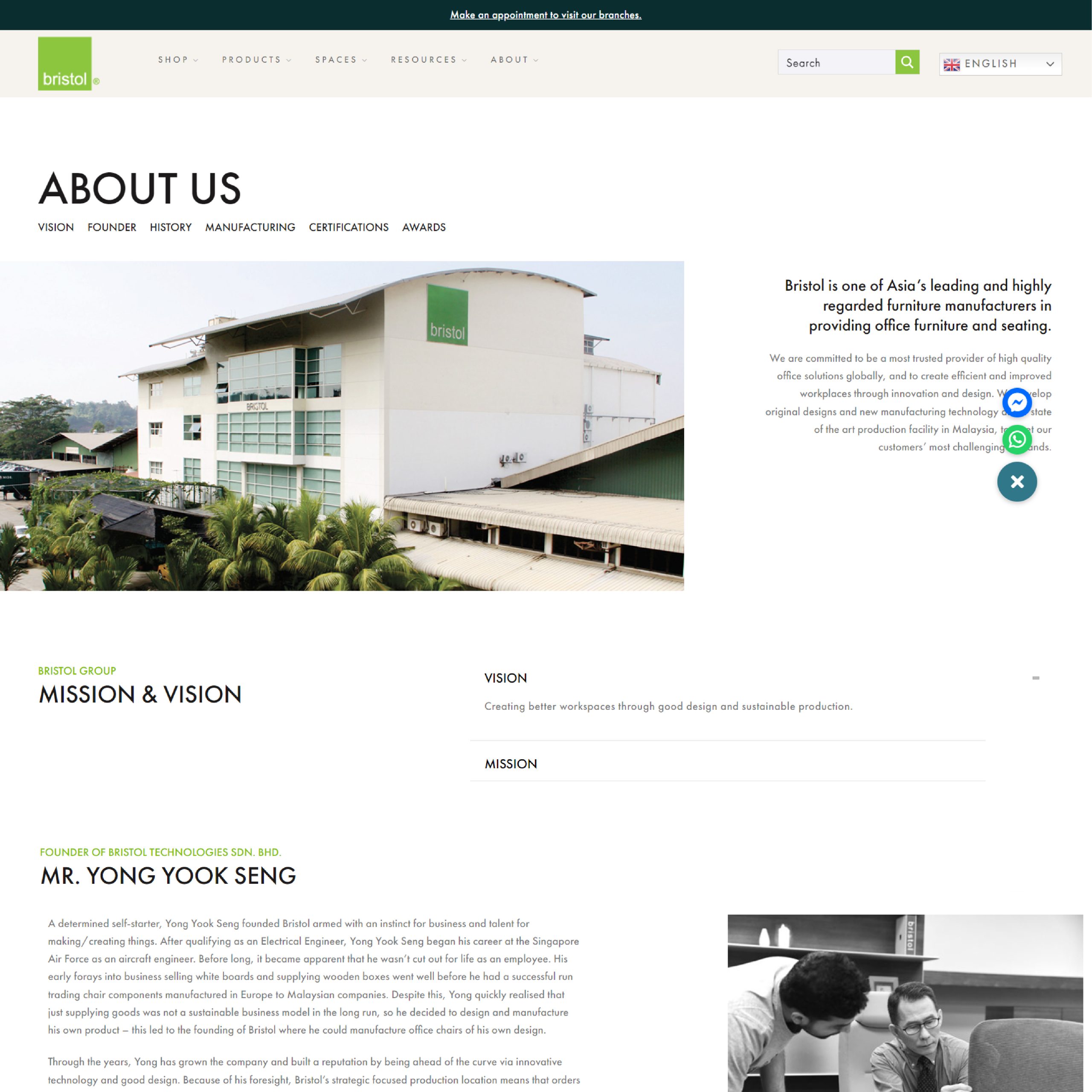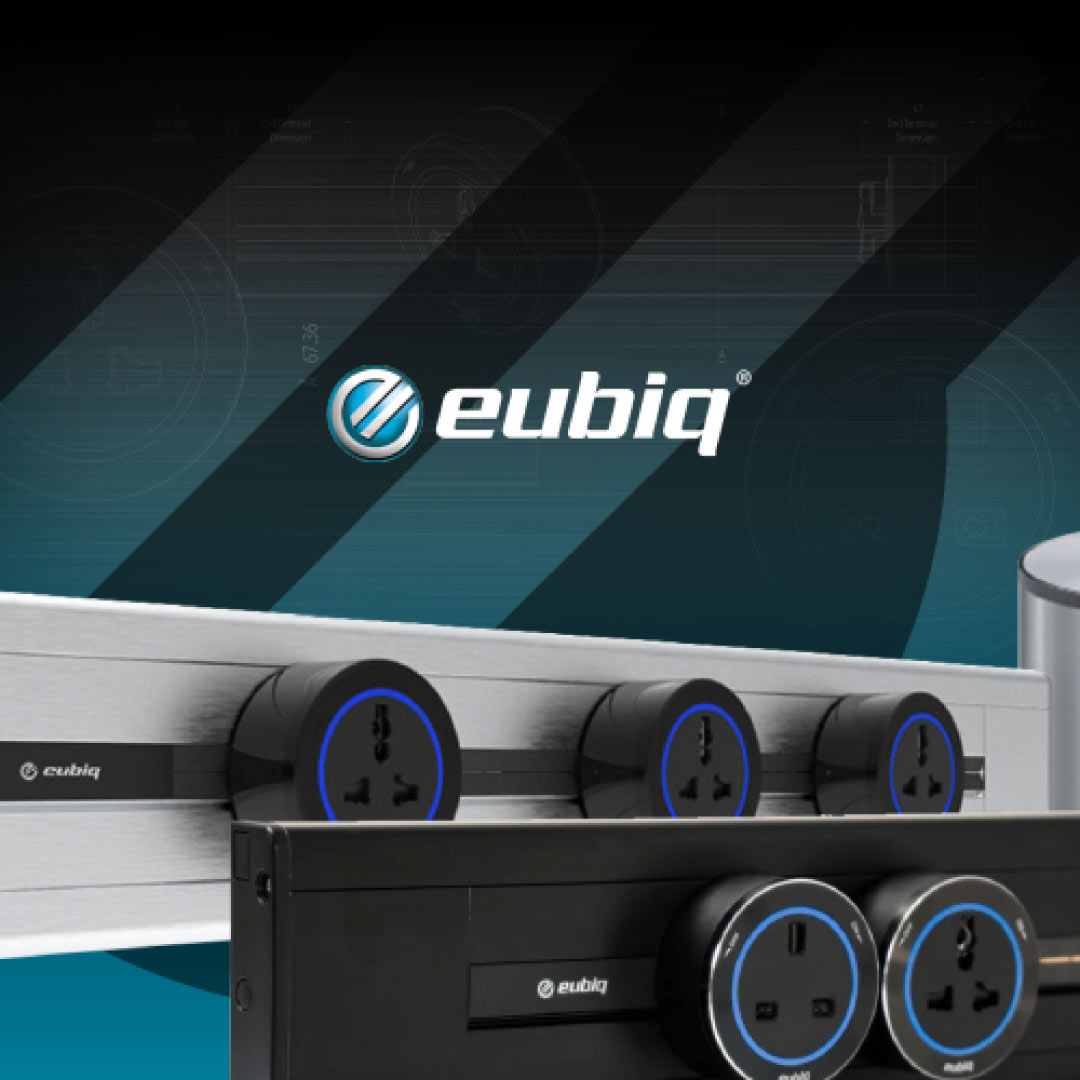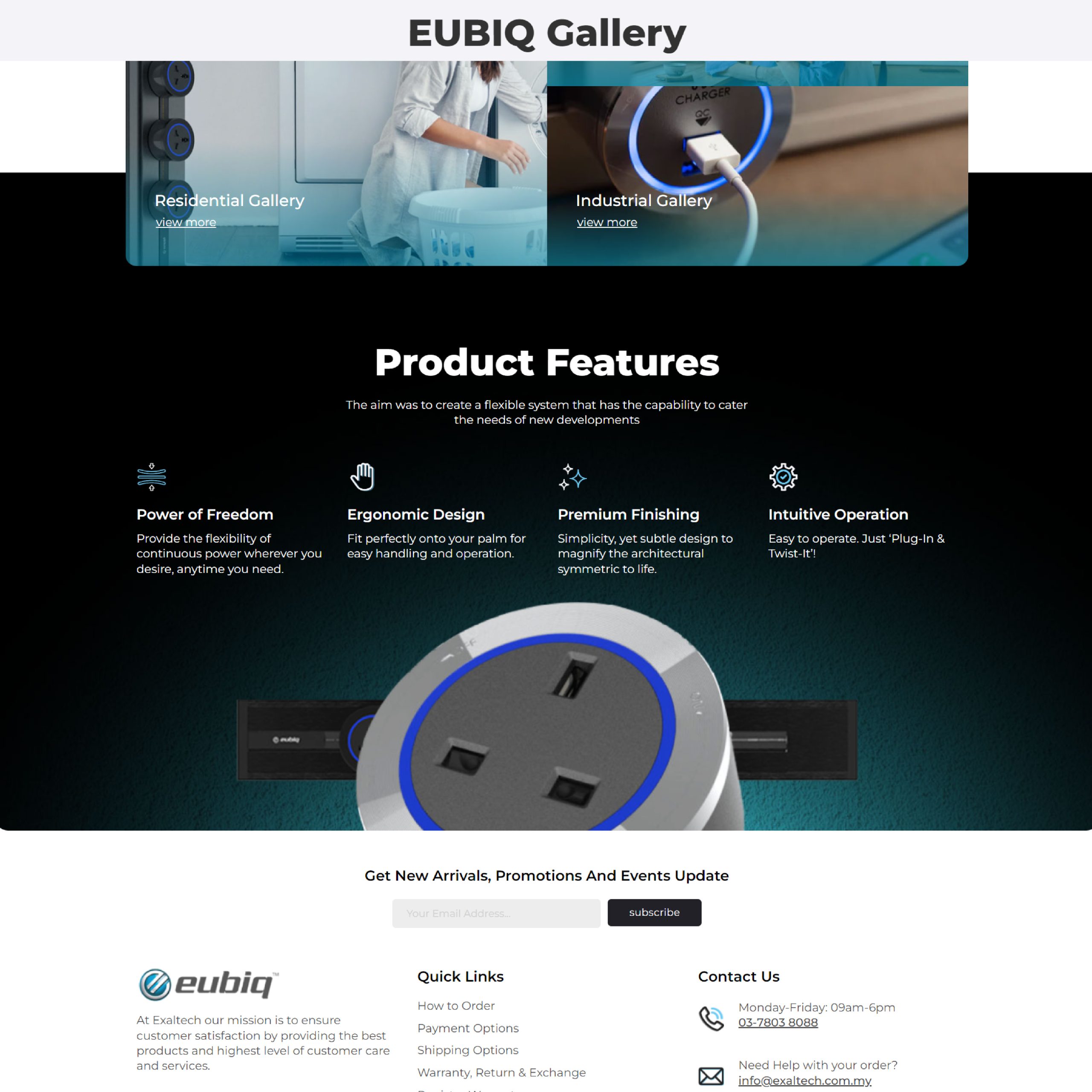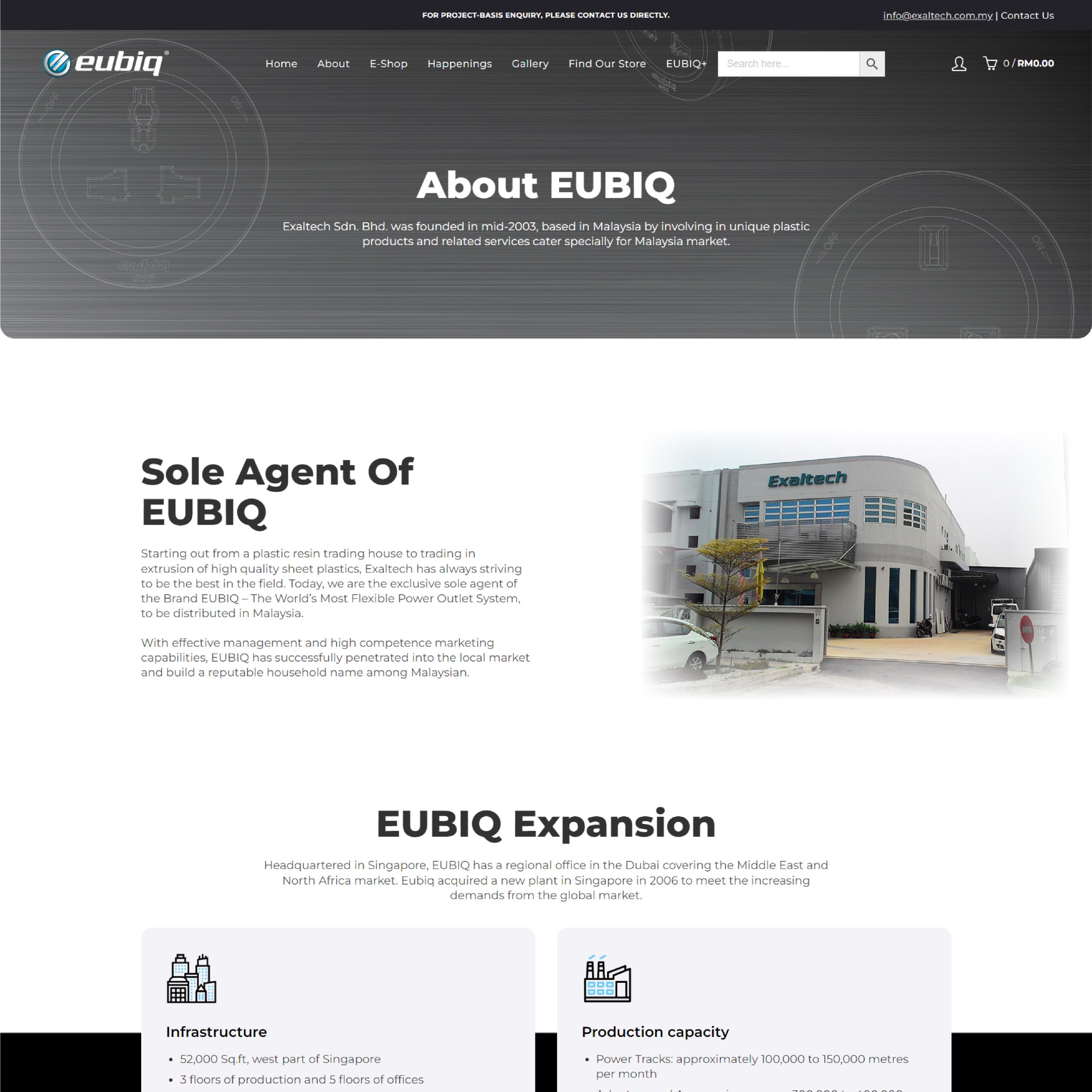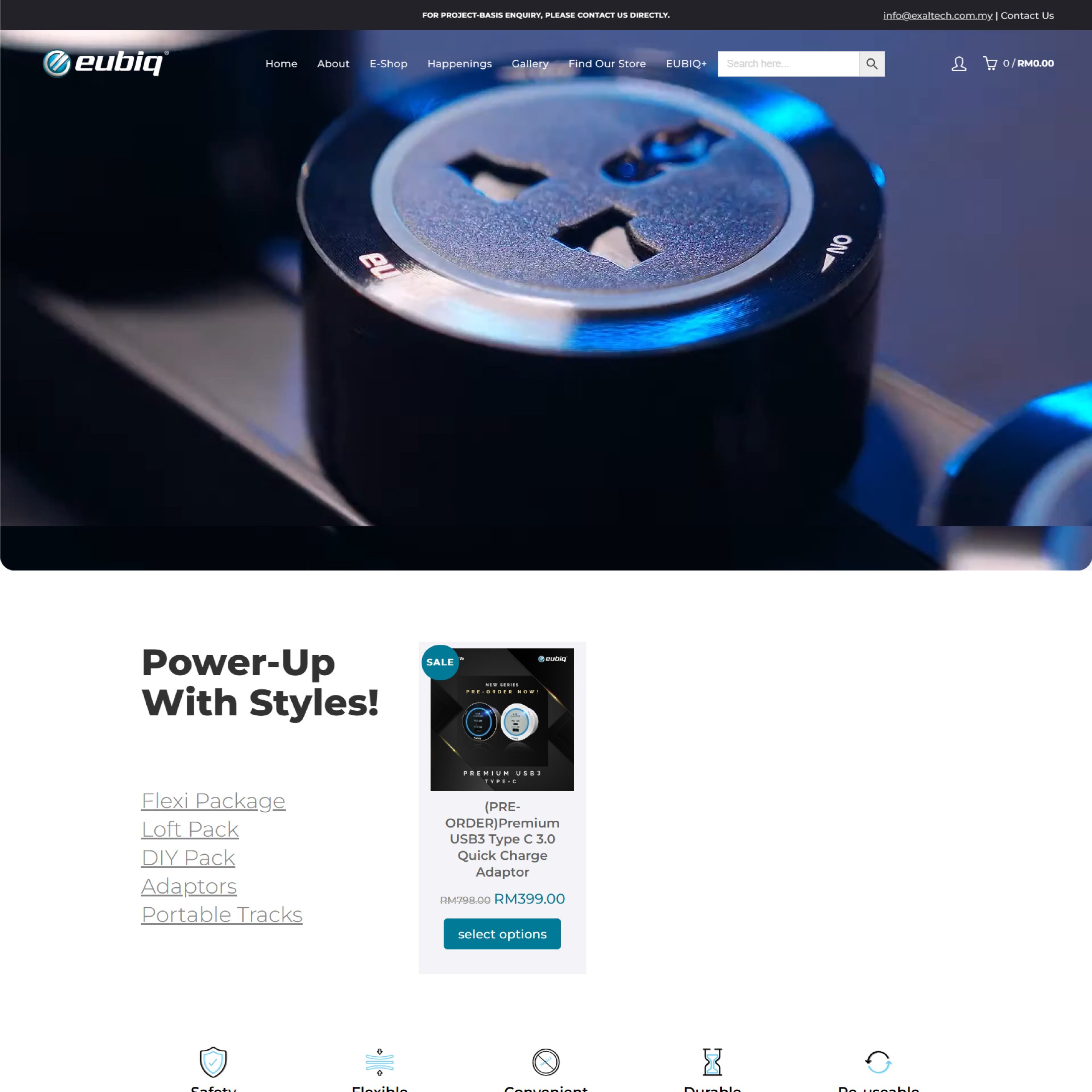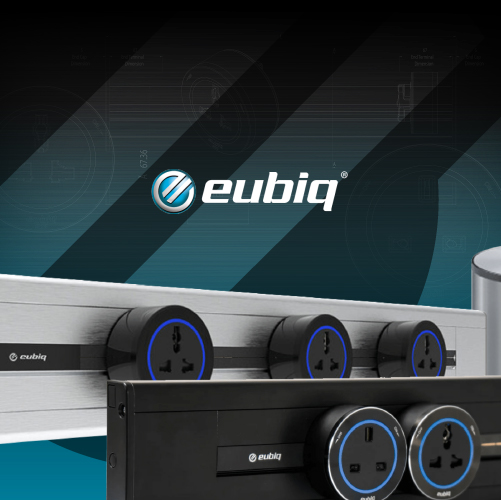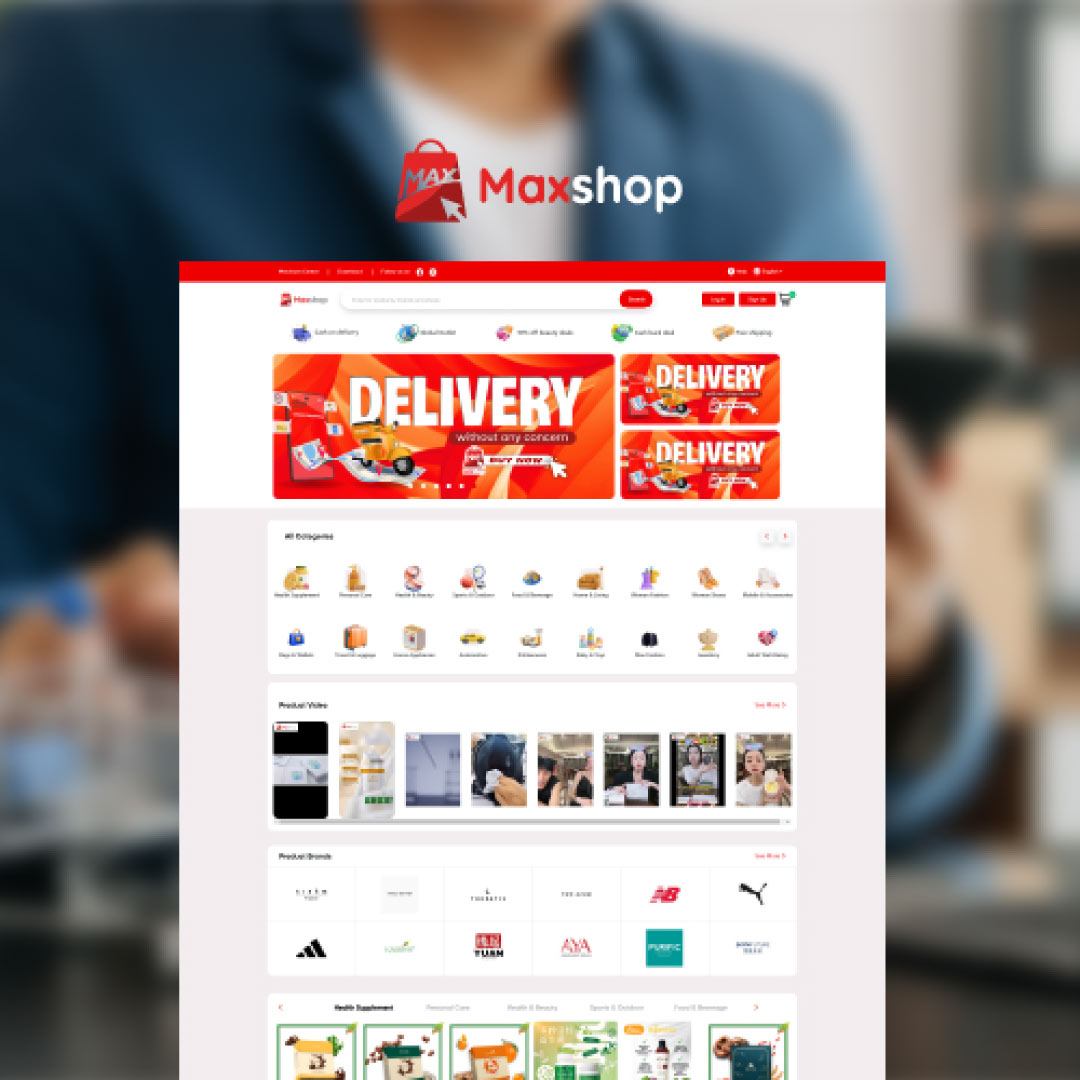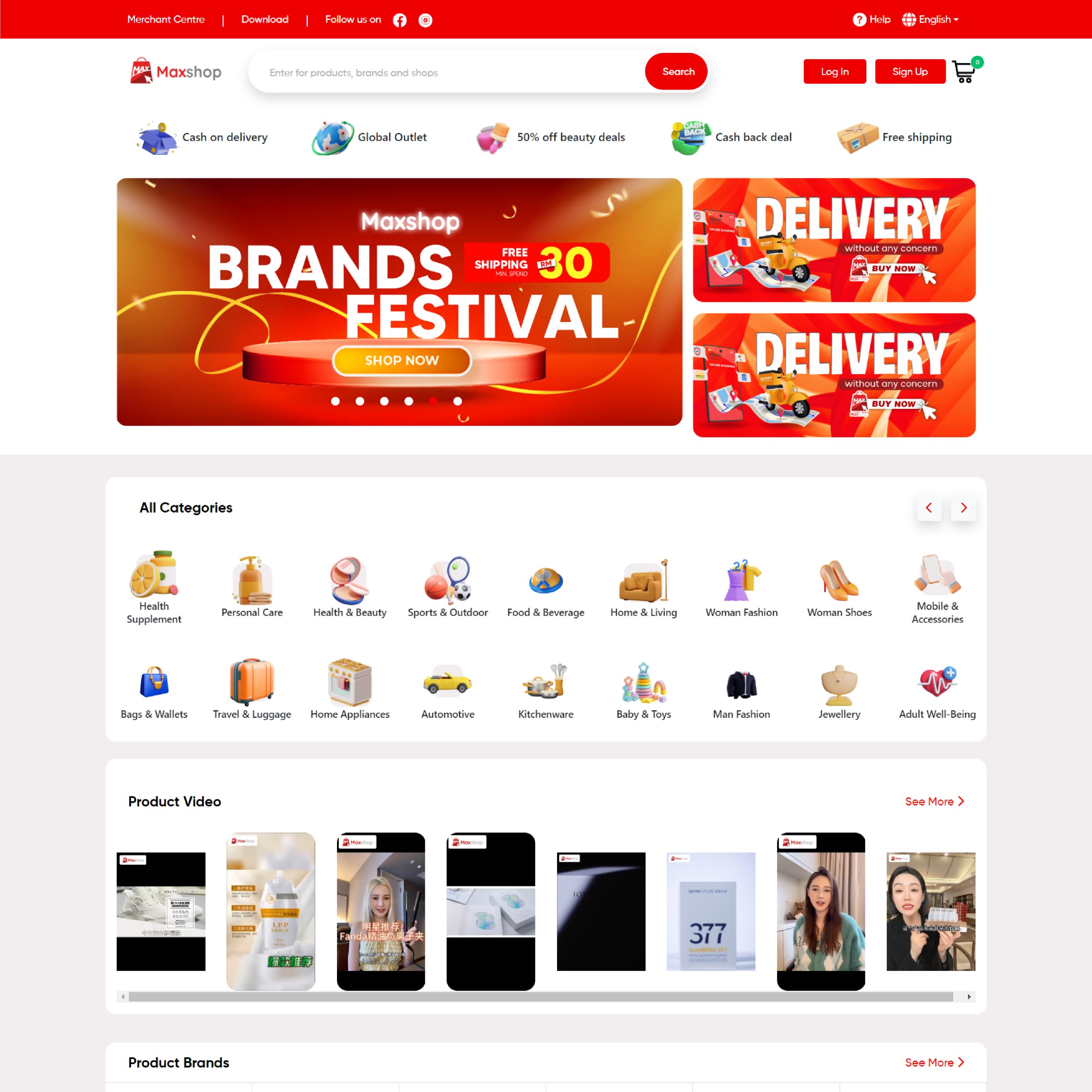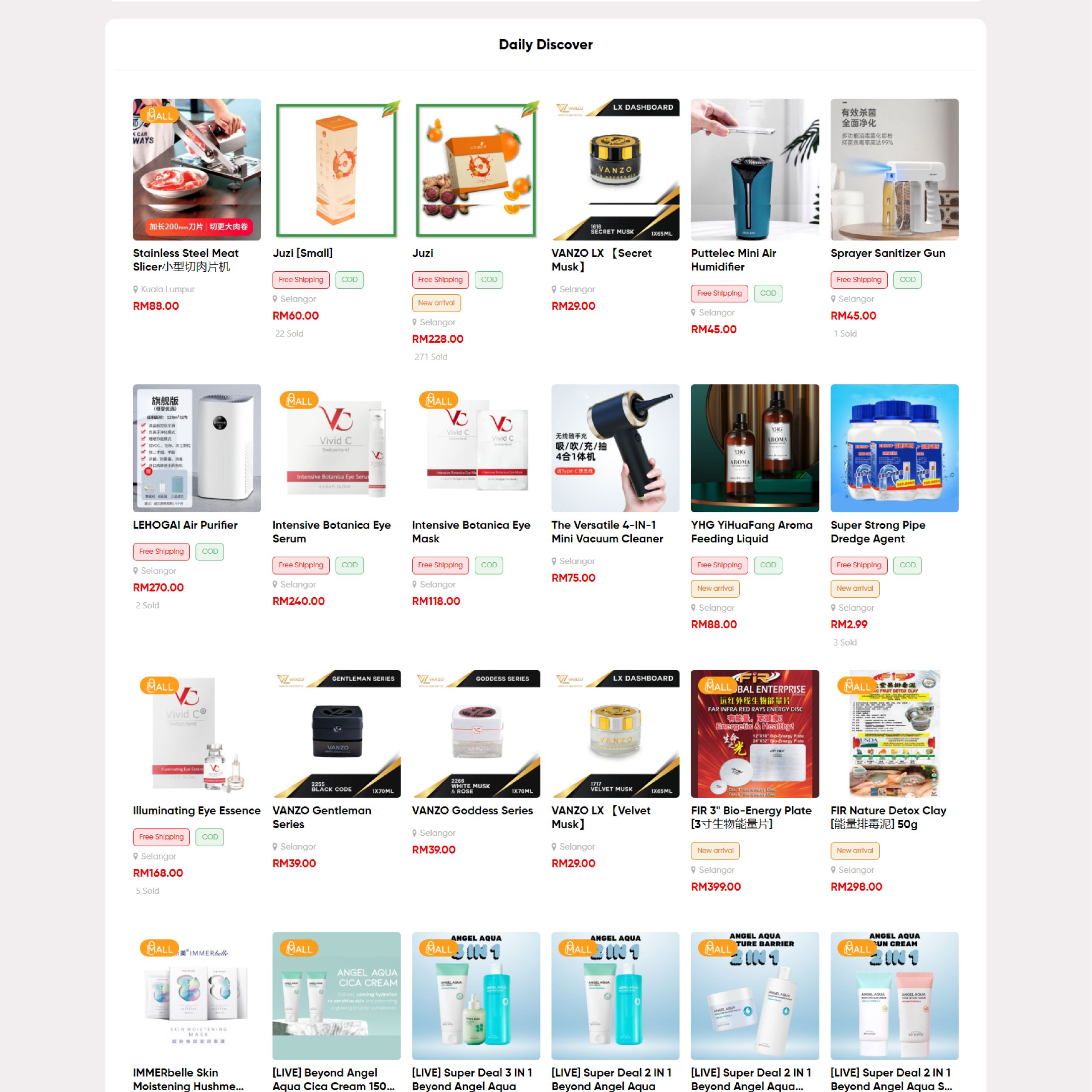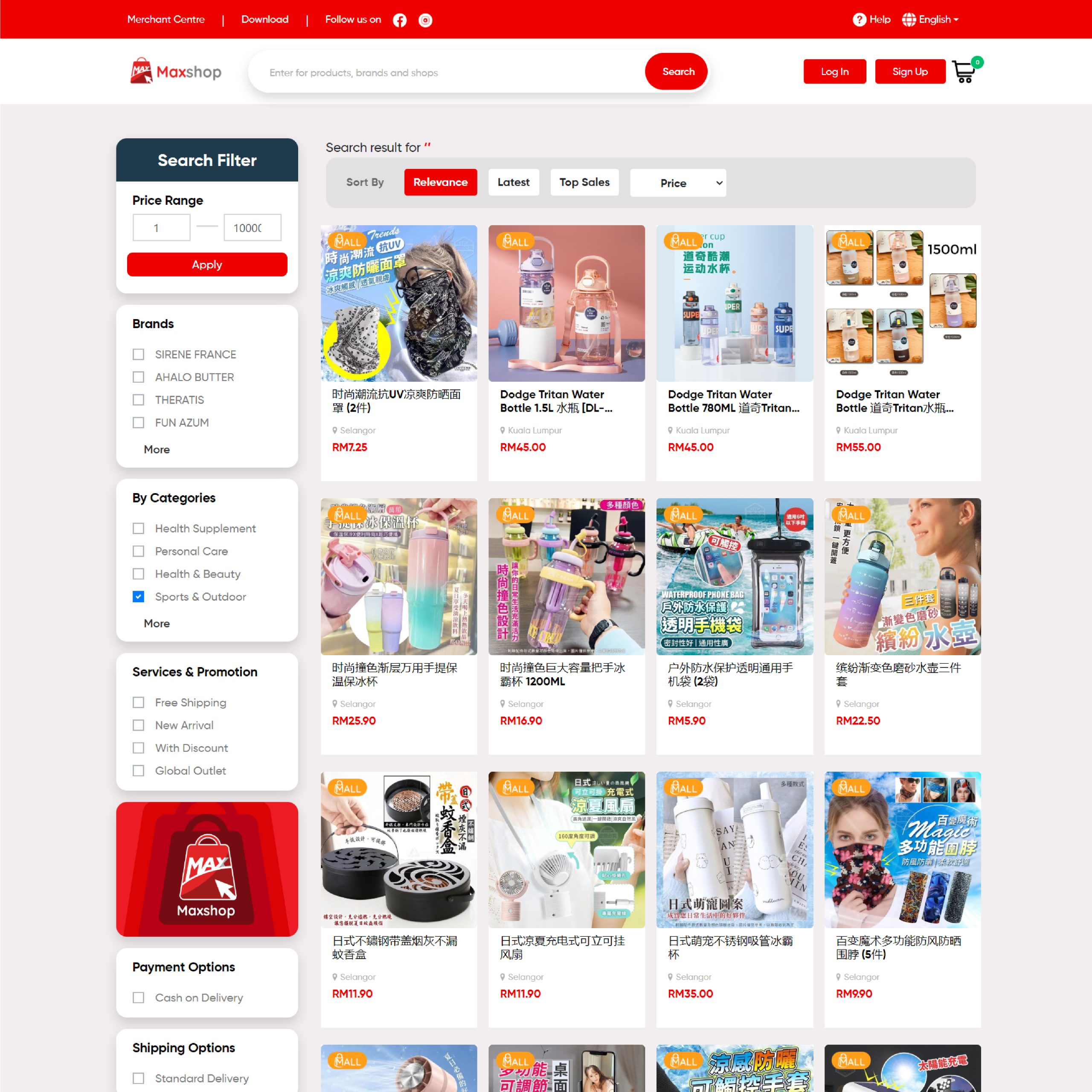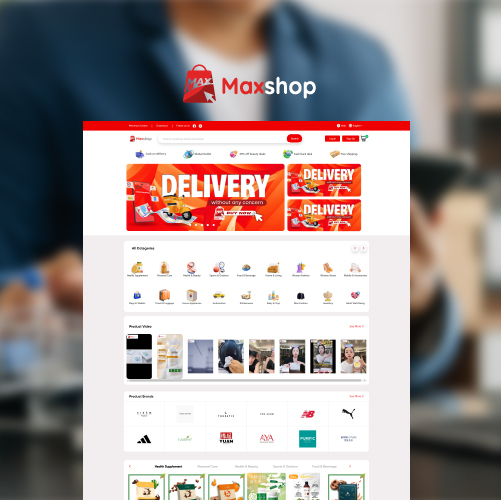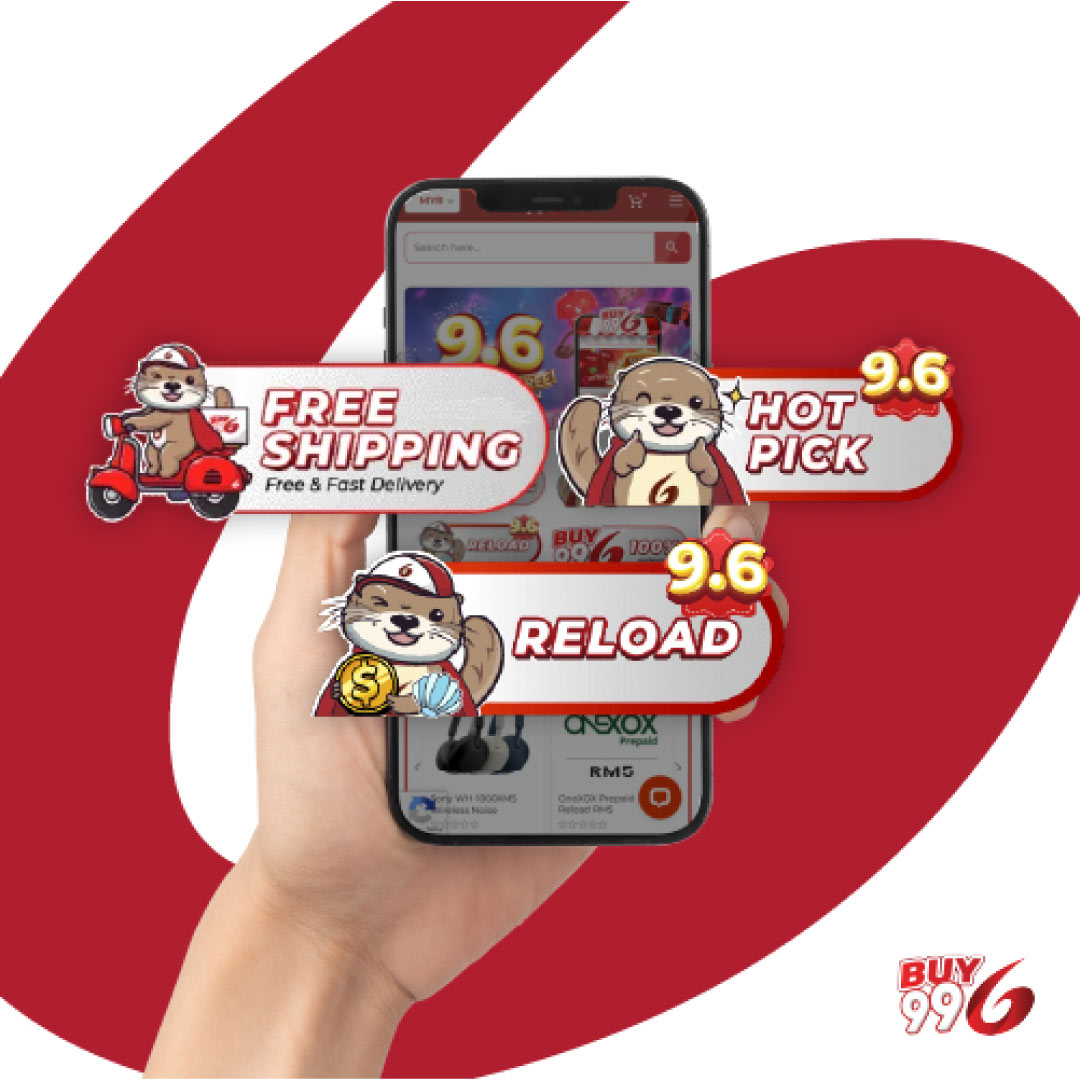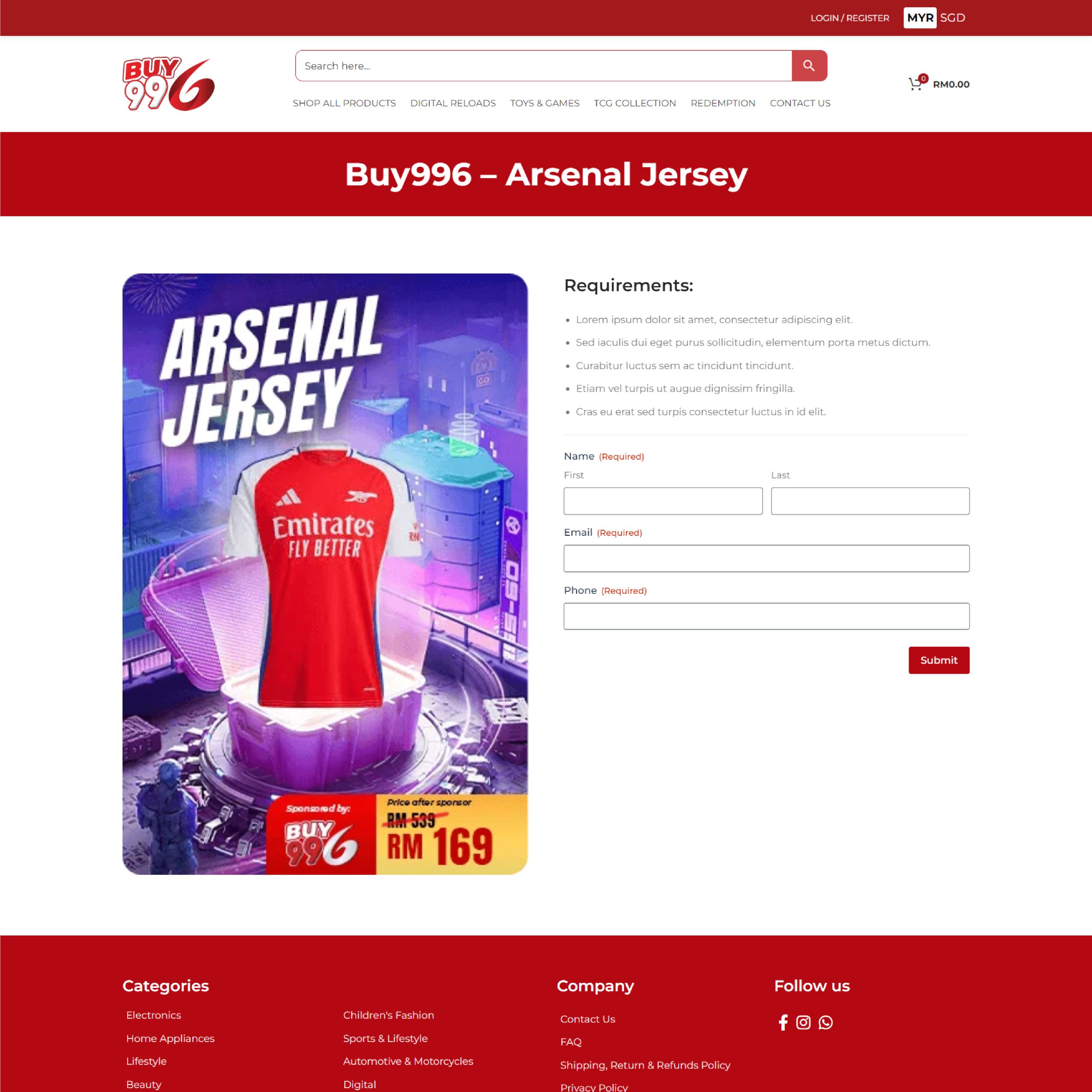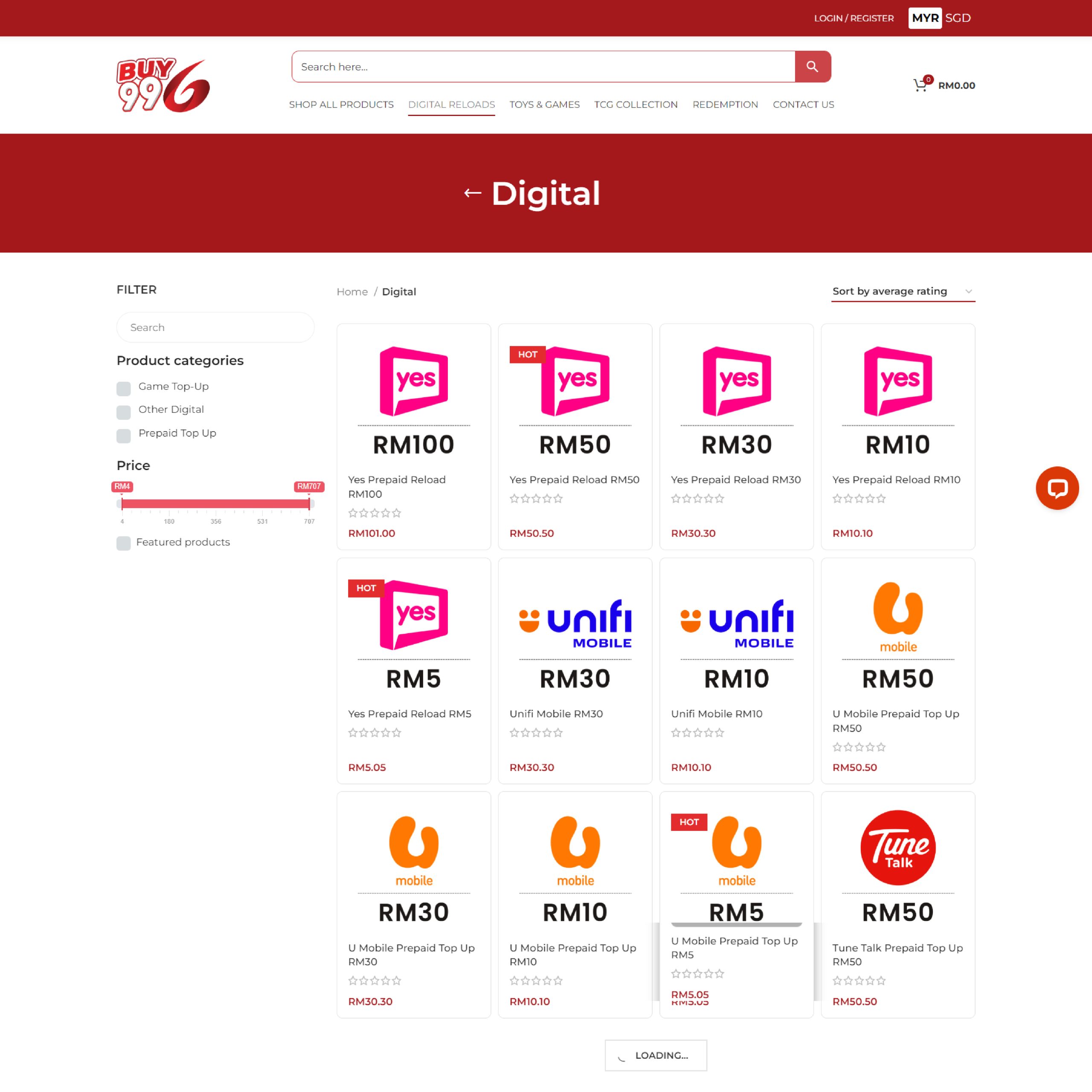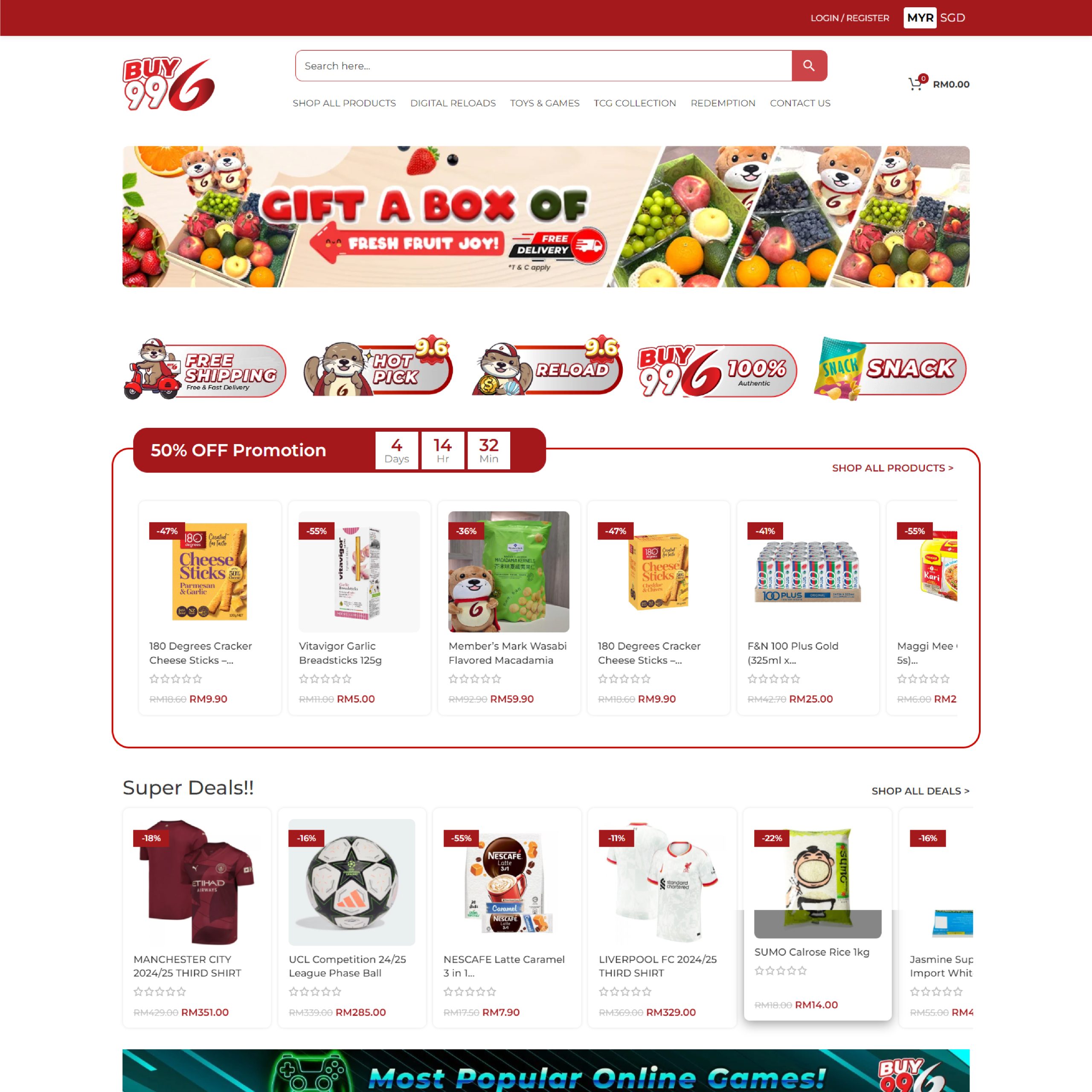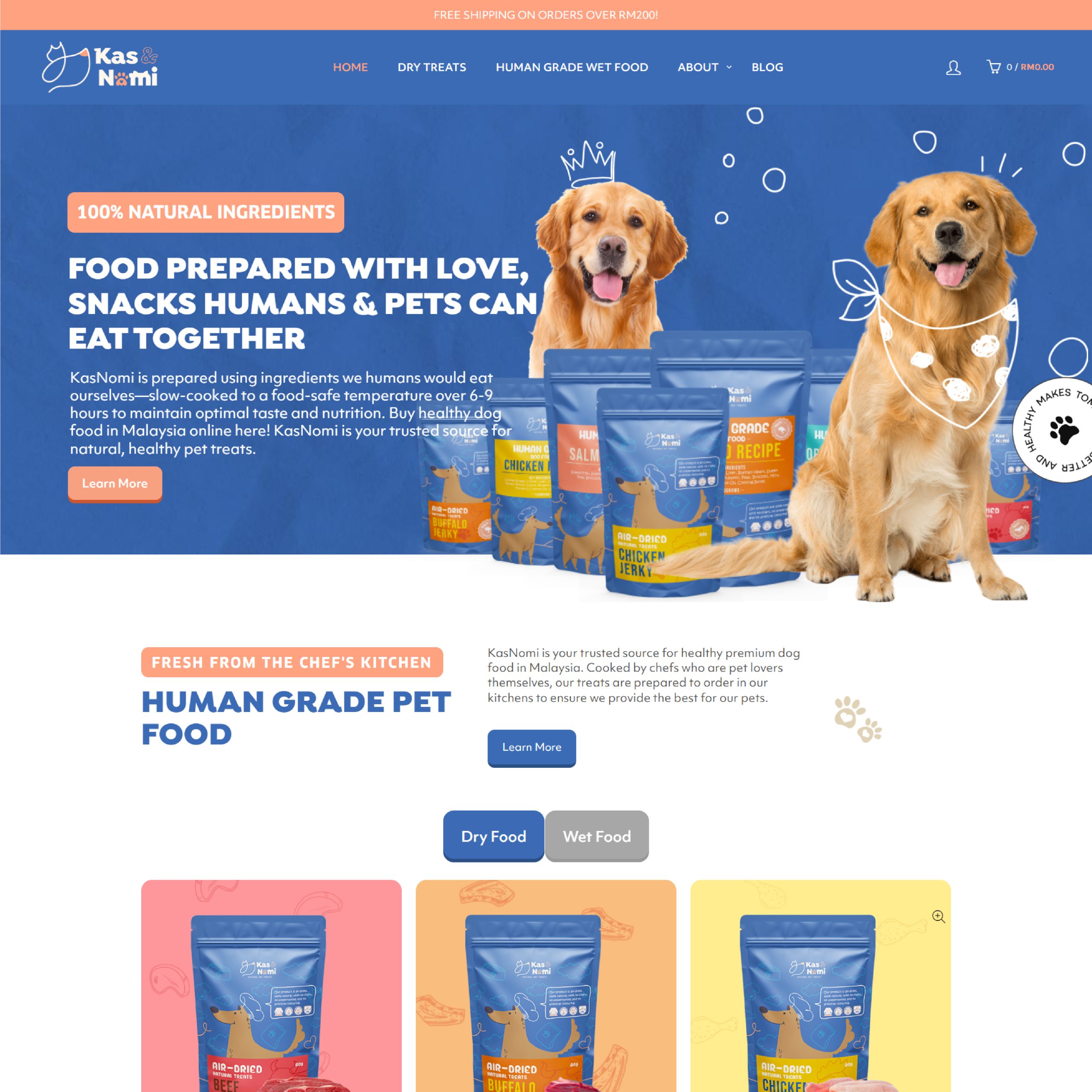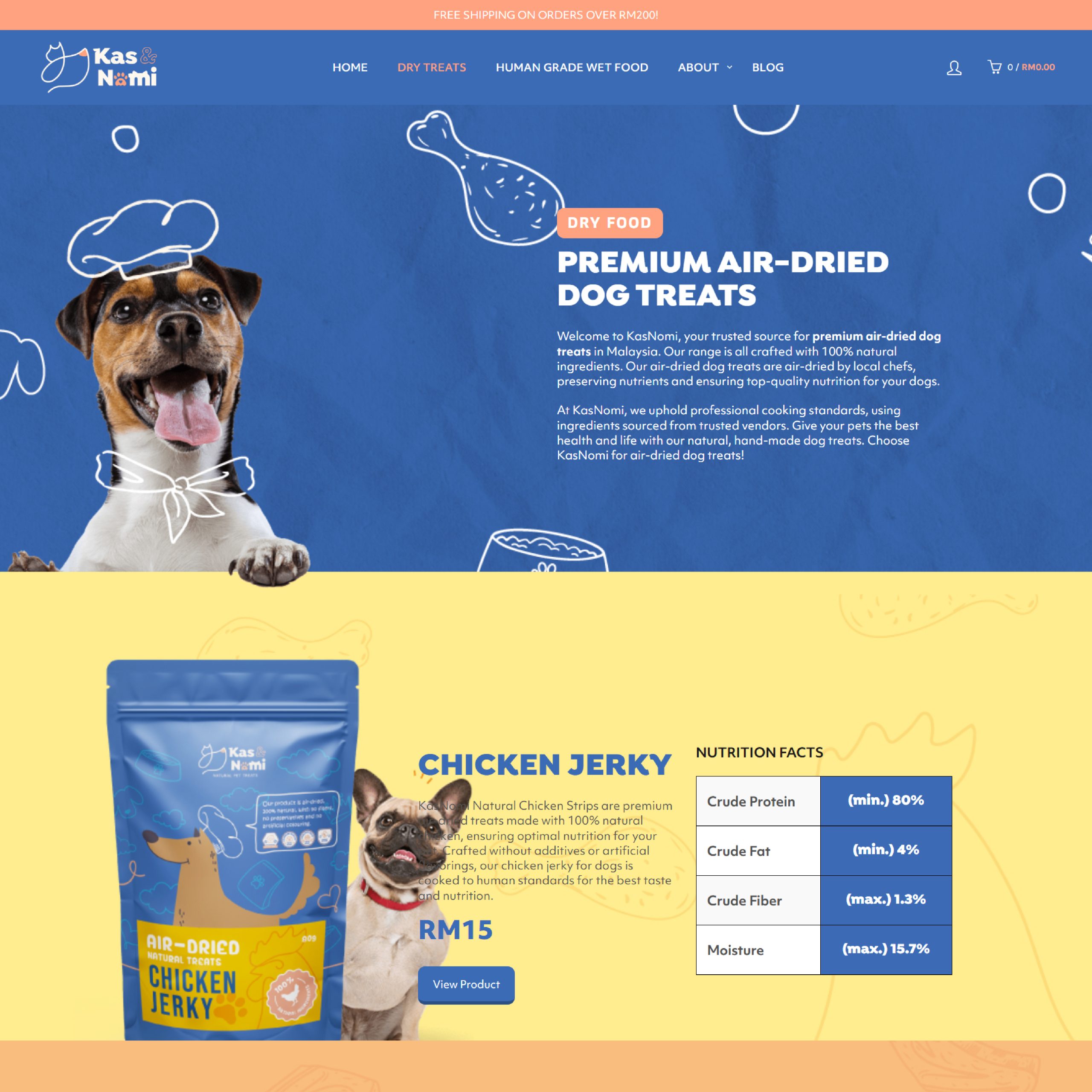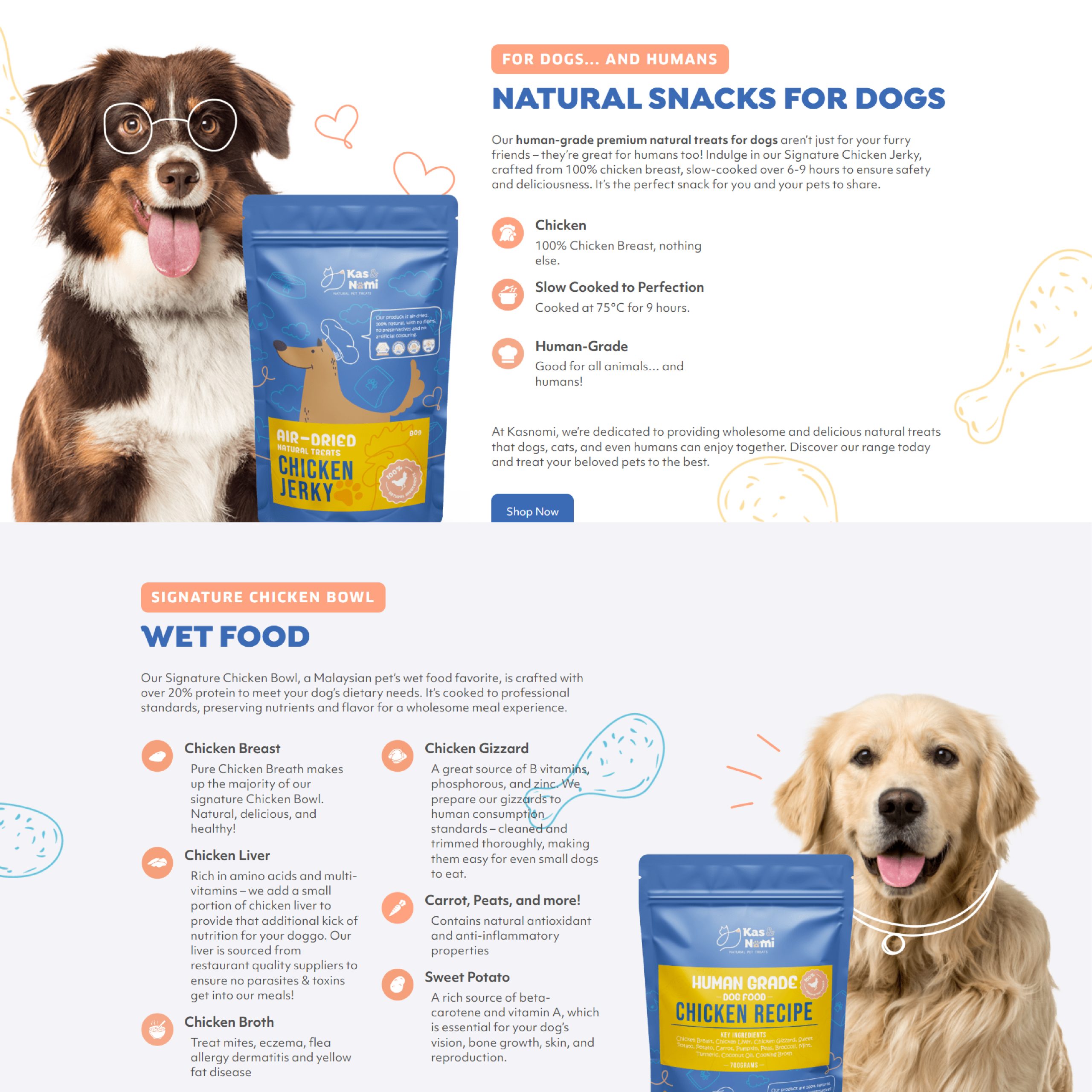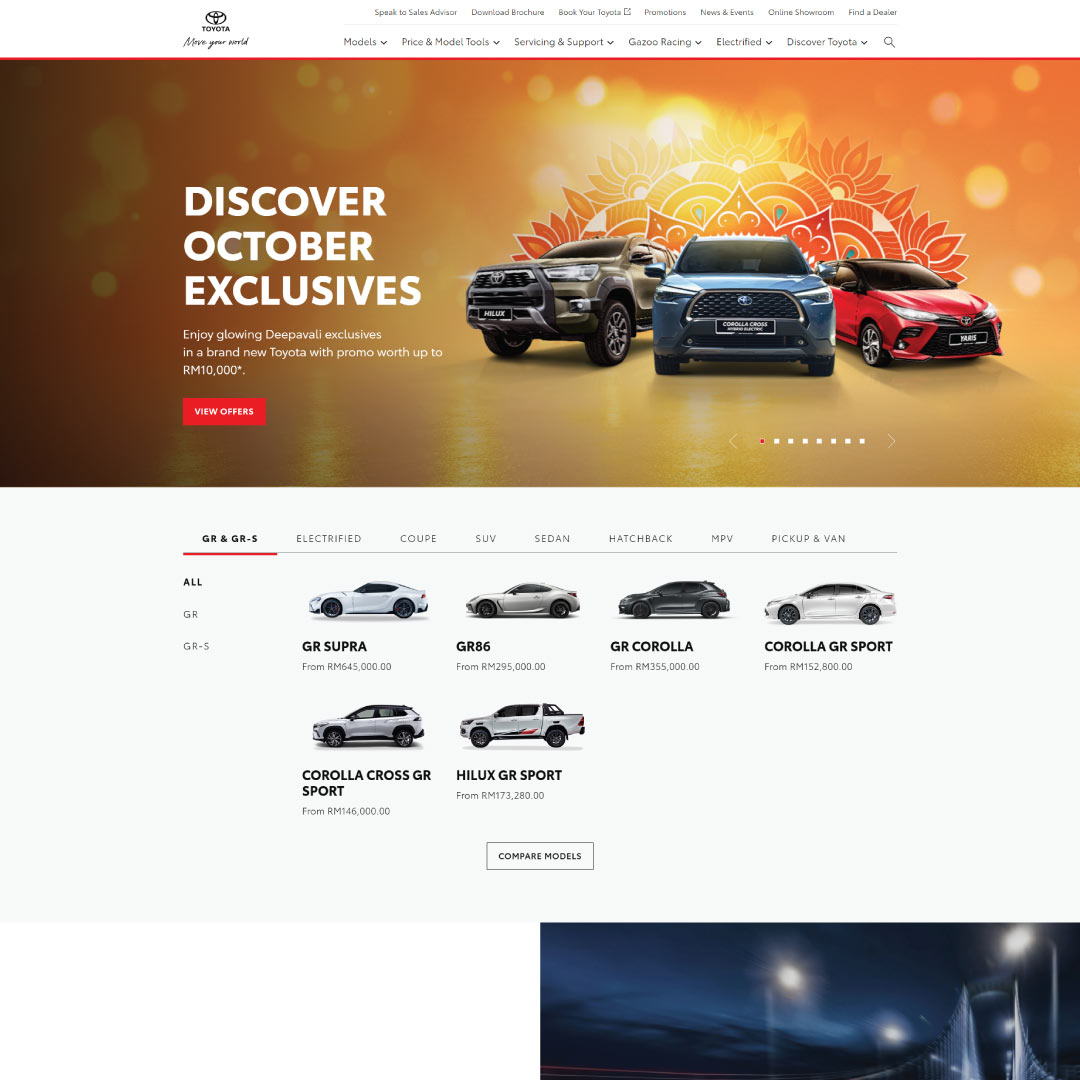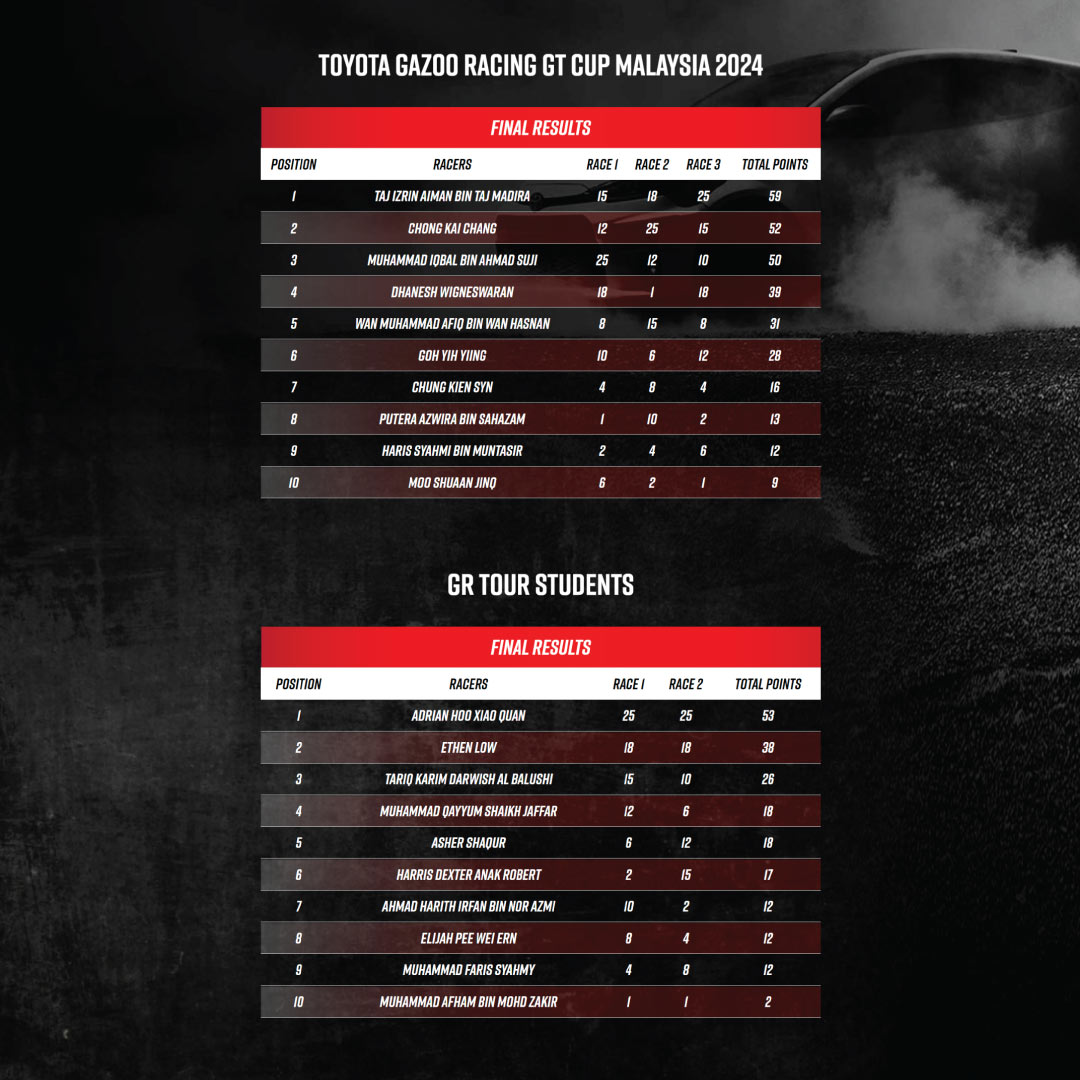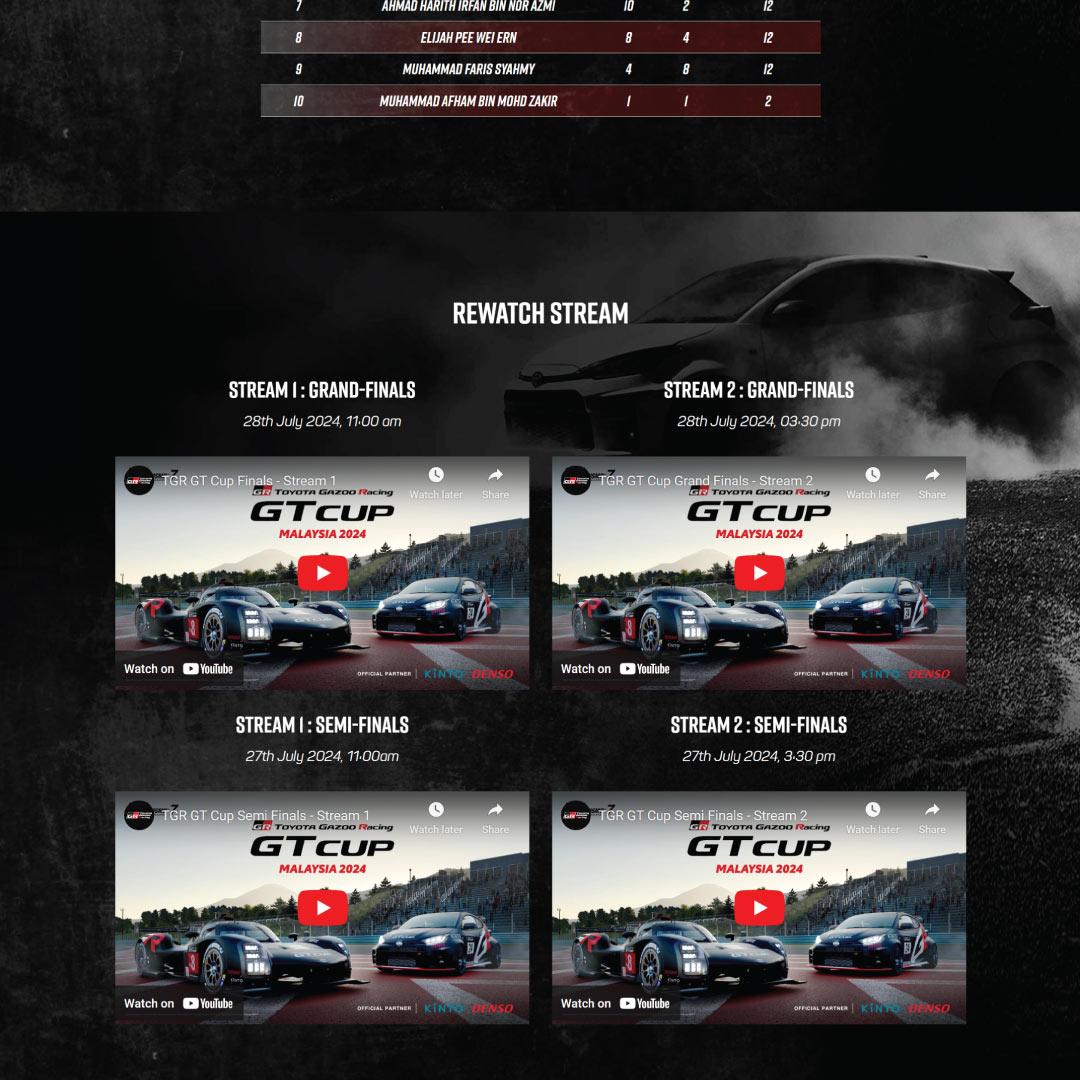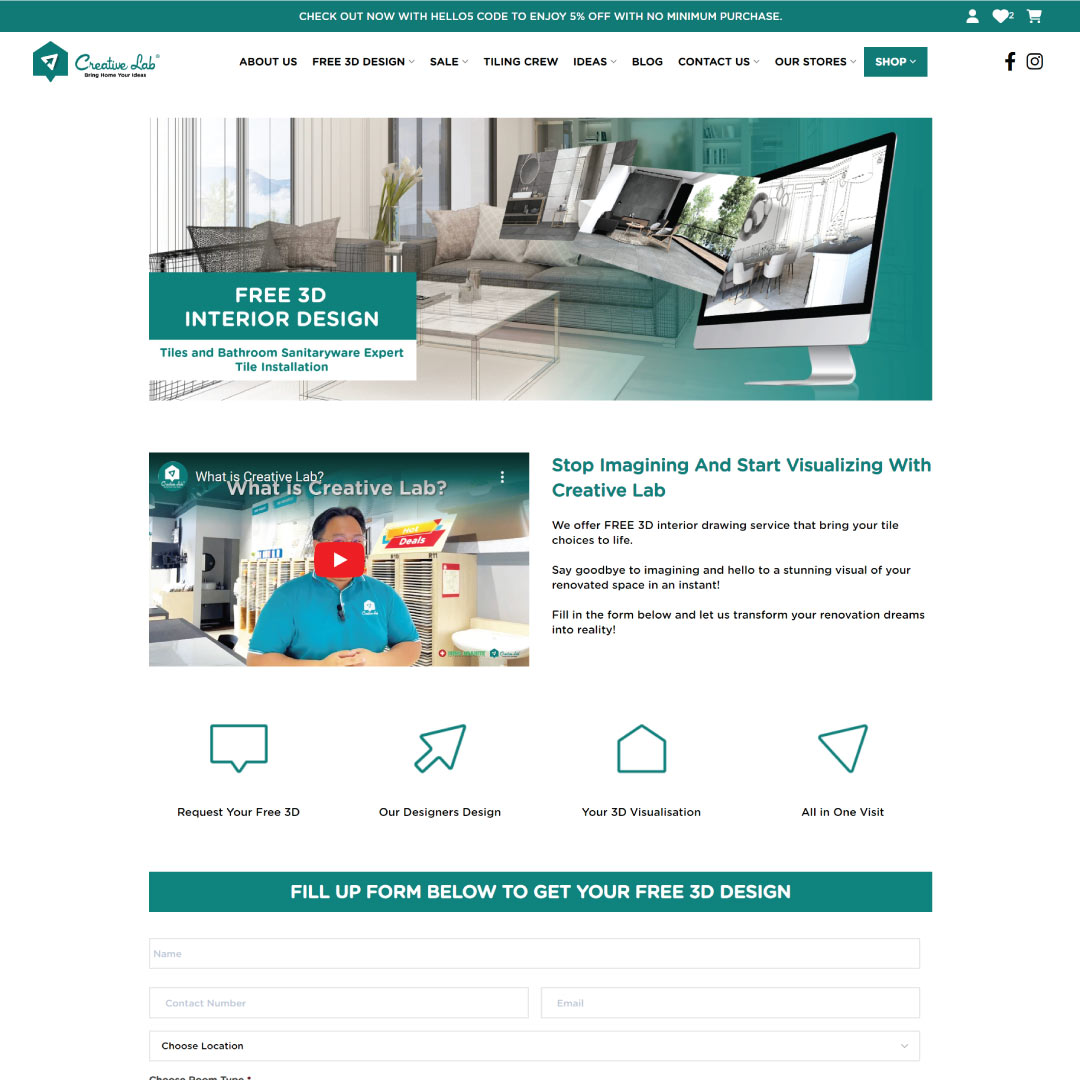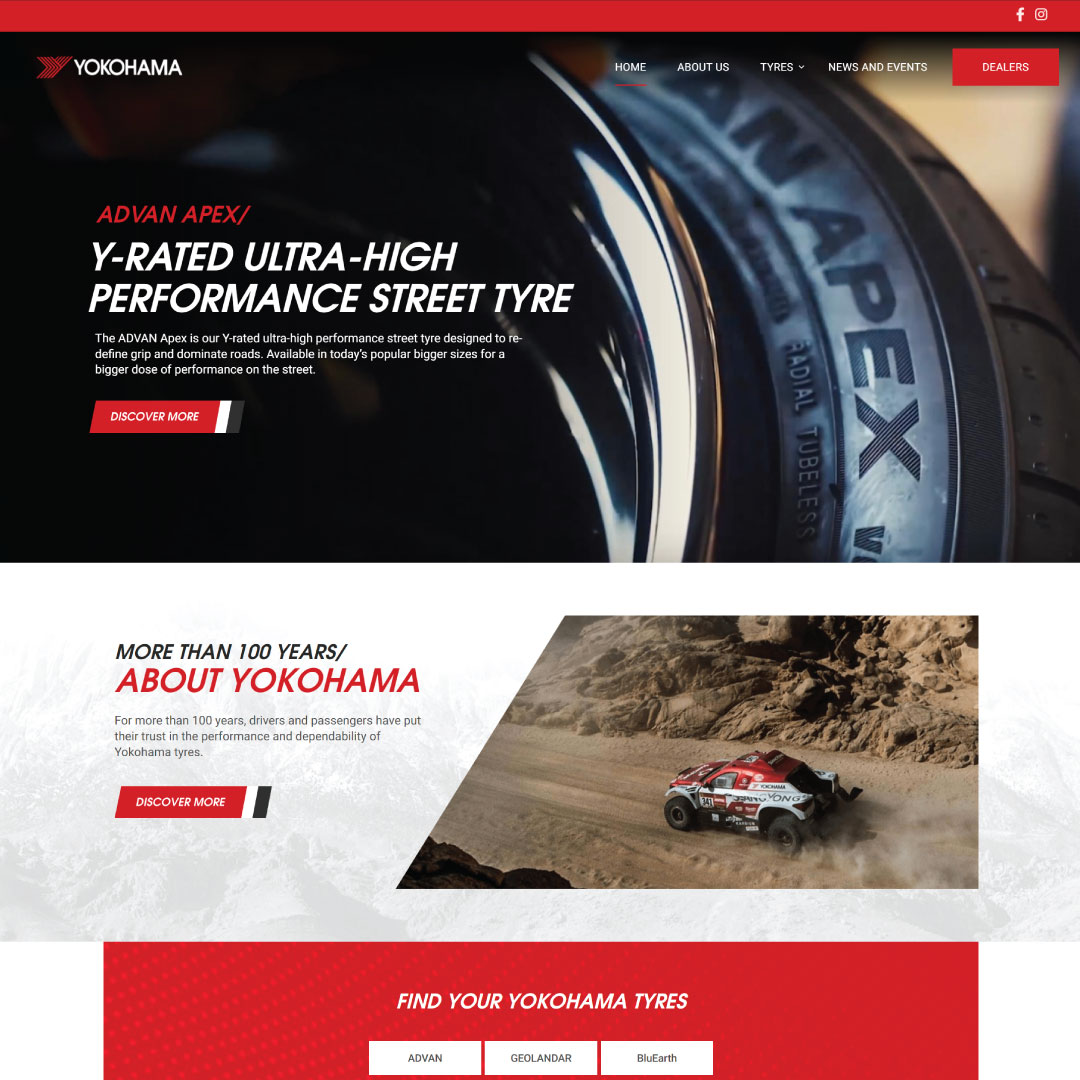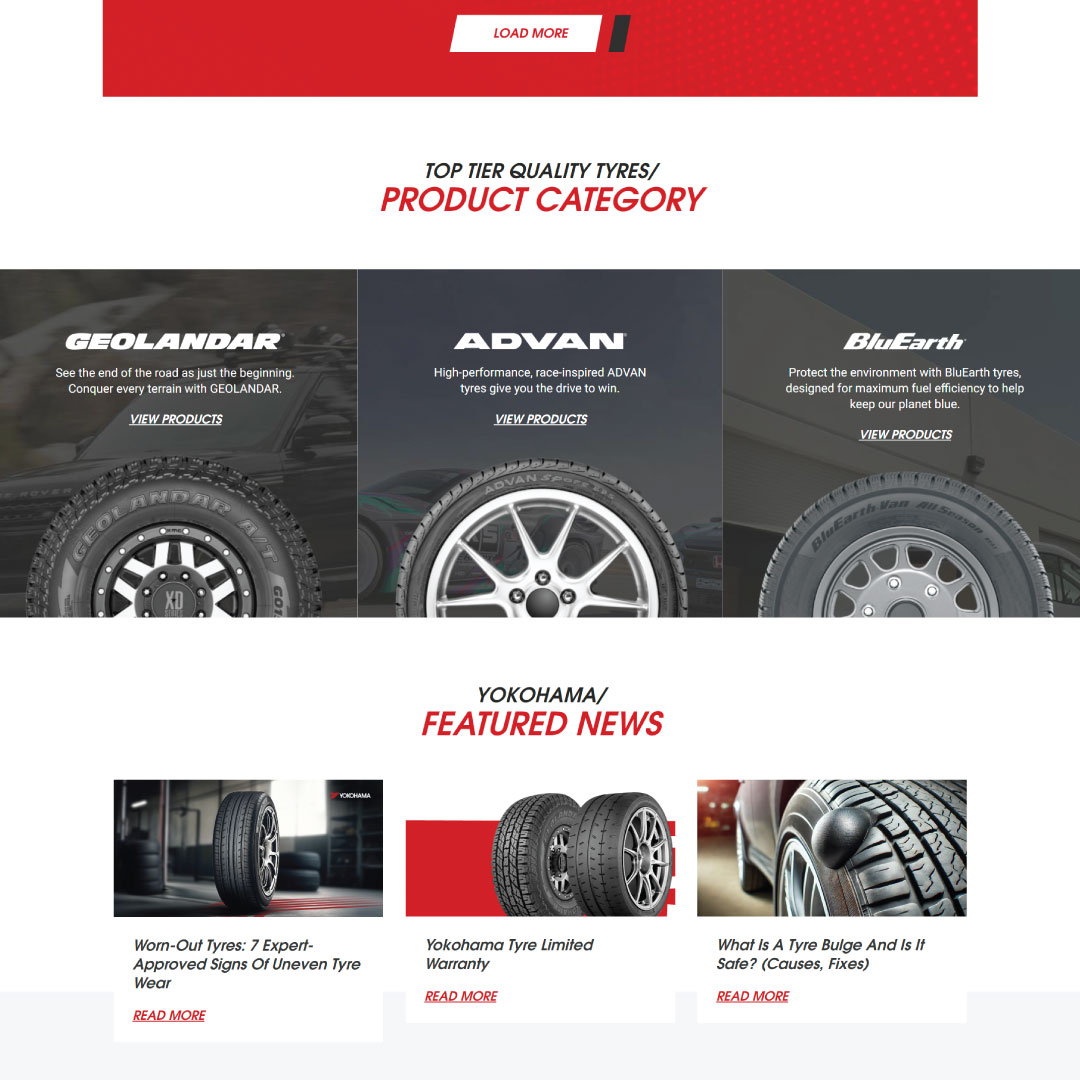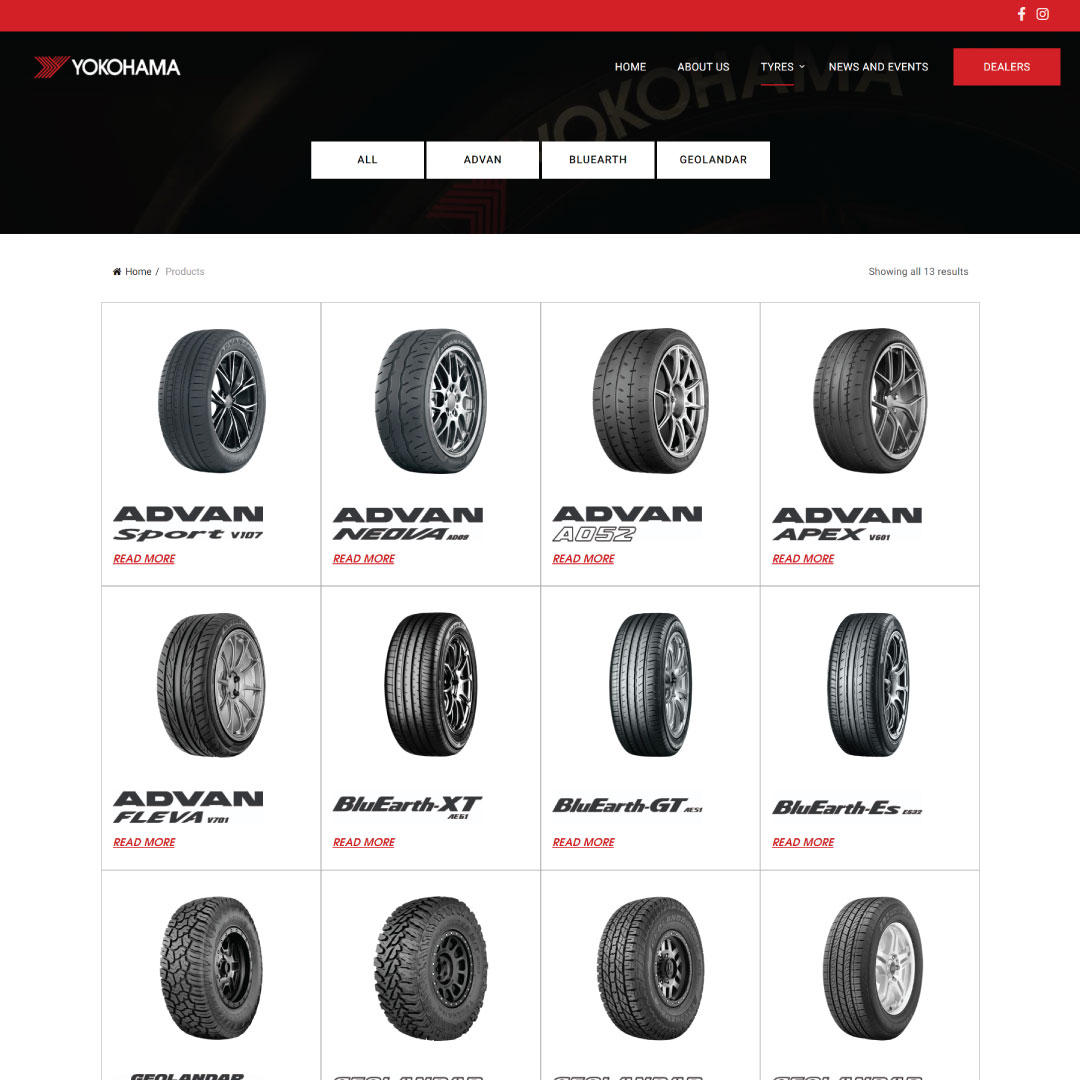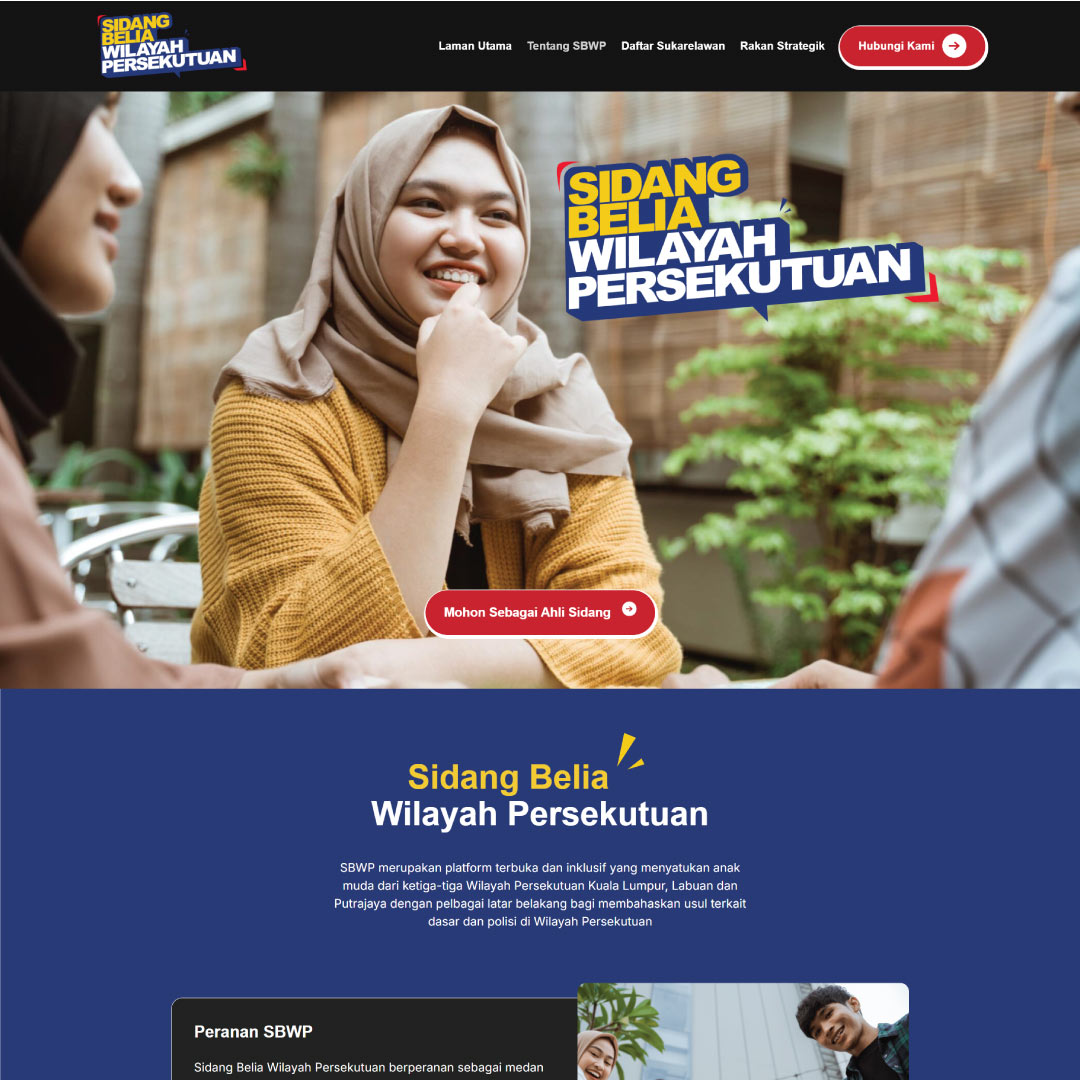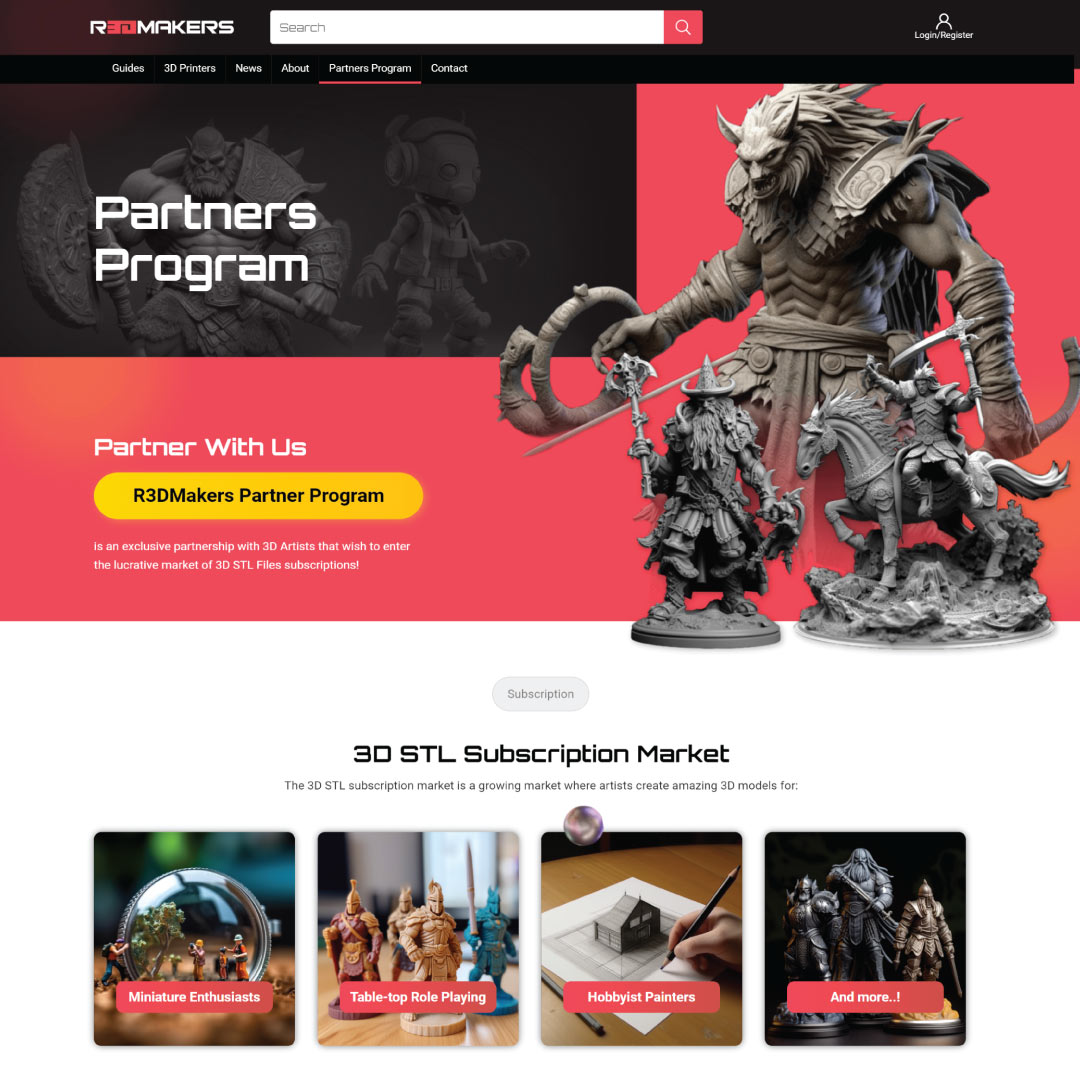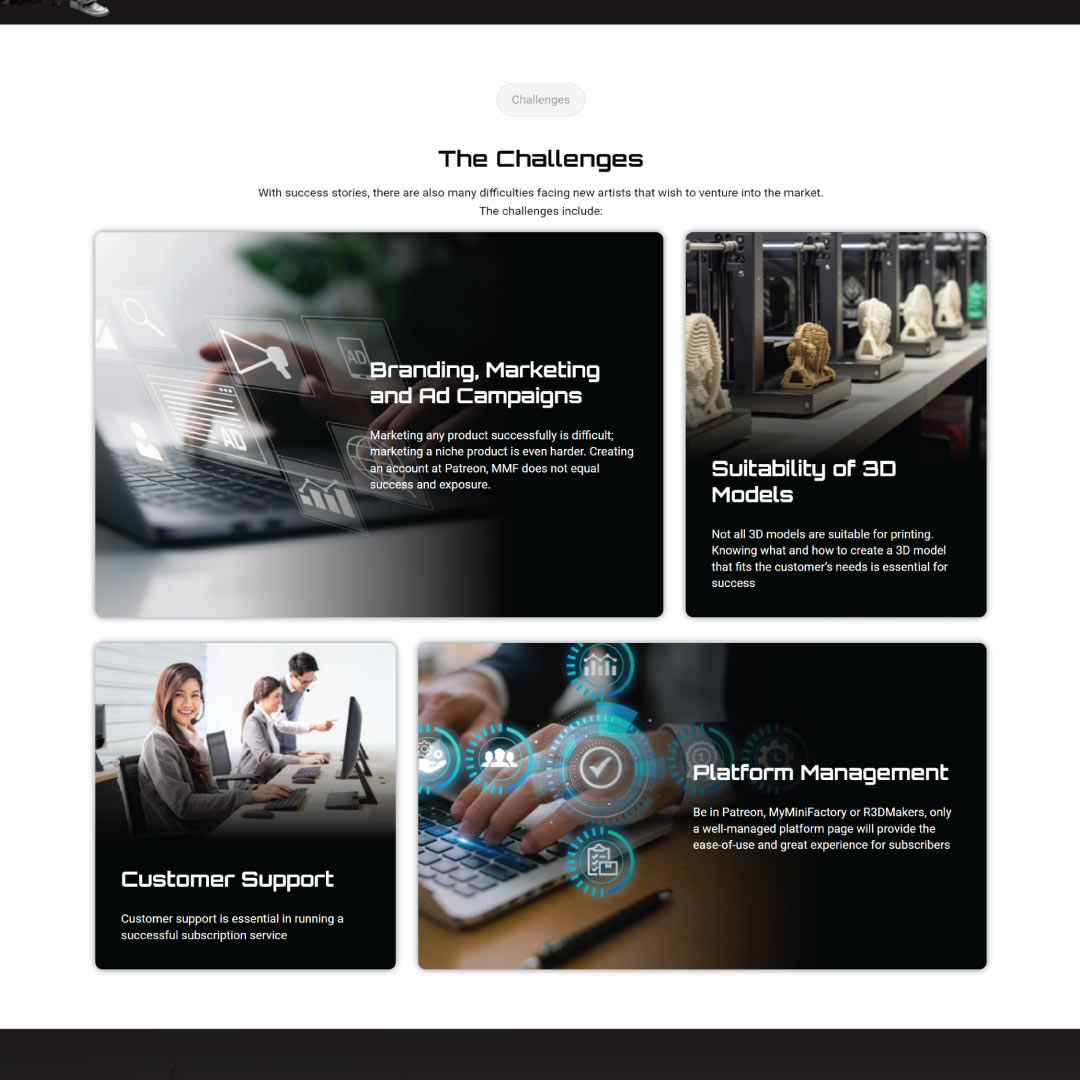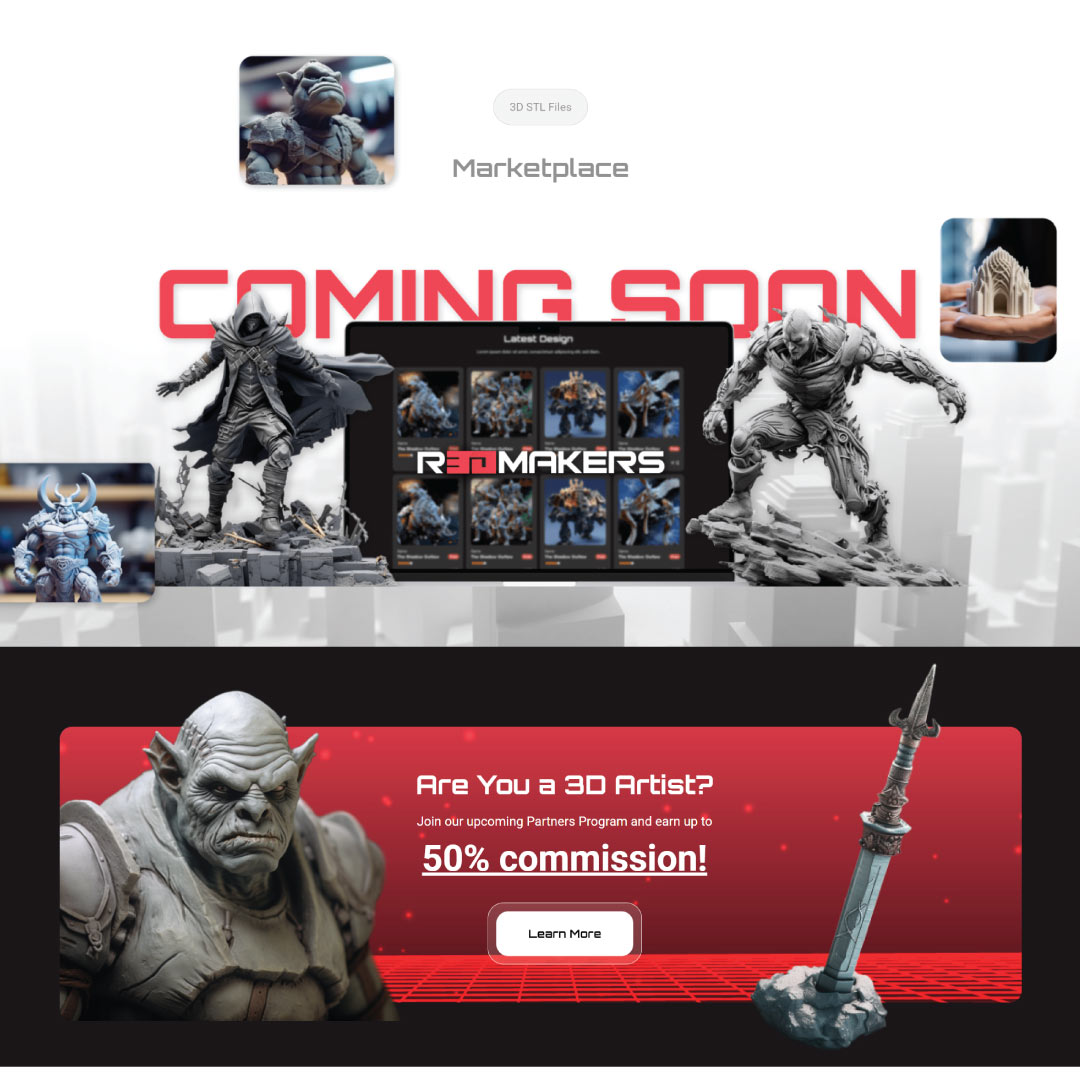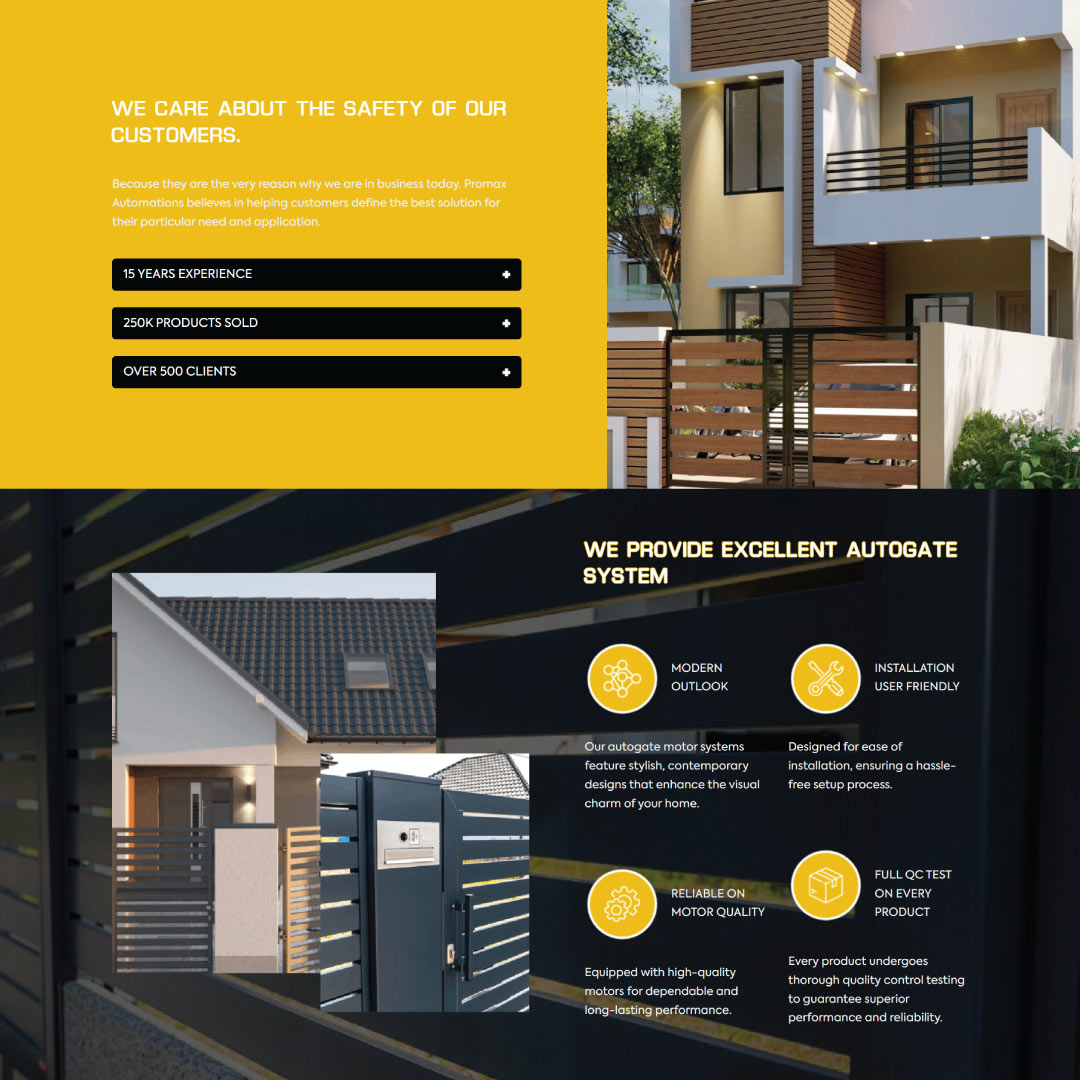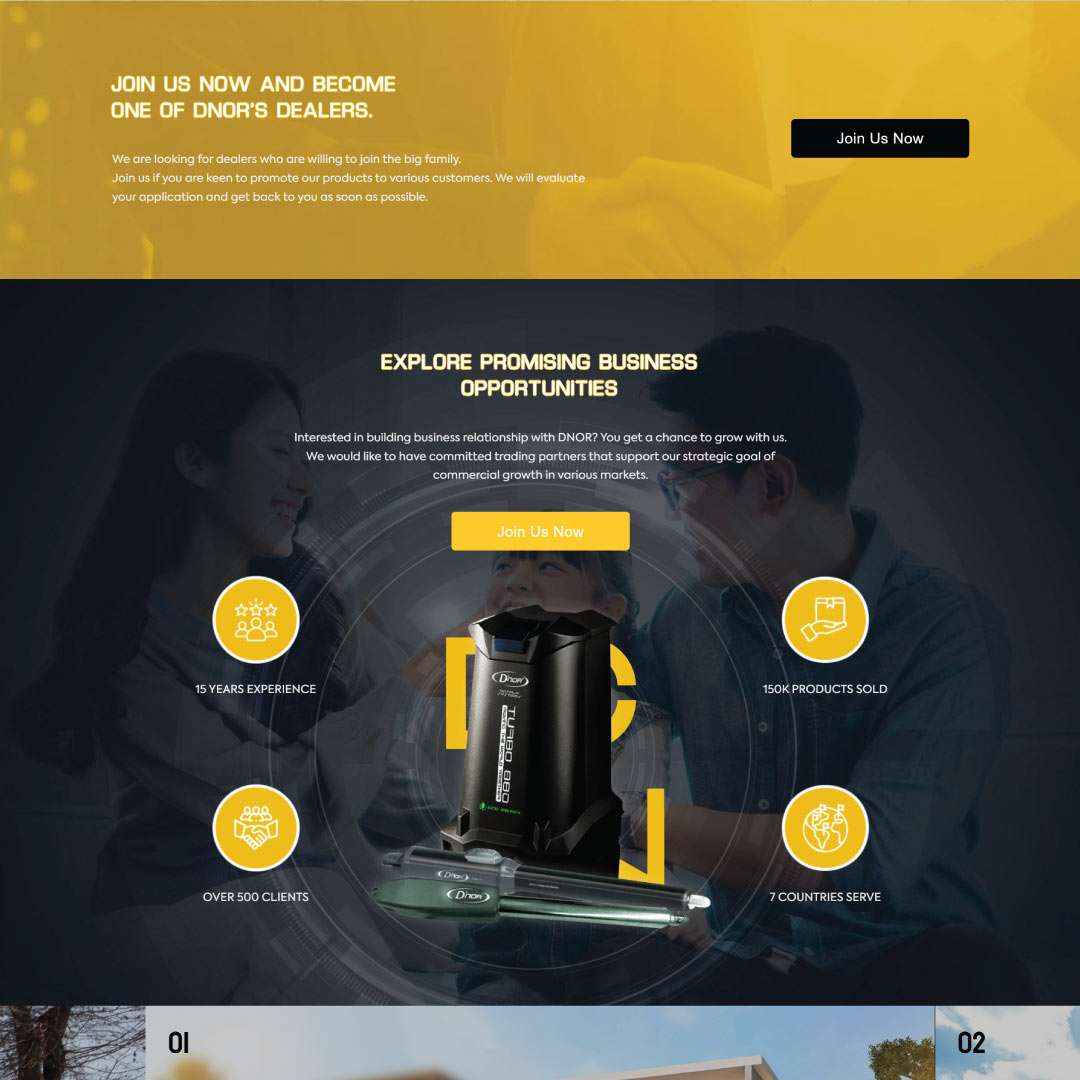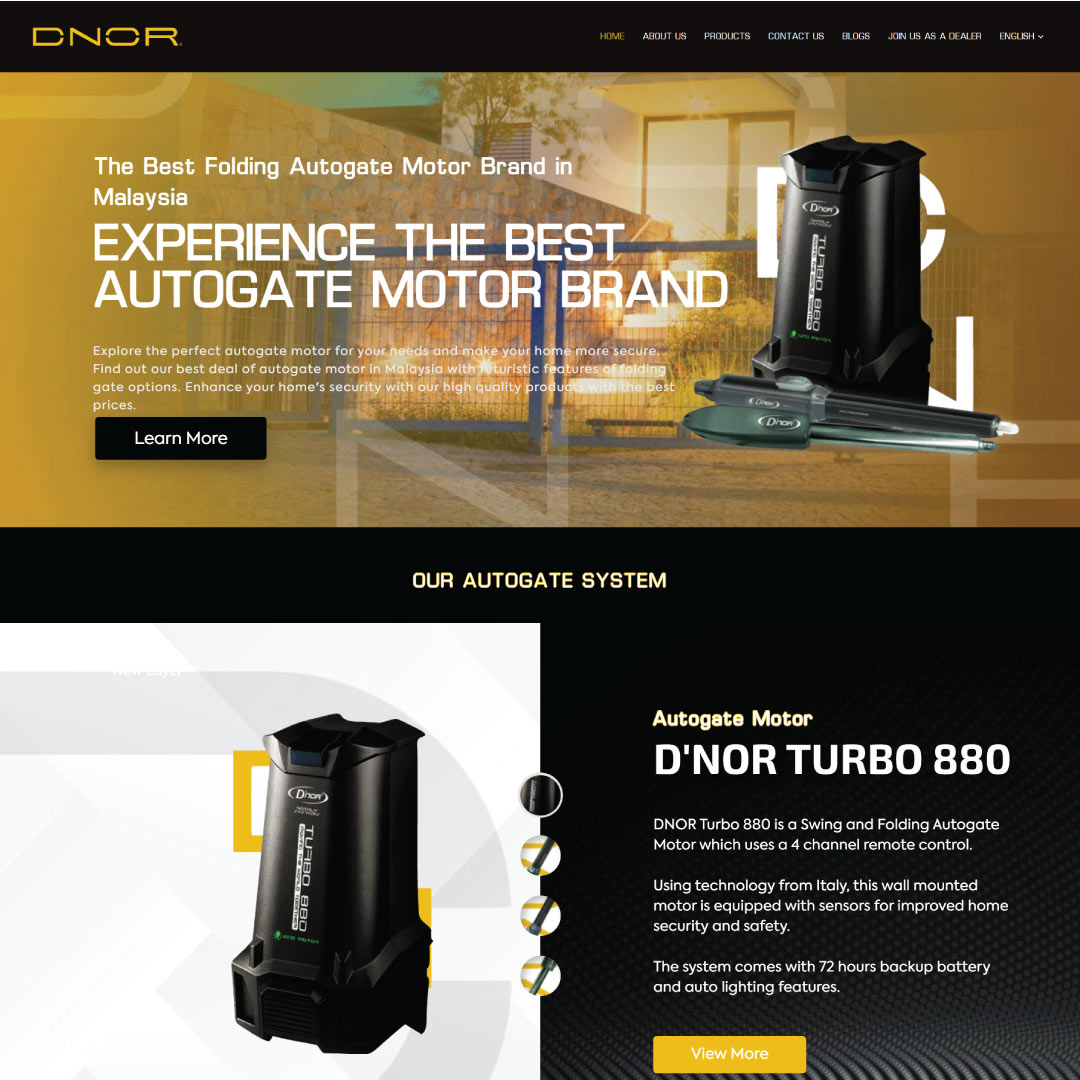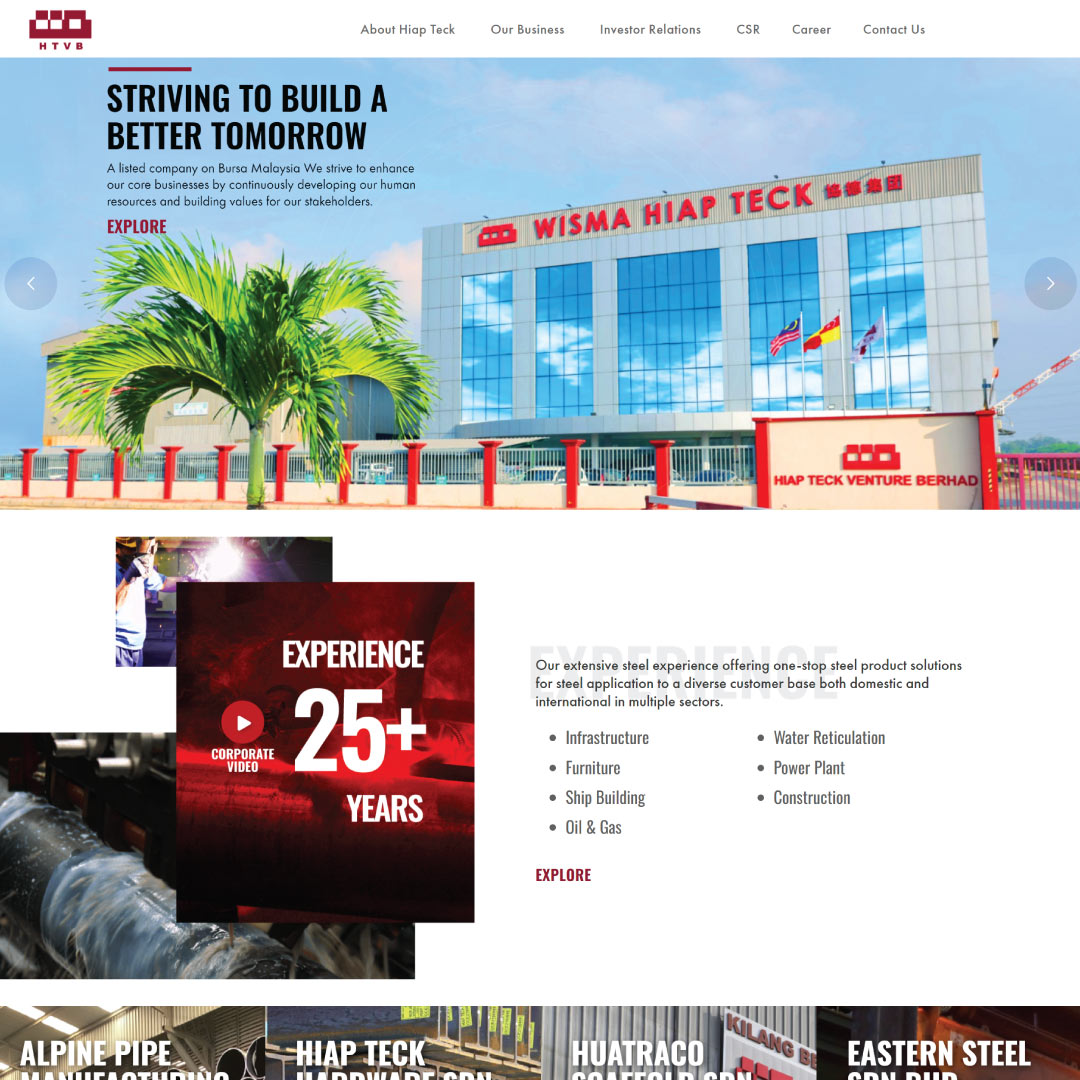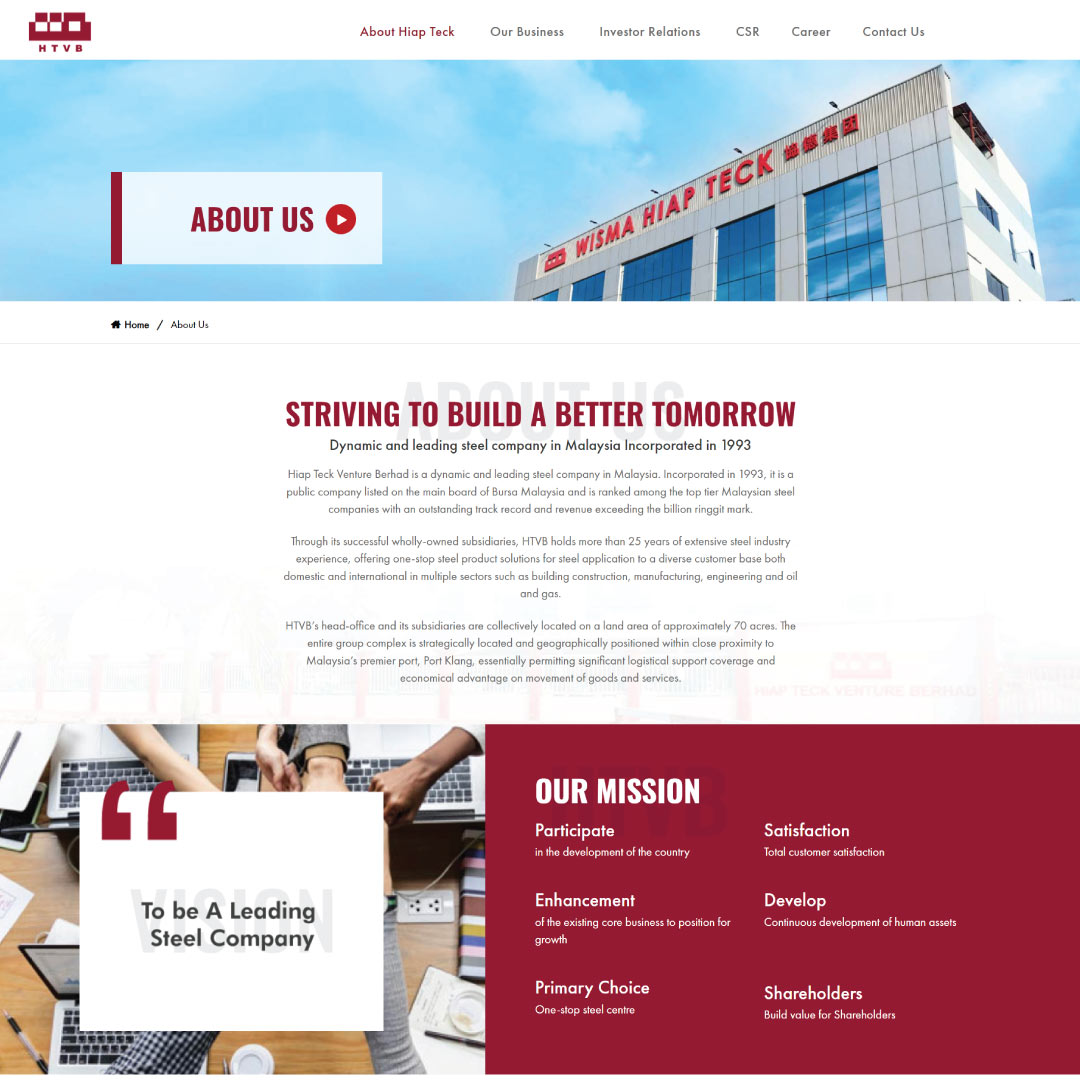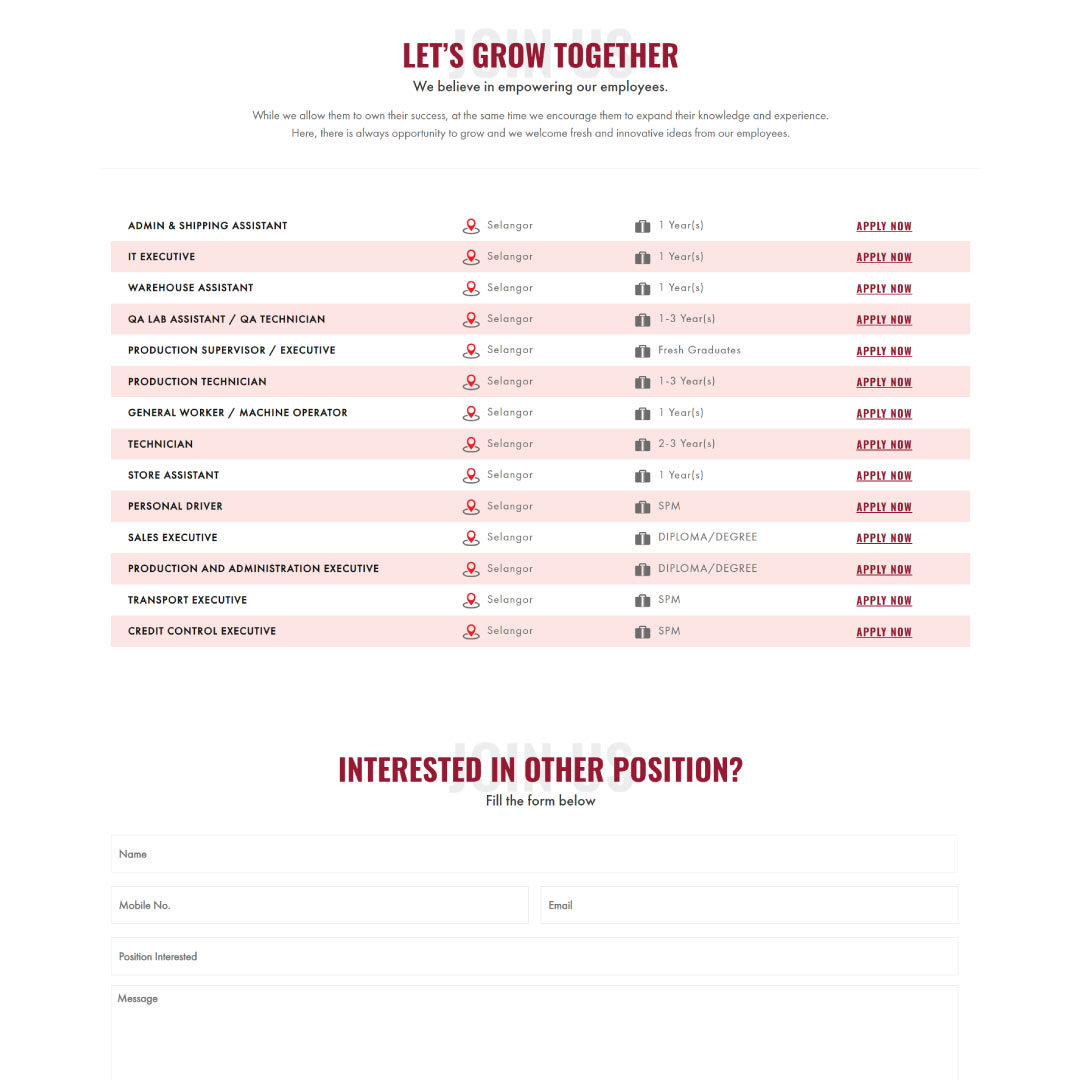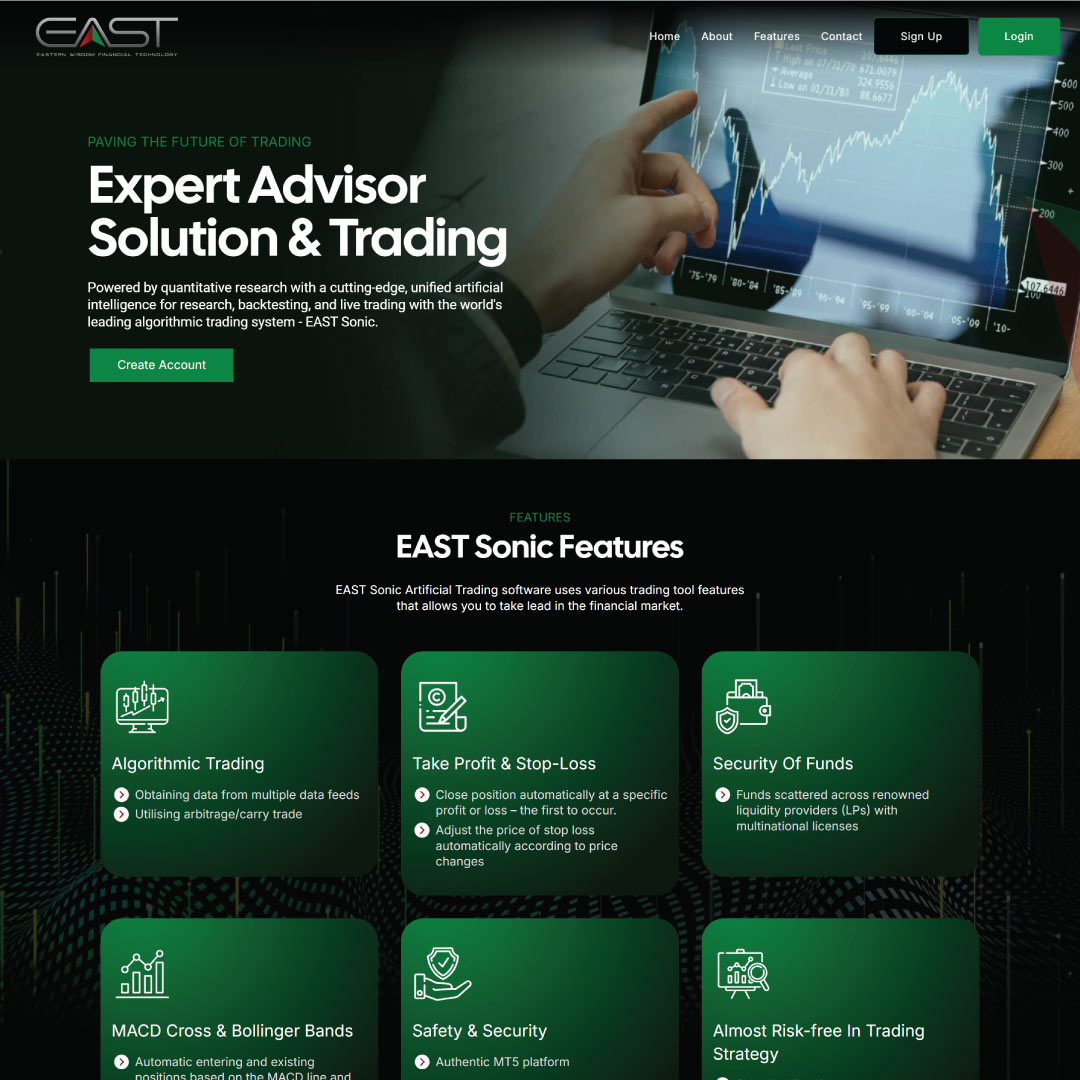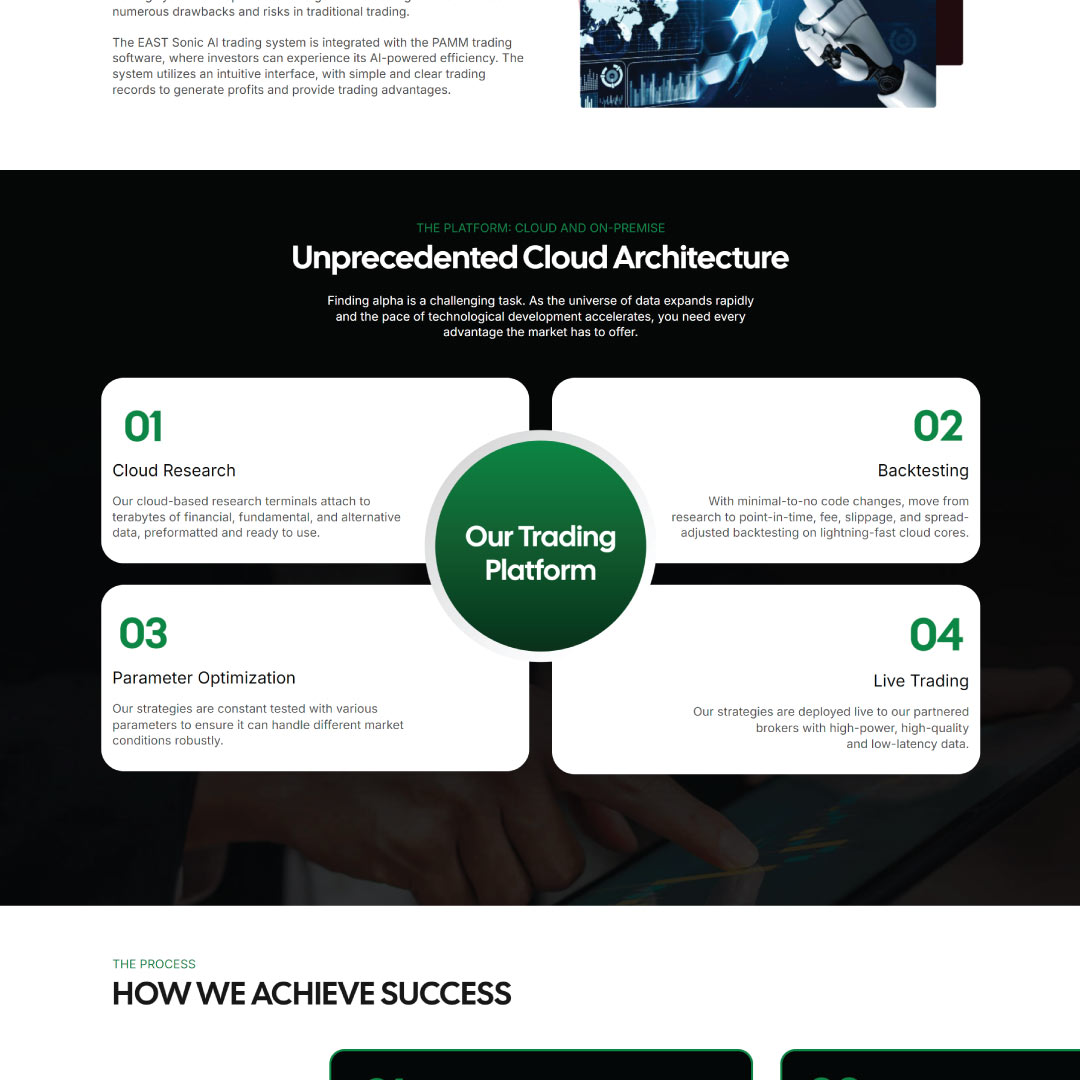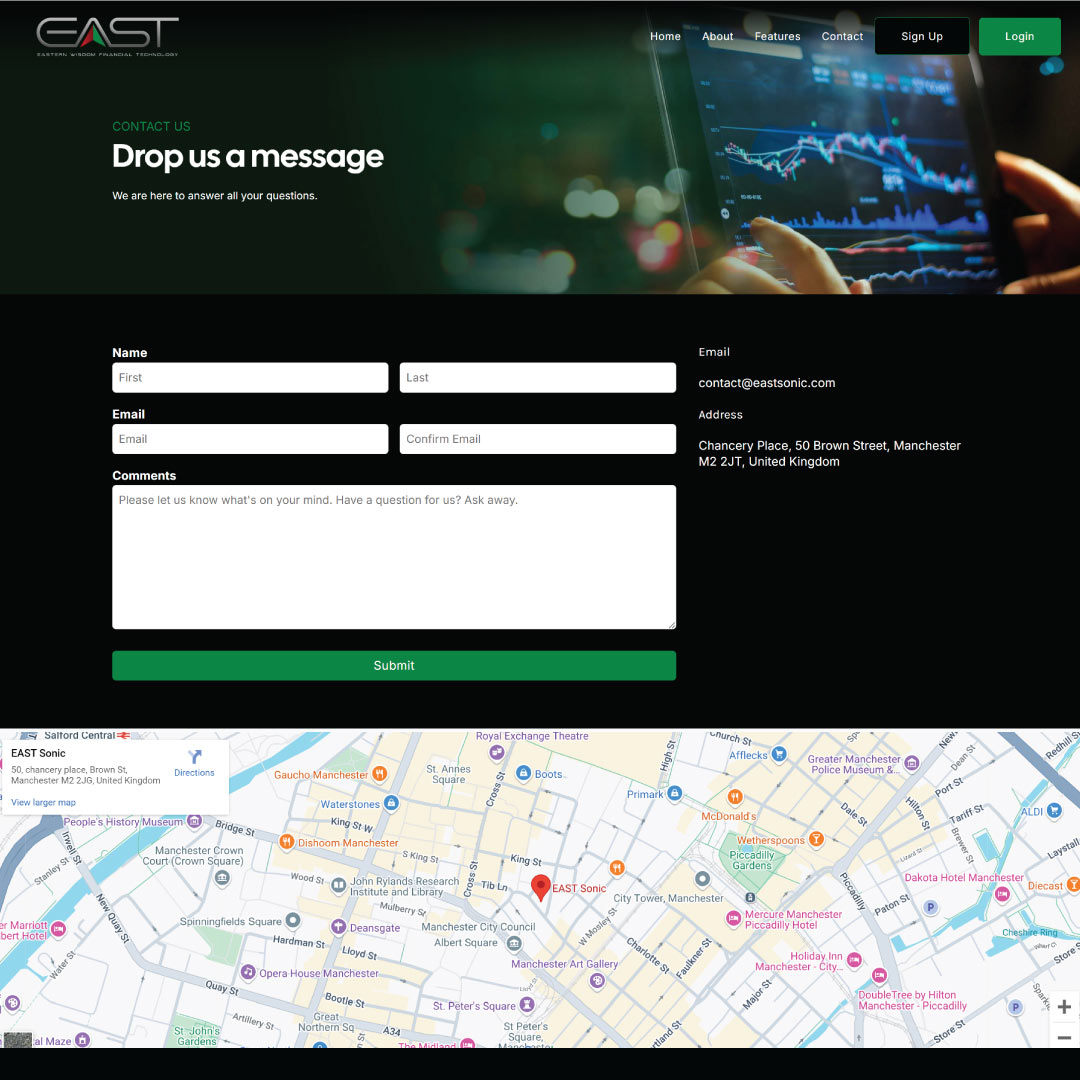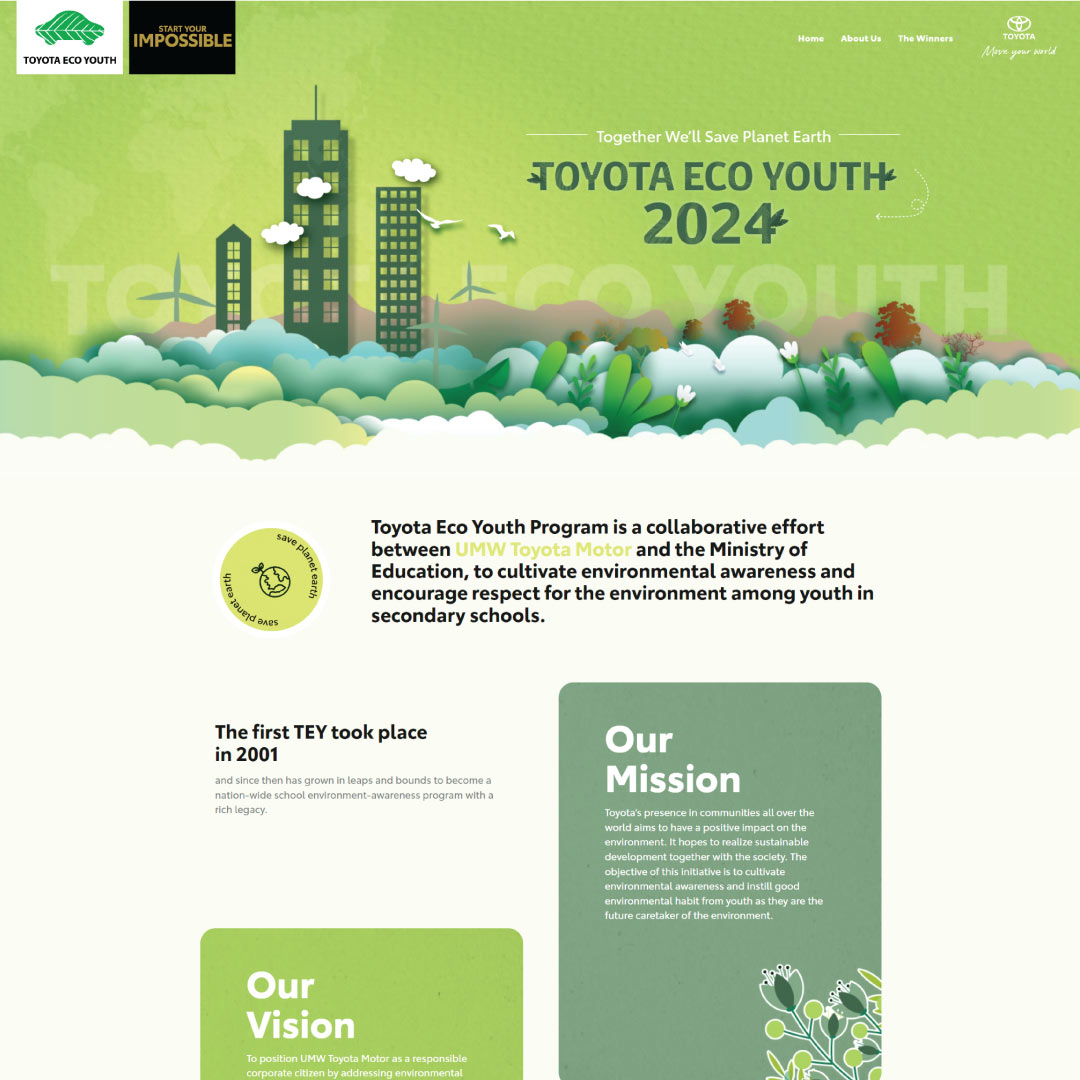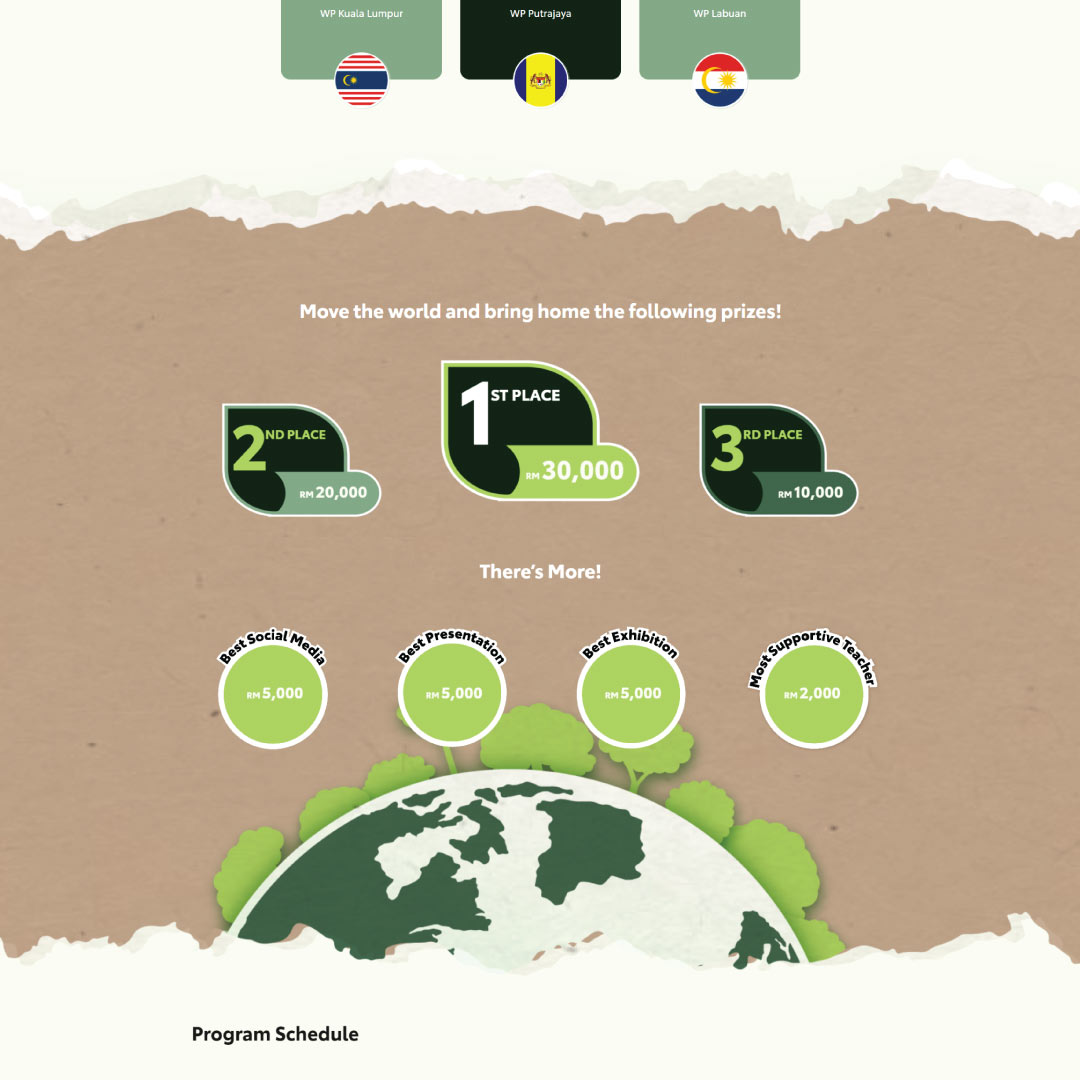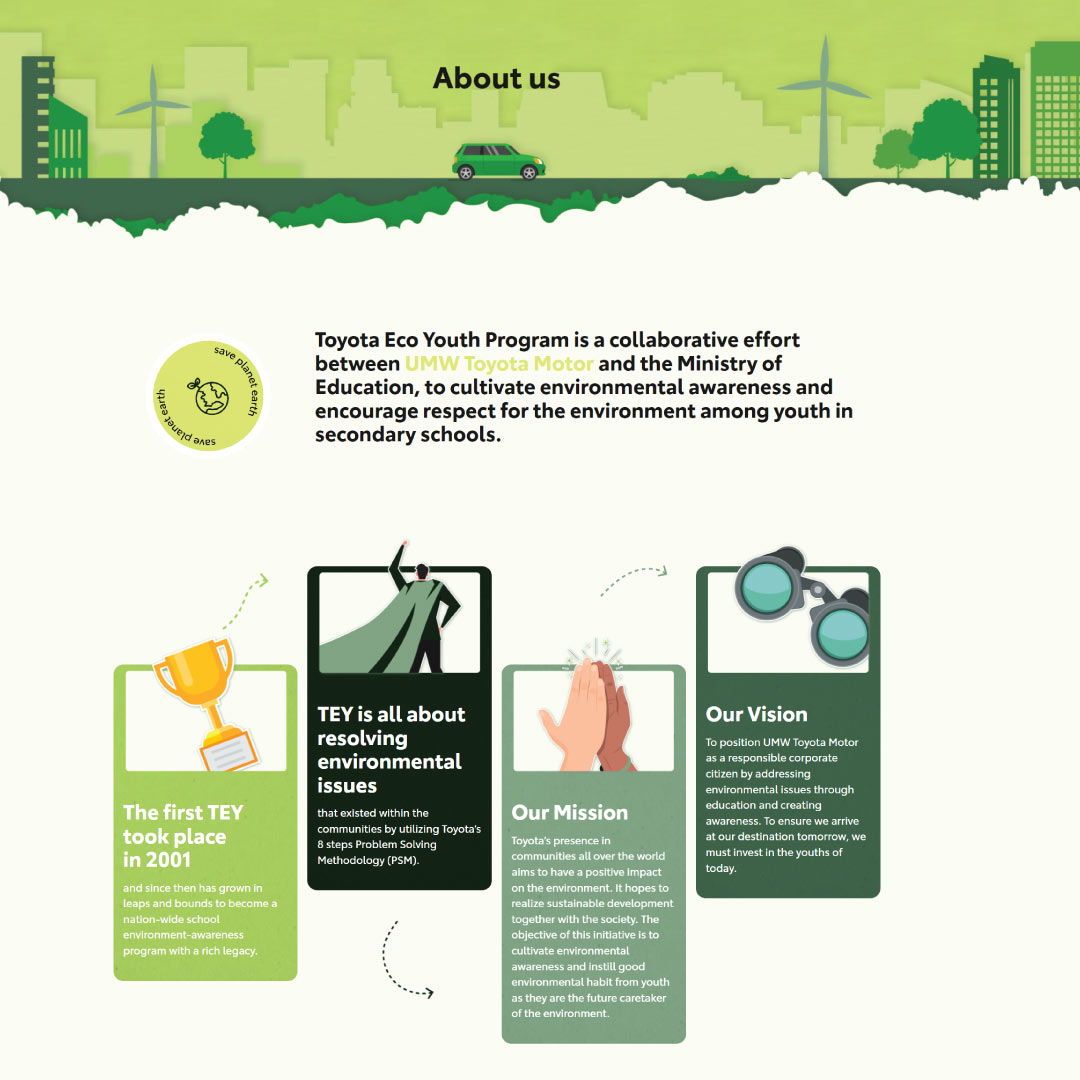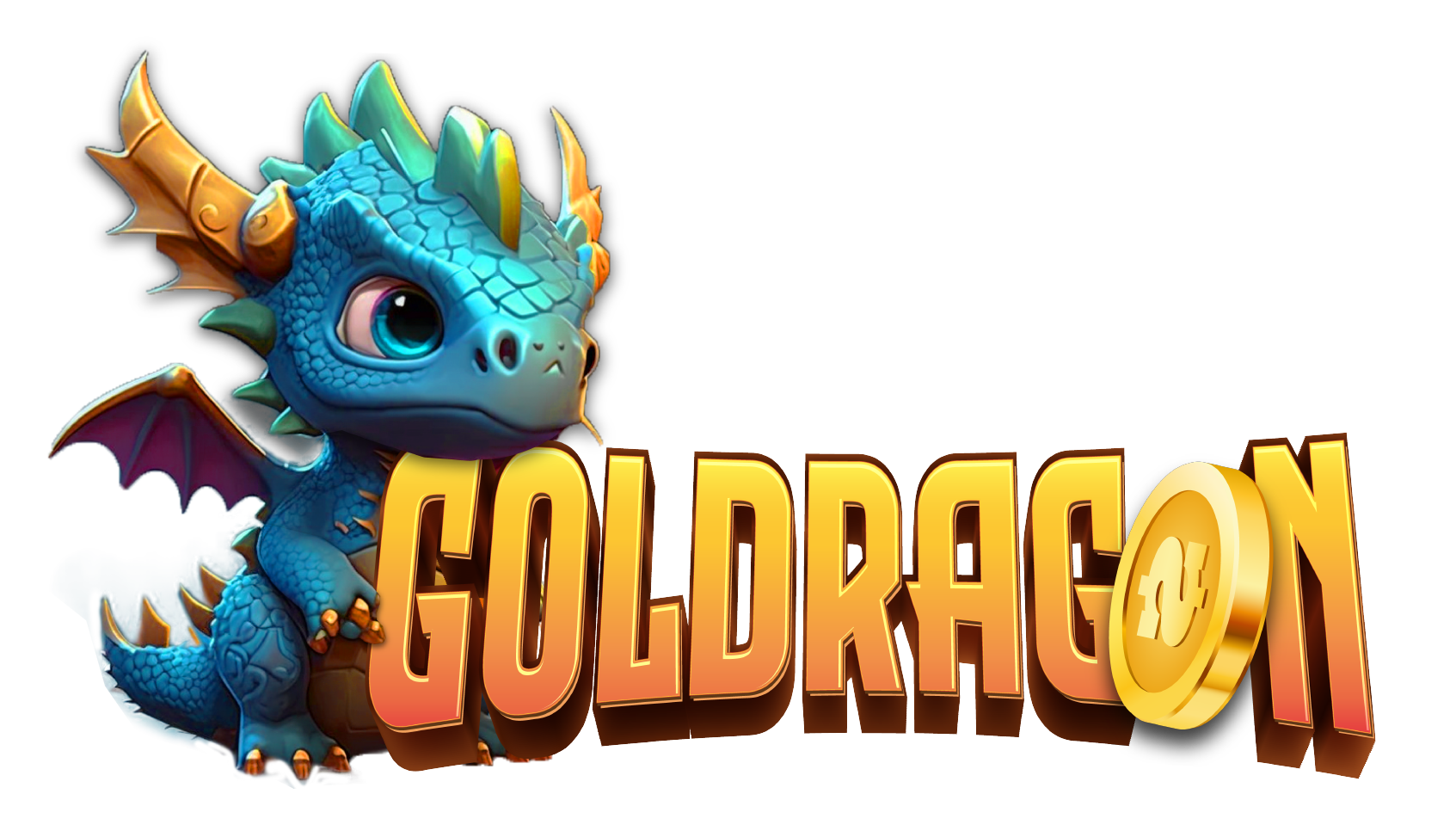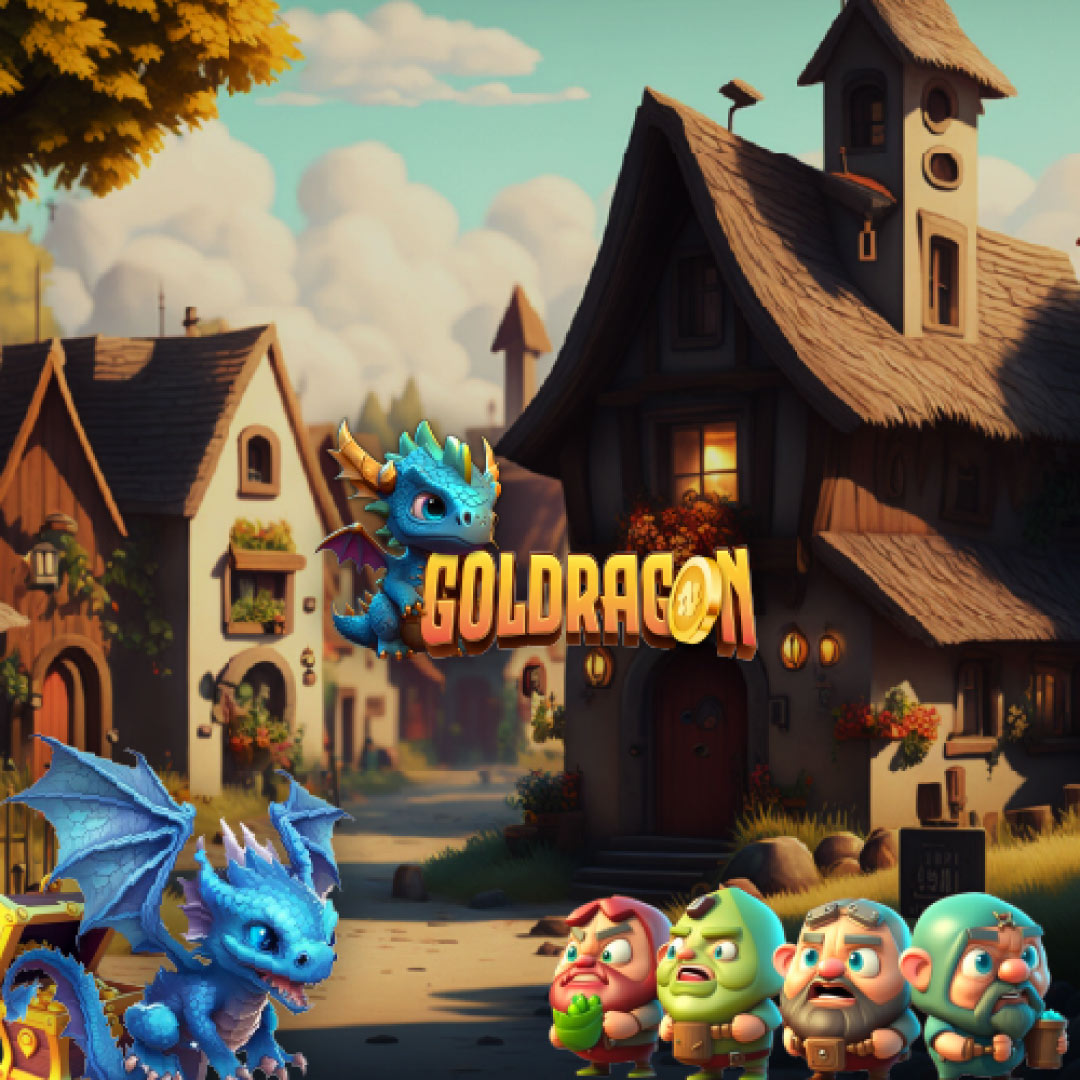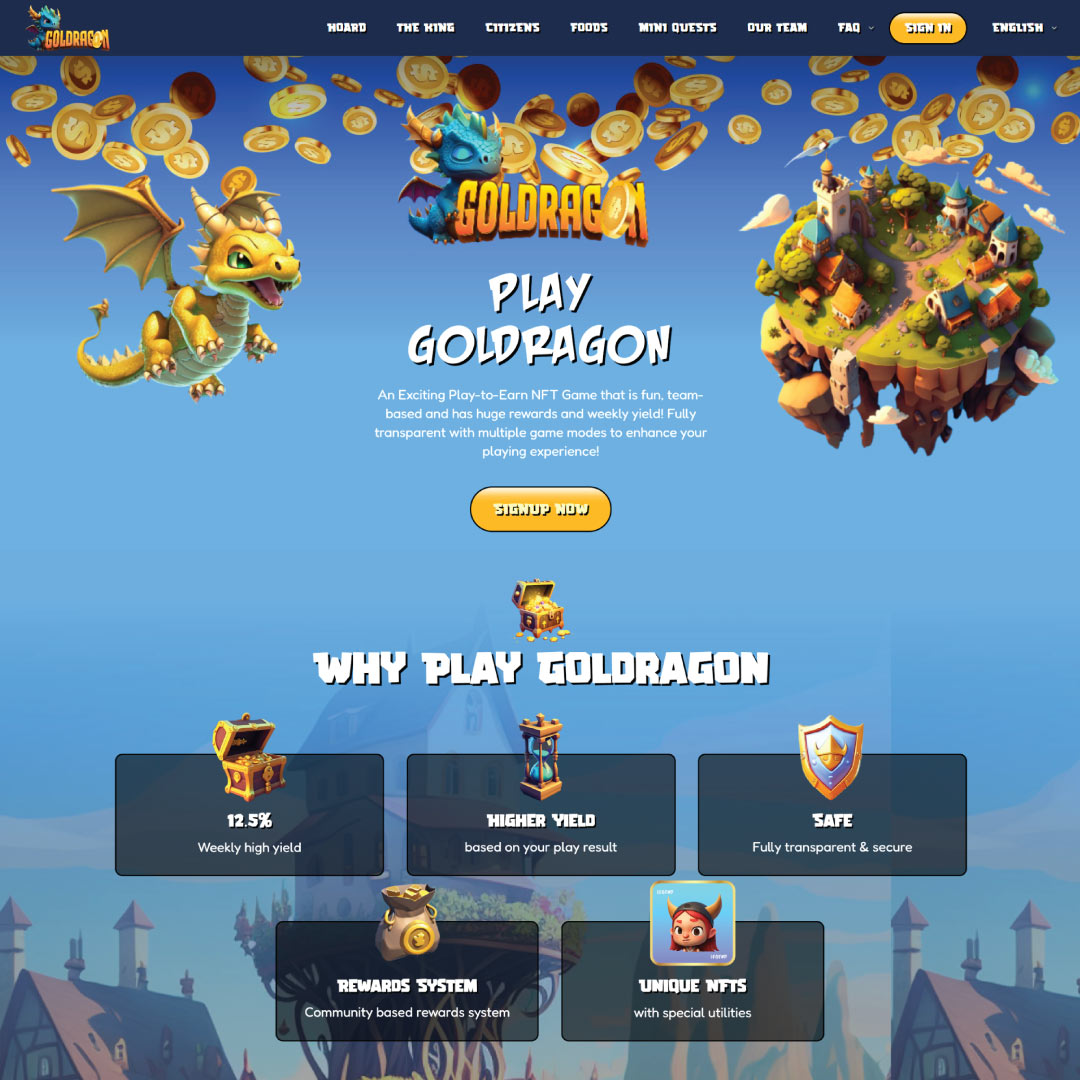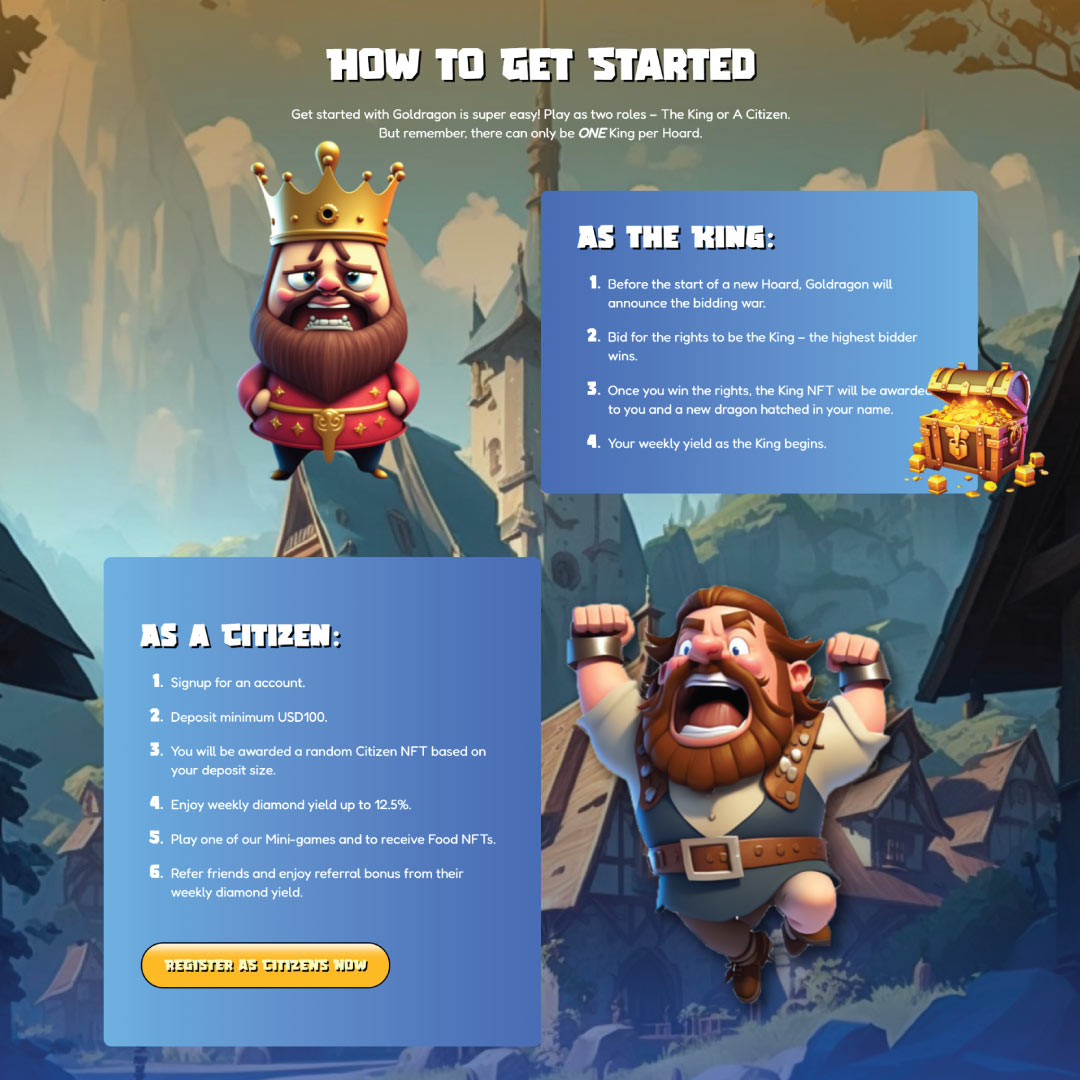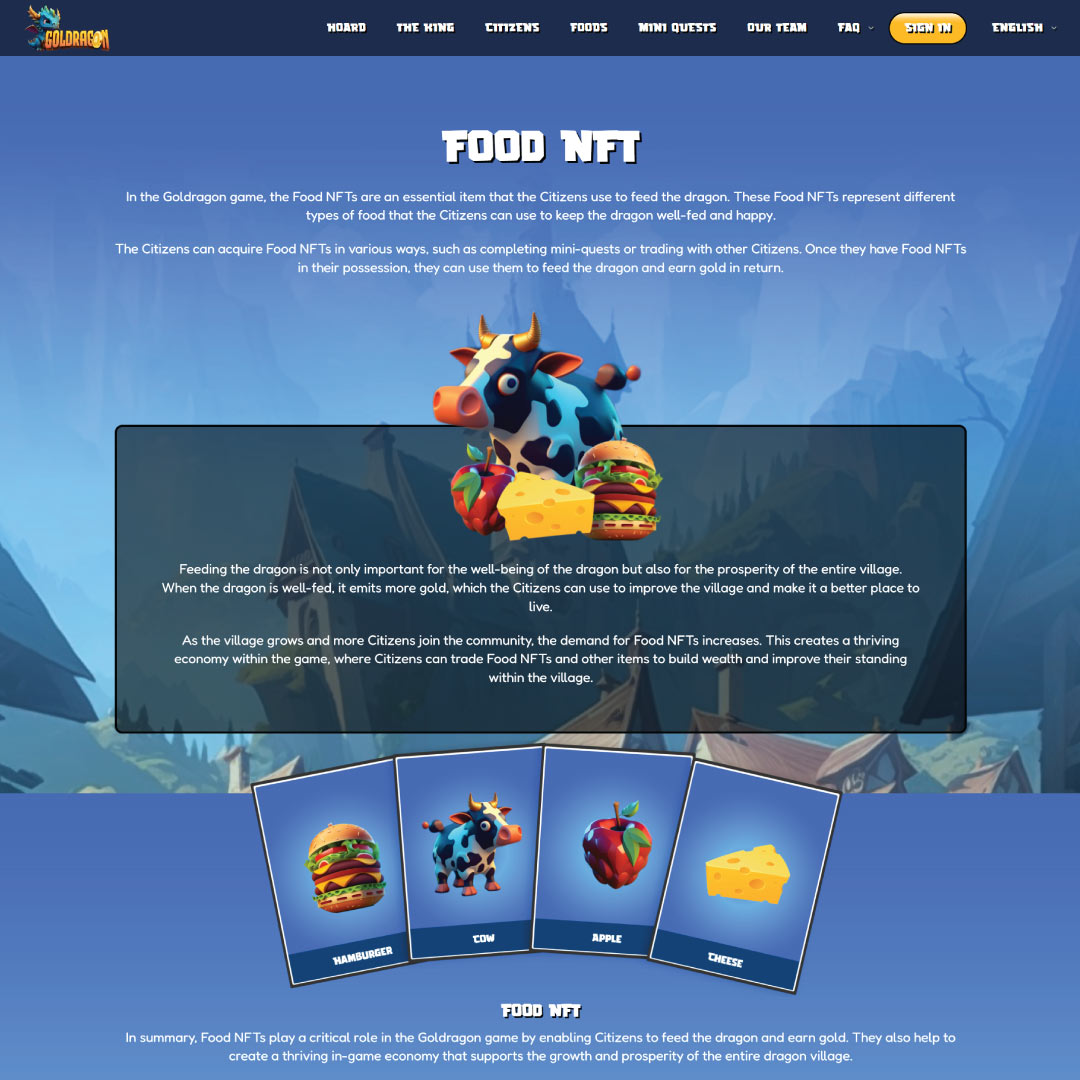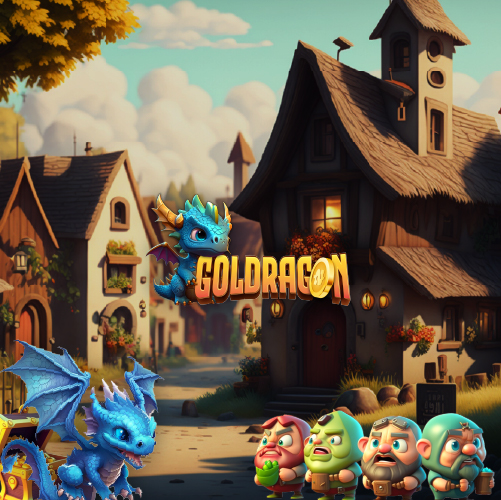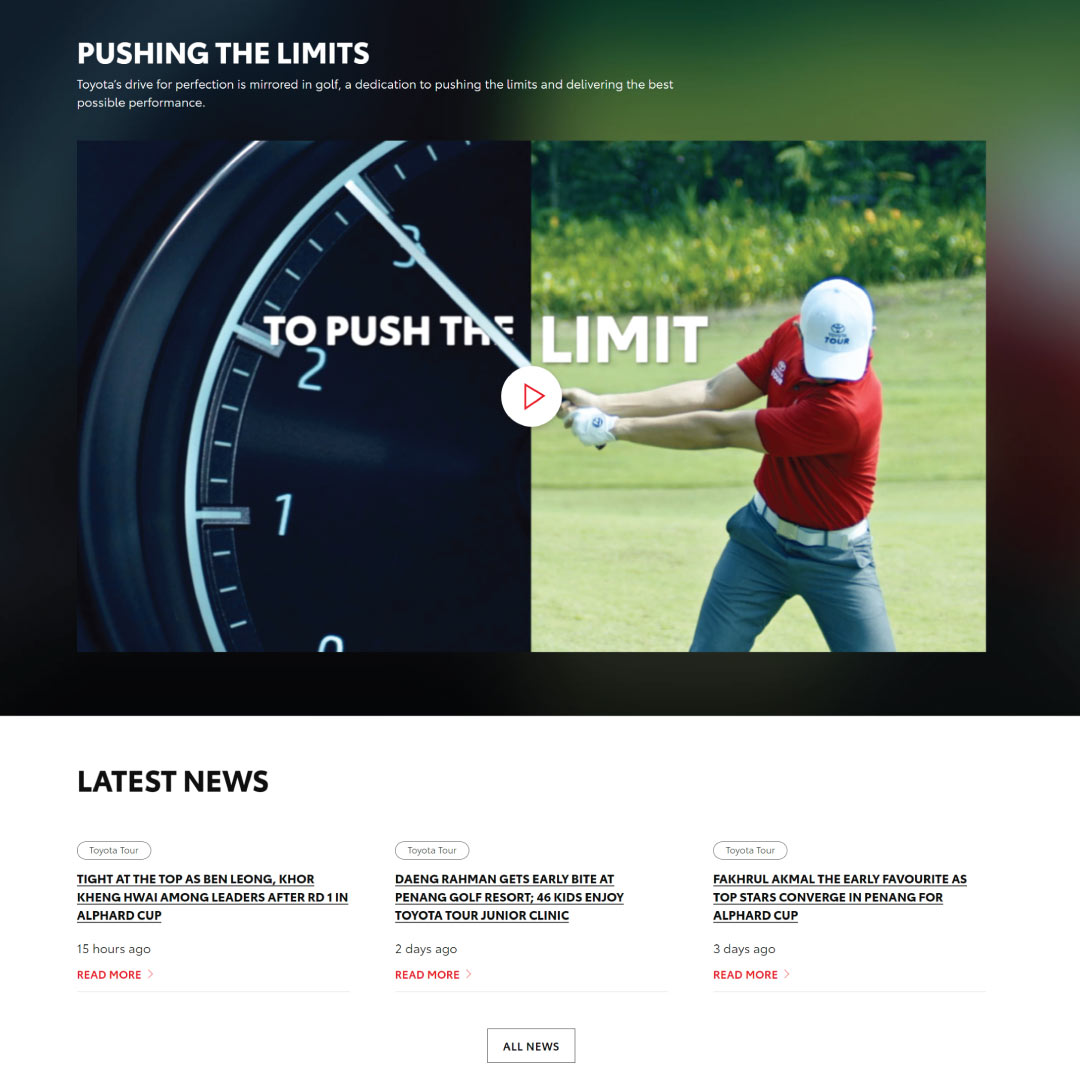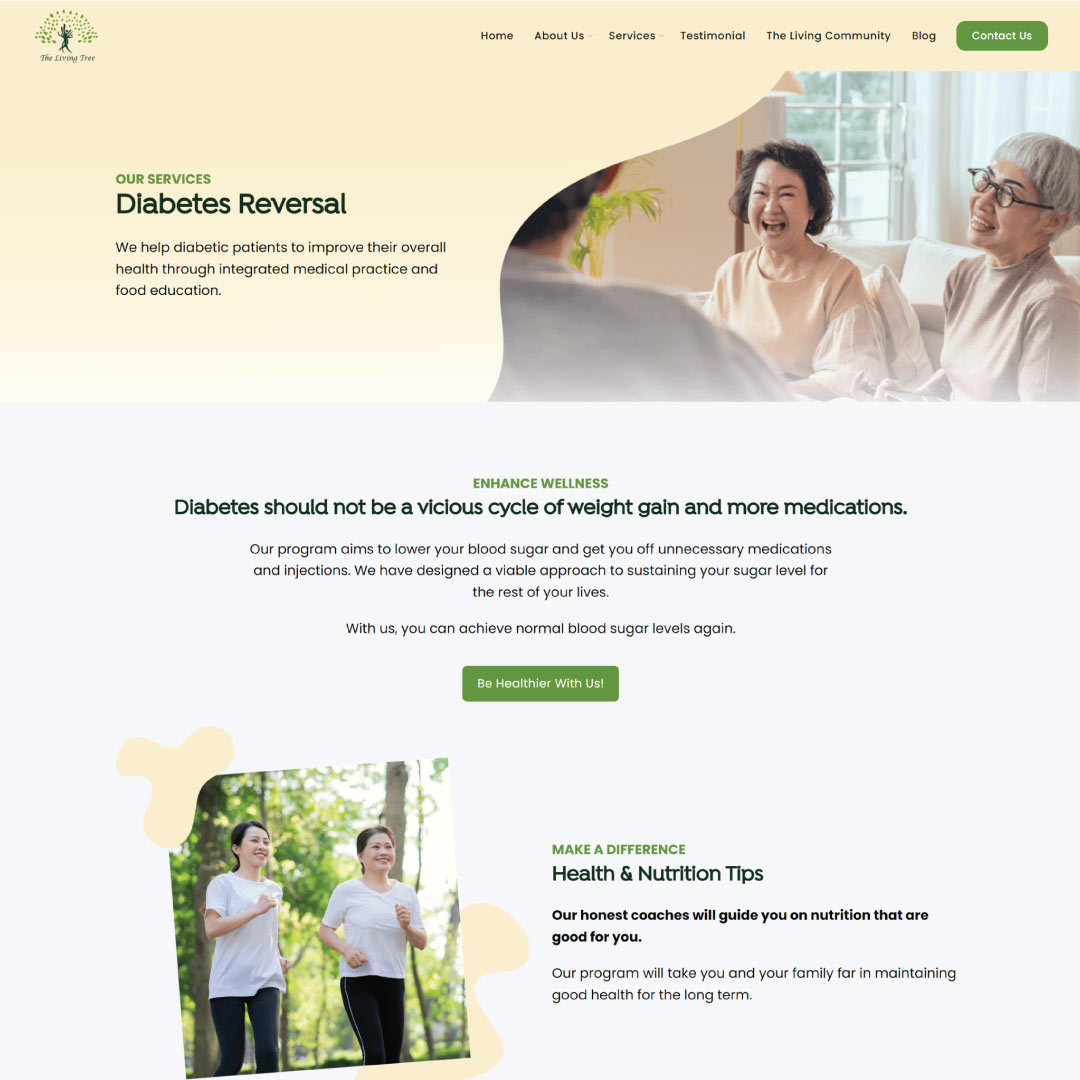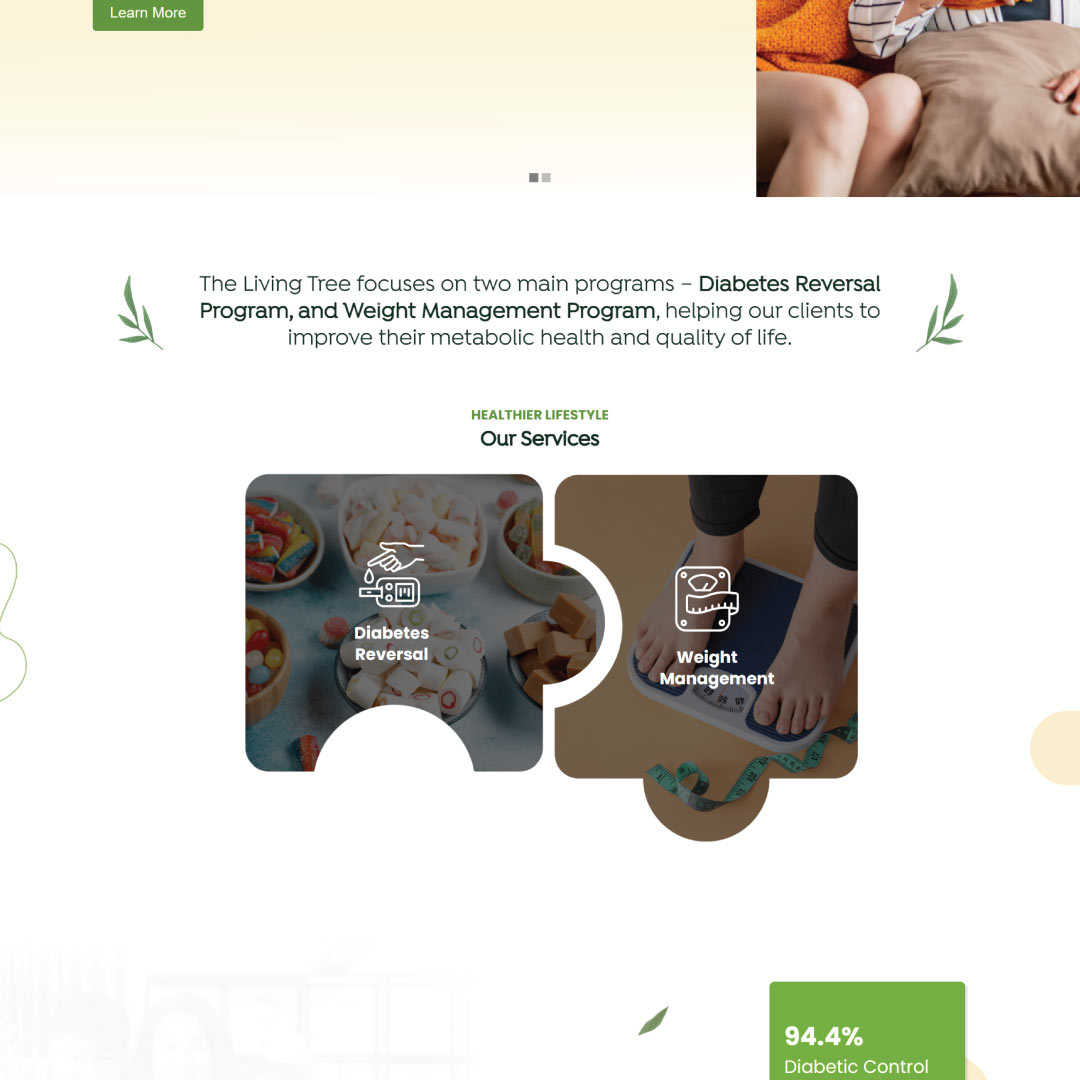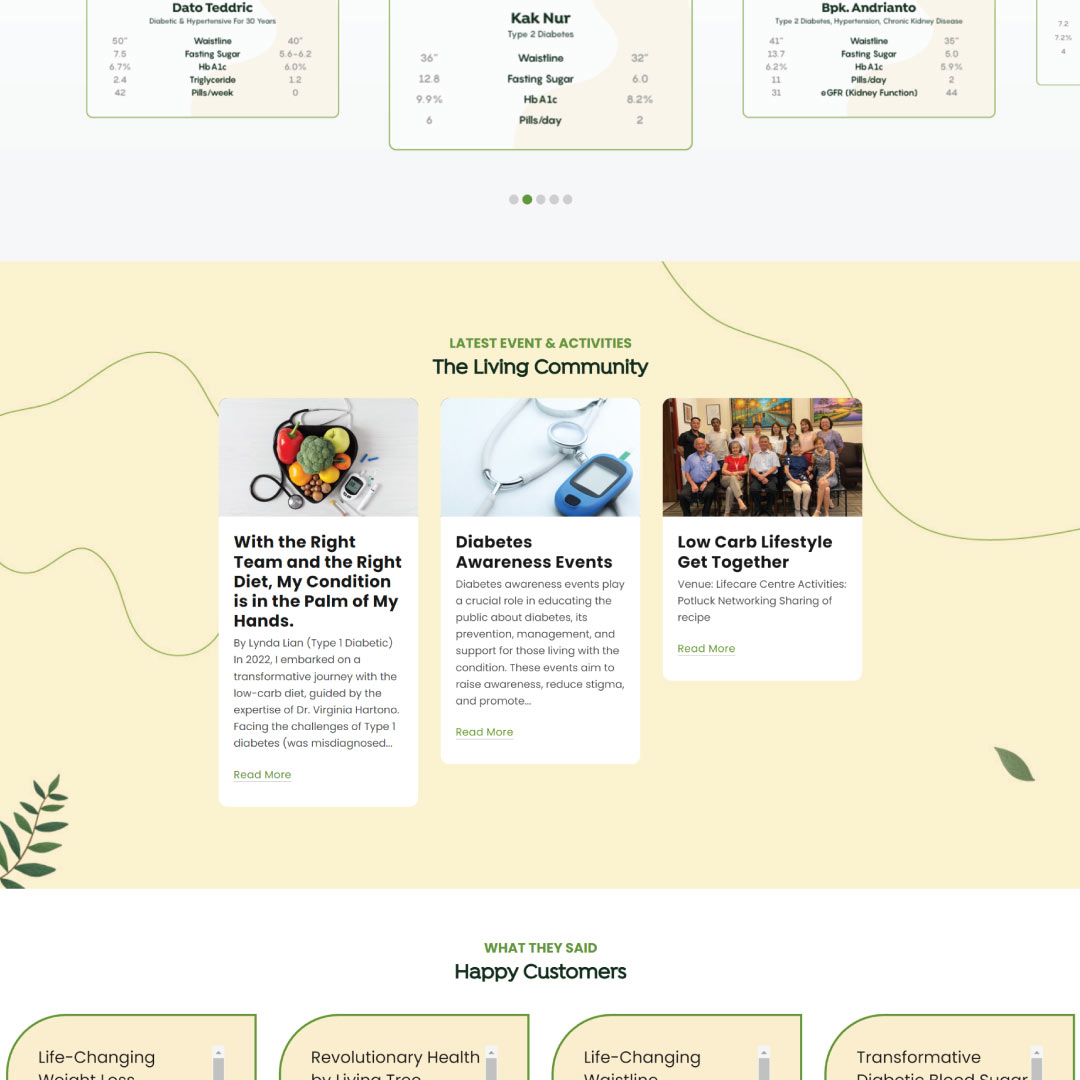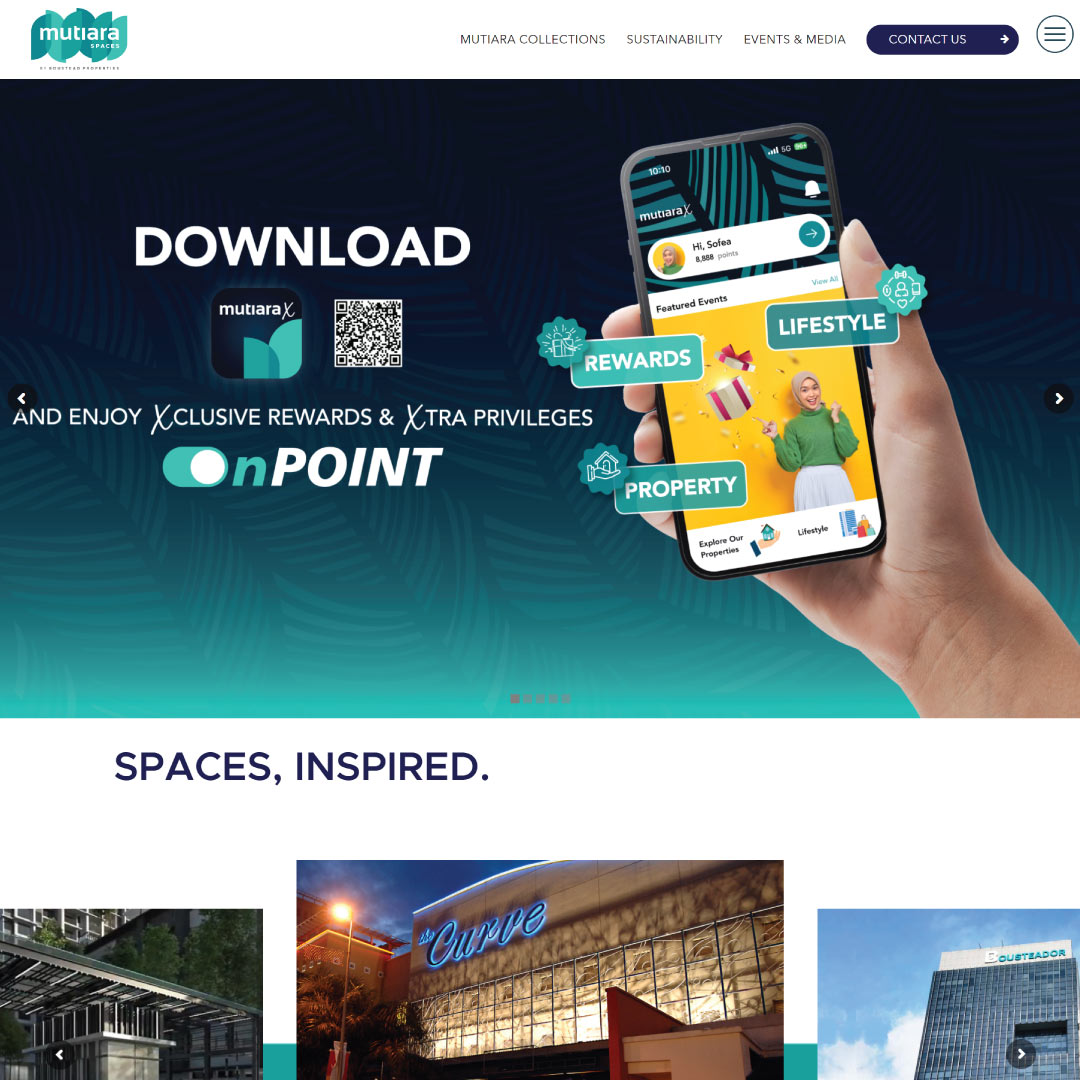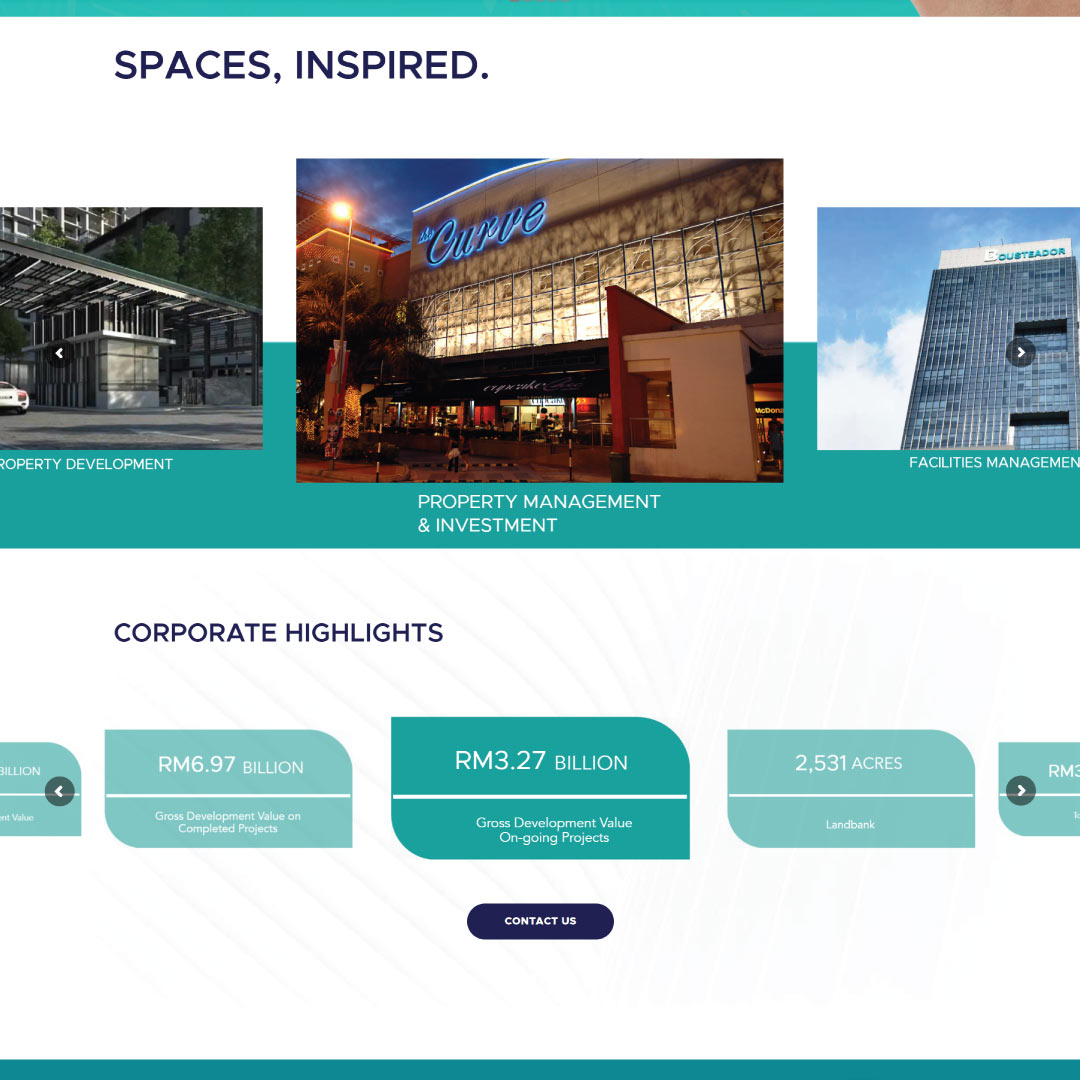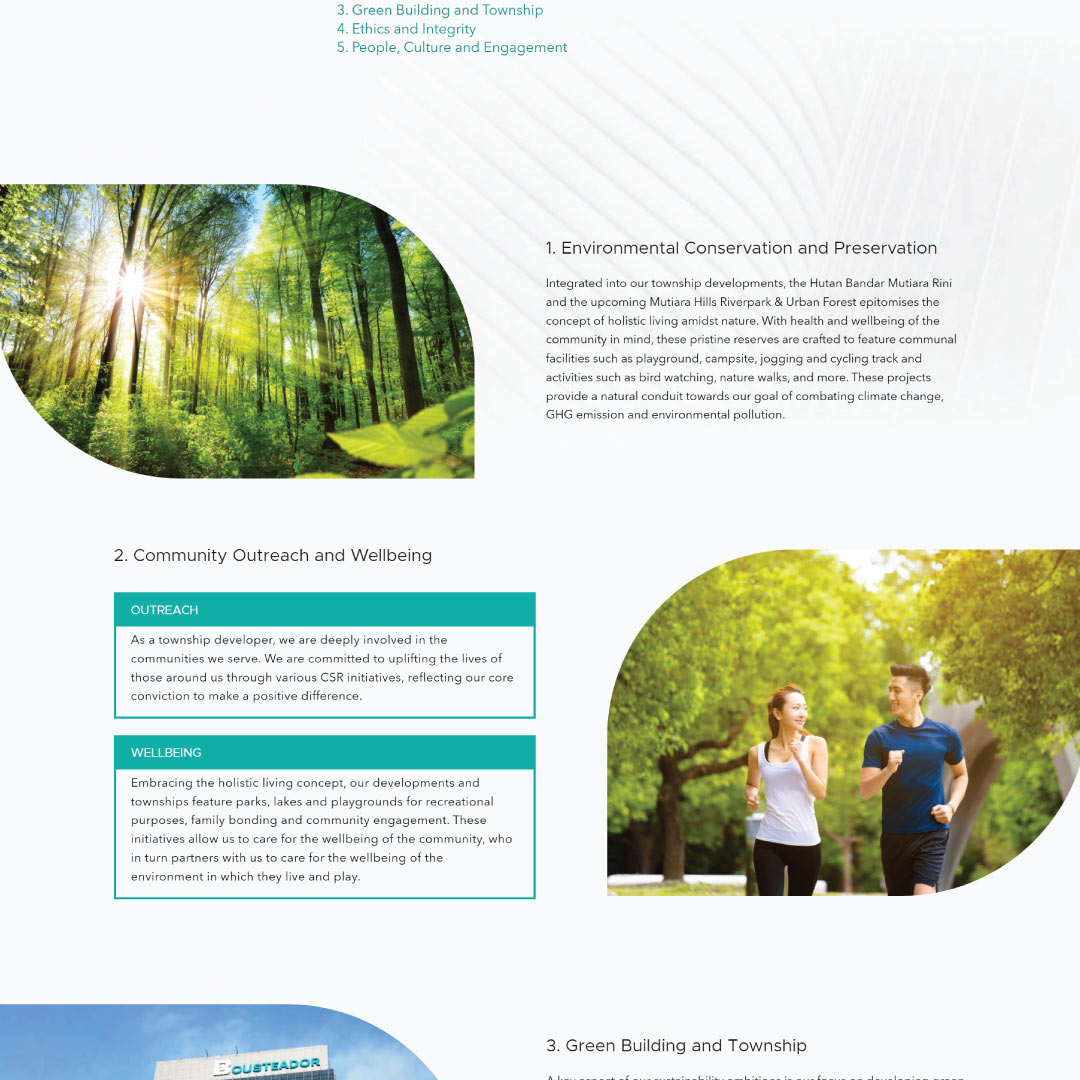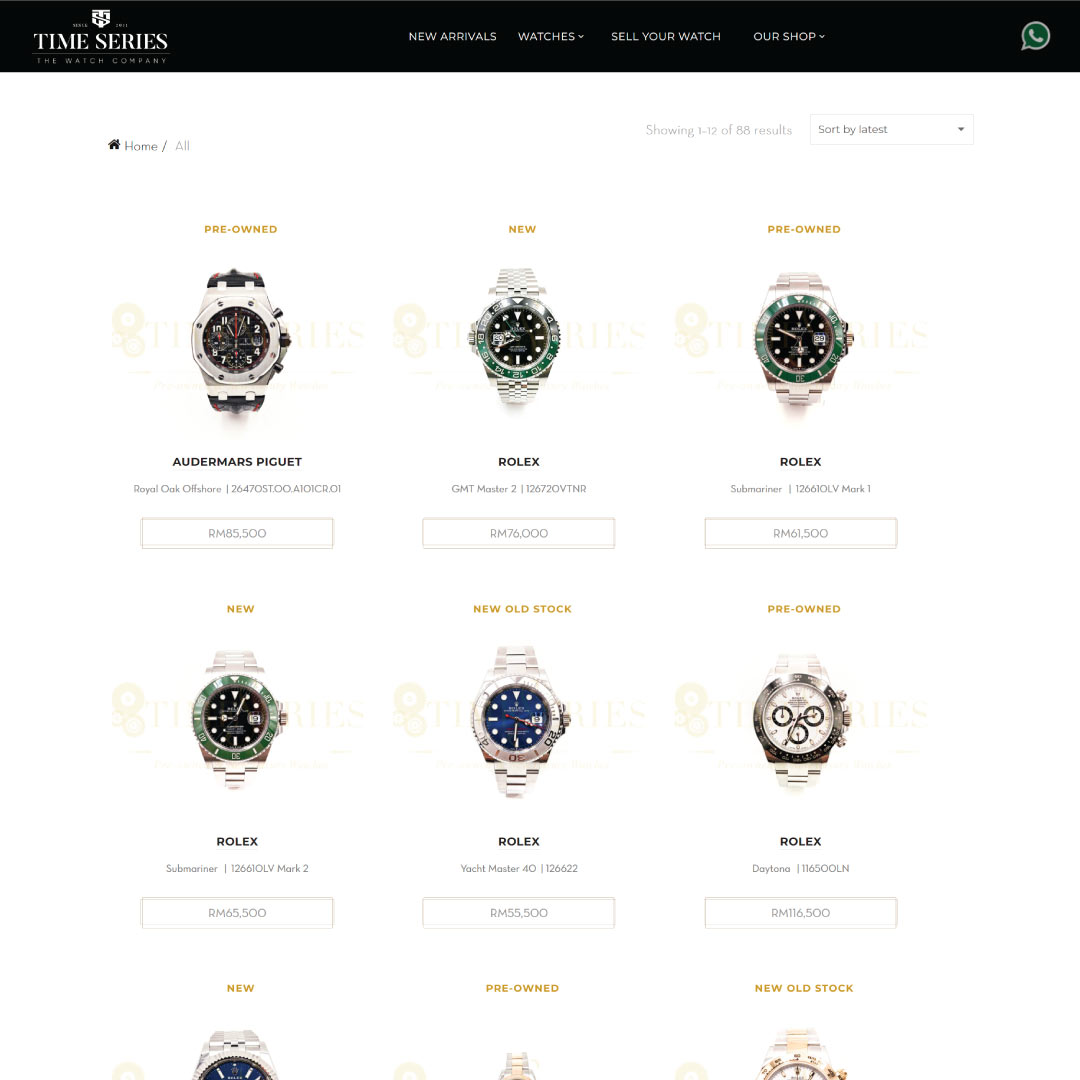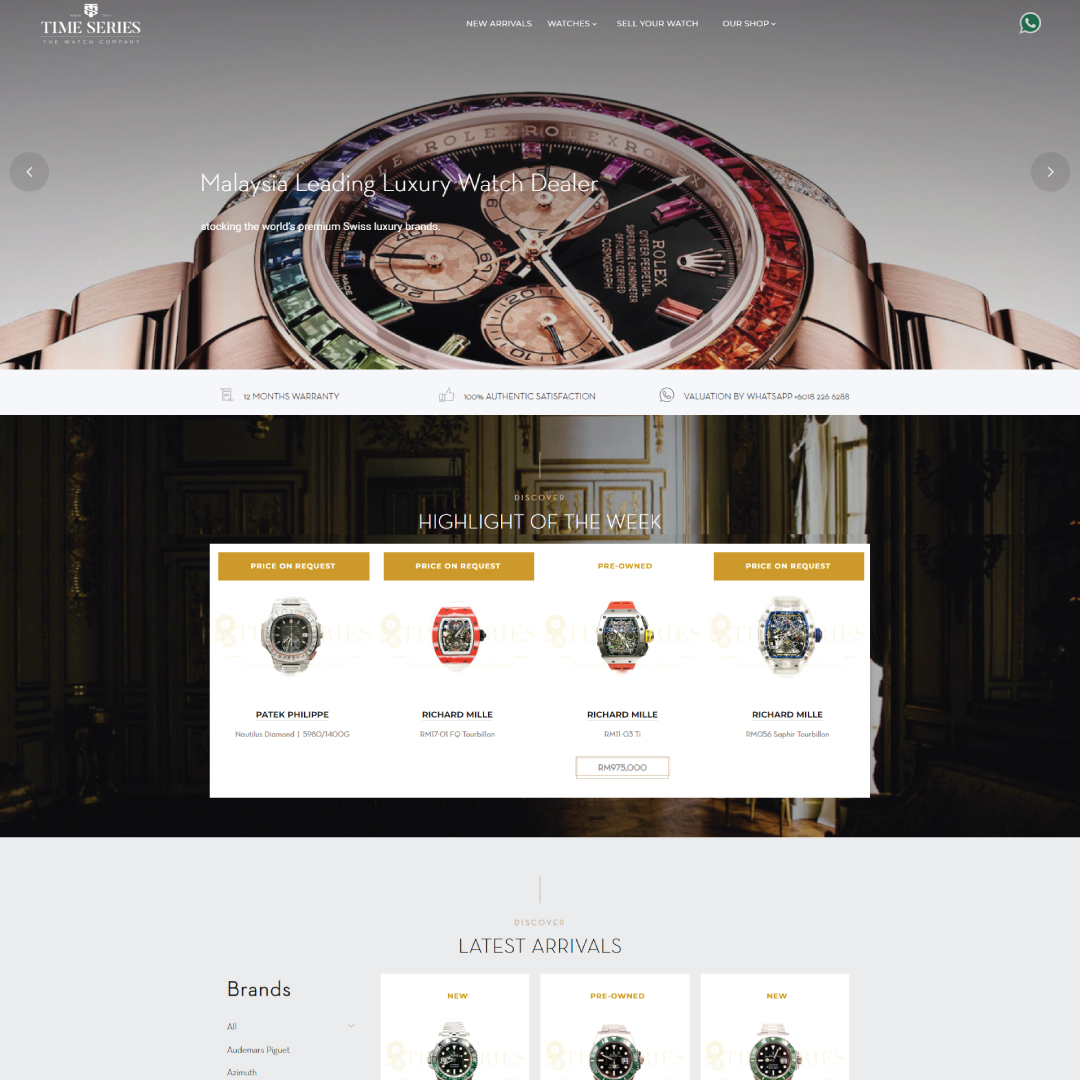The search engine optimization (SEO) world is complicated and always changing, but the basics can be easily grasped. Even a small amount of knowledge can make a significant difference. When you google ‘SEO’, about 800 million search results will come up. I don’t know about you but that is a lot. Hence, why, in this article, we are going to focus on the basic SEO tips and tricks for beginners that can help you make your website to be more visible and ranked higher in Google search.
SEO Tips and Tricks #1: Keywords
Using the proper keyword is important in SEO. How to use the correct keyword you ask? Simple. Your keywords have to properly define your blog content.
However, you also need to consider what kind of keywords would your potential clients use when searching. You might be ranked number one for a particular keyword, but you’ll probably wind up with no people visiting your page if no one is searching for the said keywords.
What you need to do here is to classify keywords with the same meaning to them. For example, you’re providing SEO services, so we can group the keywords as:
- marketing SEO services
- SEO service company
- local SEO services
There are a lot of keywords research tools that you can use to help you search for keywords. Suggestions for keywords research tools are keywordtool.io and wordtracker.com.
SEO Tips and Tricks #2: Page Title & Meta Description Optimization
The next tip is the page title and meta description optimization. Optimizing your page title and meta description is important for your website’s SEO ranking. Note that the HTML < title > feature is at the backend editing and is editable in the control panel (CMS) of your website or in your SEO plugin.
If this is your first time, here’s what it looks like:

The page title and meta description example
Page title:
- Unique page title
- Should be no more than 60 characters (with space)
- Targeted keywords in the title
If your title does not correlate with your keywords then chances for you to rank higher are lower. The page title needs to contain relevant keywords to your content and website. This will help search engines to identify the website and helps it to index your website according to these keywords.
Meta Description:
A meta description (green highlighted column) contains the summary of your website in the search results. Meta descriptions are usually up to 160 words and should be placed in the <head> tag of your page’s HTML.
A good meta description is vital because your meta description determines whether your website is worth visiting or not. Users and Google use your website’s meta description to understand the content of your webpage. You also want to use your keywords in the meta description to make it more relevant to readers that are skimming through the result pages of the search engine (SERP).
SEO Tips and Tricks #3: Linking
Linking is a vital factor to successful keyword visibility. However, linking is not always ideal. Links can support and harm your search engine exposure.
There are 2 types of links, outbound, and internal links. First of all, outbound links. Outbound linking are links on your website that can direct users to other websites.
If you link in your content to other domains it will help search engines to understand the content of your page. Getting more relevant and high-quality outbound links on your website will improve your rank by making search engines identify your website as trustworthy and of high quality.
A way for you to get quality linking is by offering to write reviews for the companies that you are working with. Through your social media, your website developers are all the sites that you can use to help set up a suitable link.
SEO Tips and Tricks #4: Social Media
Promoting through social media, as you know, is very effective. Especially when you already have a large number of followers.
Sure, social media does not benefit your SEO ranking but with social media, it can get you more visibility and traffic for your website and indirectly cause a boost for your rankings. Social media may not have a direct factor in improving your website’s SEO but it does help to get you the exposure you needed.
So, don’t just ignore your social media. These days social media can also act as an eCommerce website. Use your social media to its full potential by posting and spreading awareness of your product or services. You can also use your keywords as hashtags, link in your website to your bio or link your social media post to your own website for further details or inquiry. Promoting through social media is easy especially when you know the little tips and tricks.
